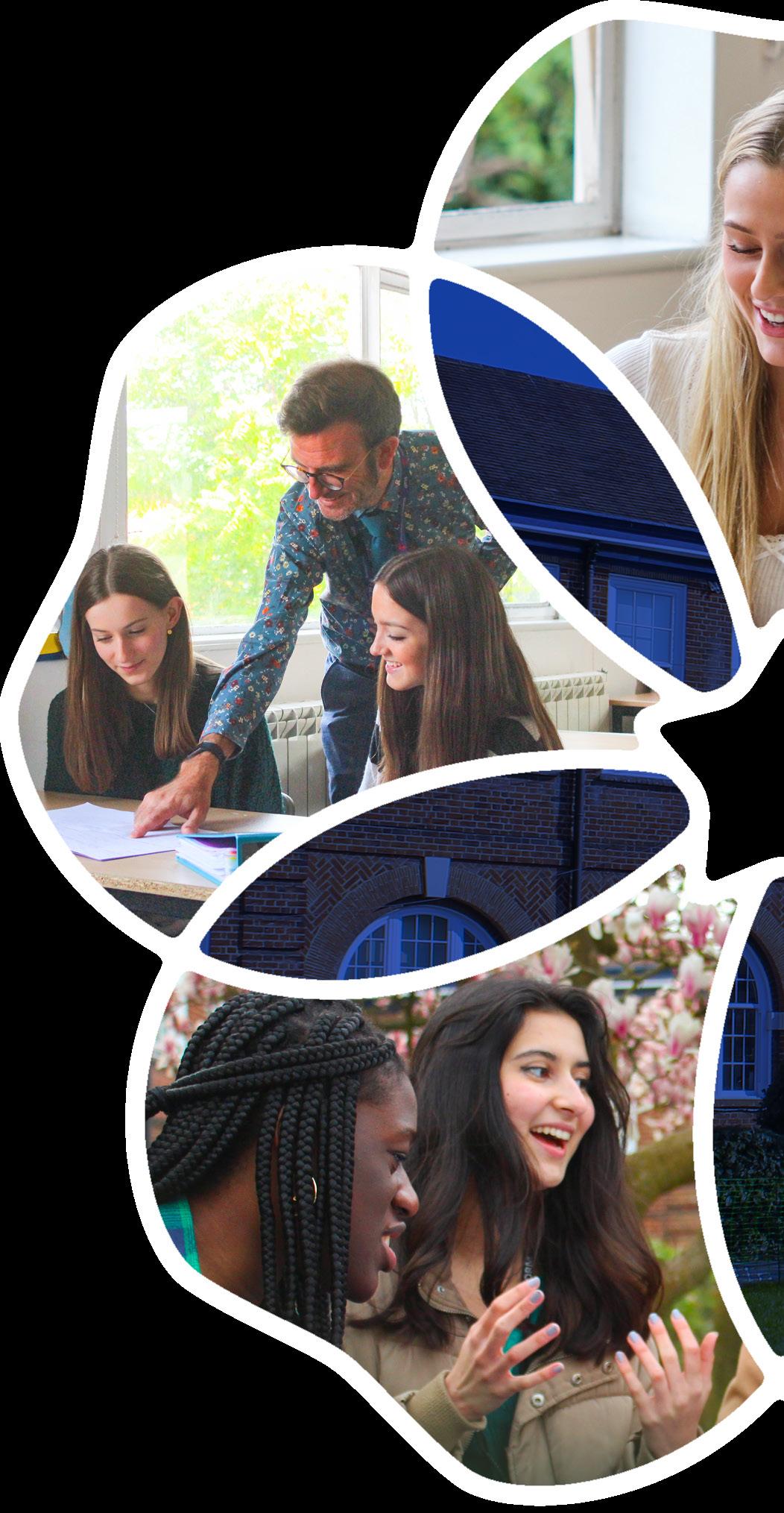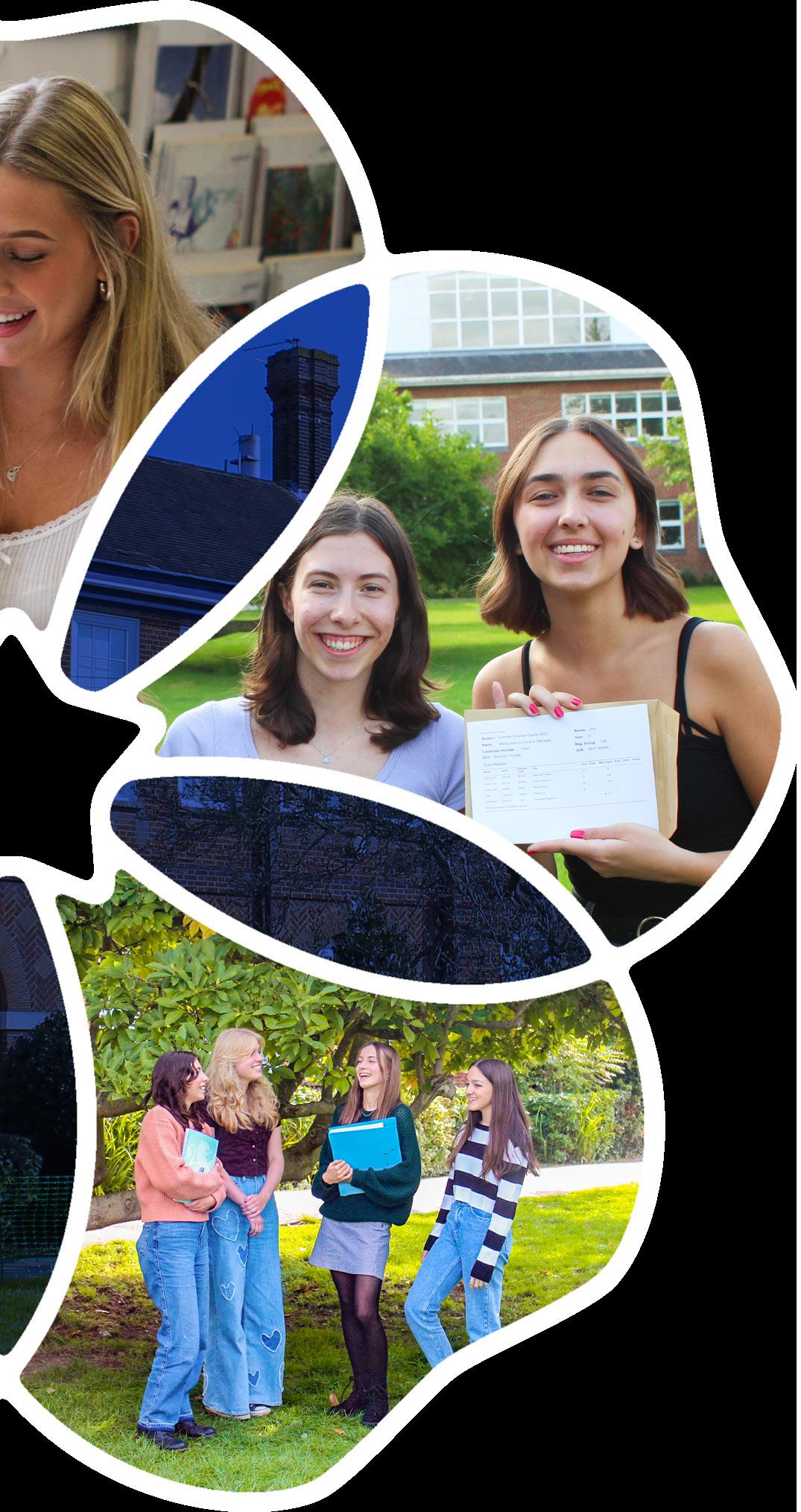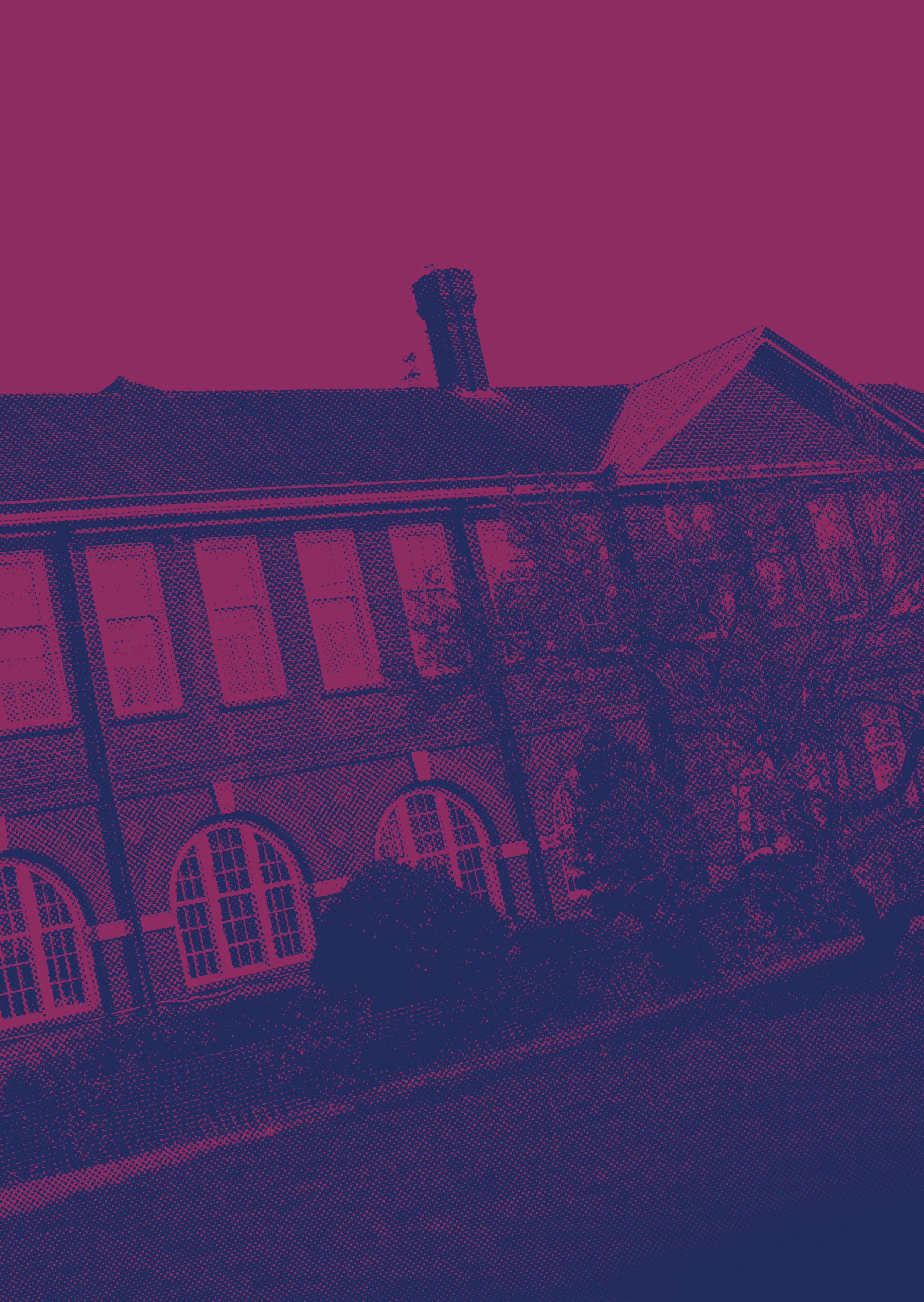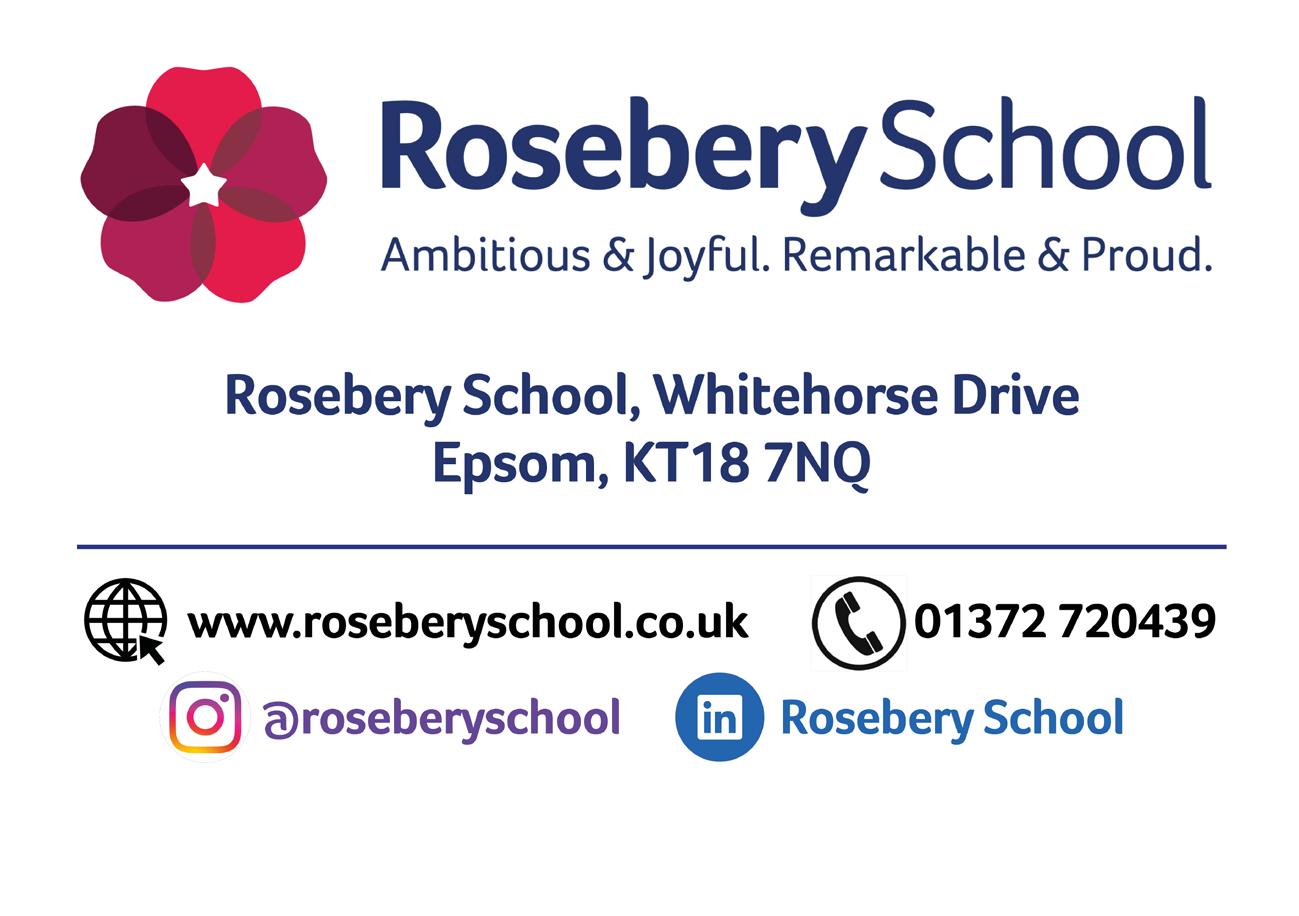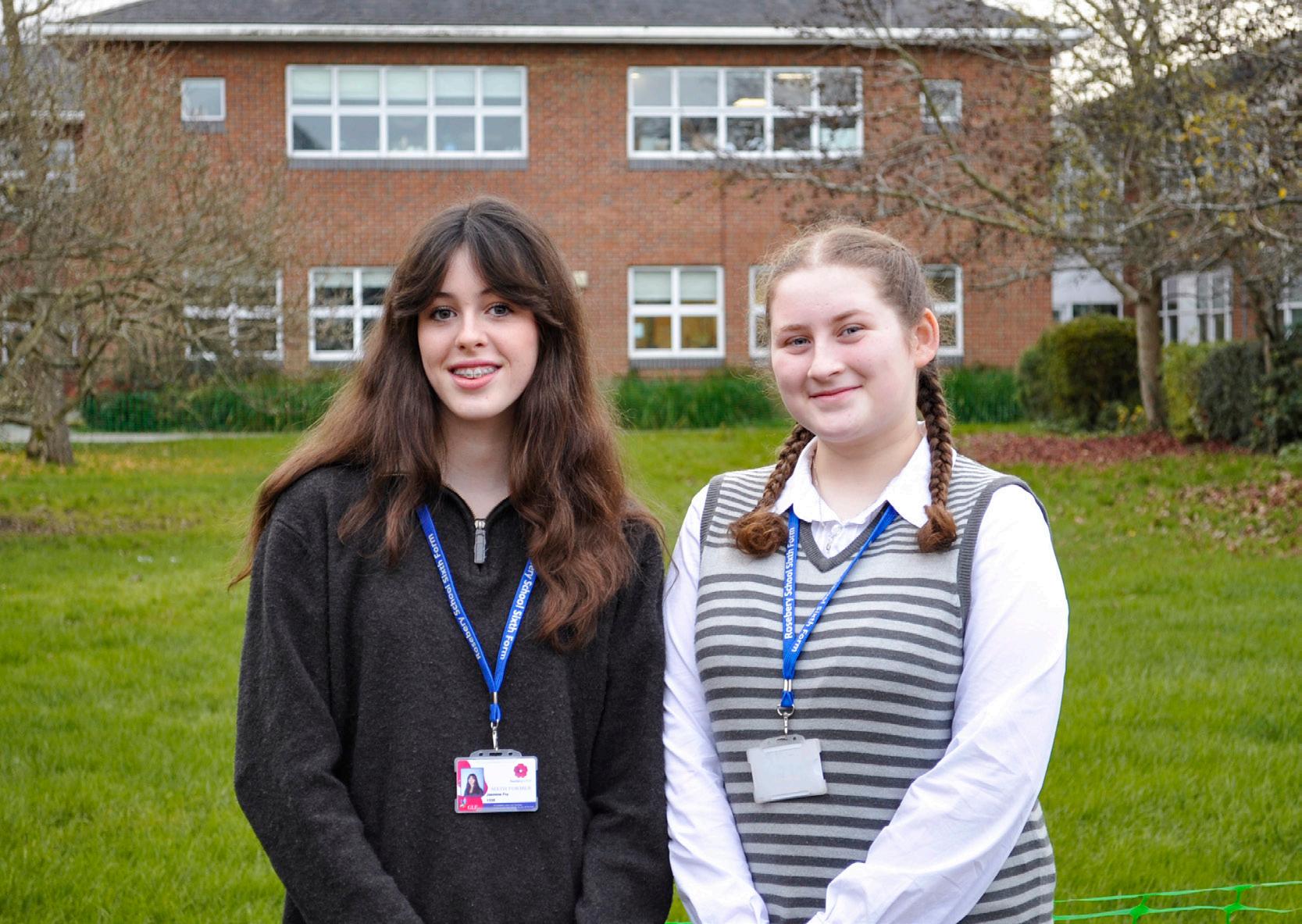
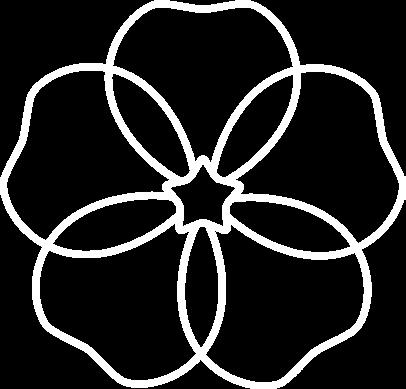




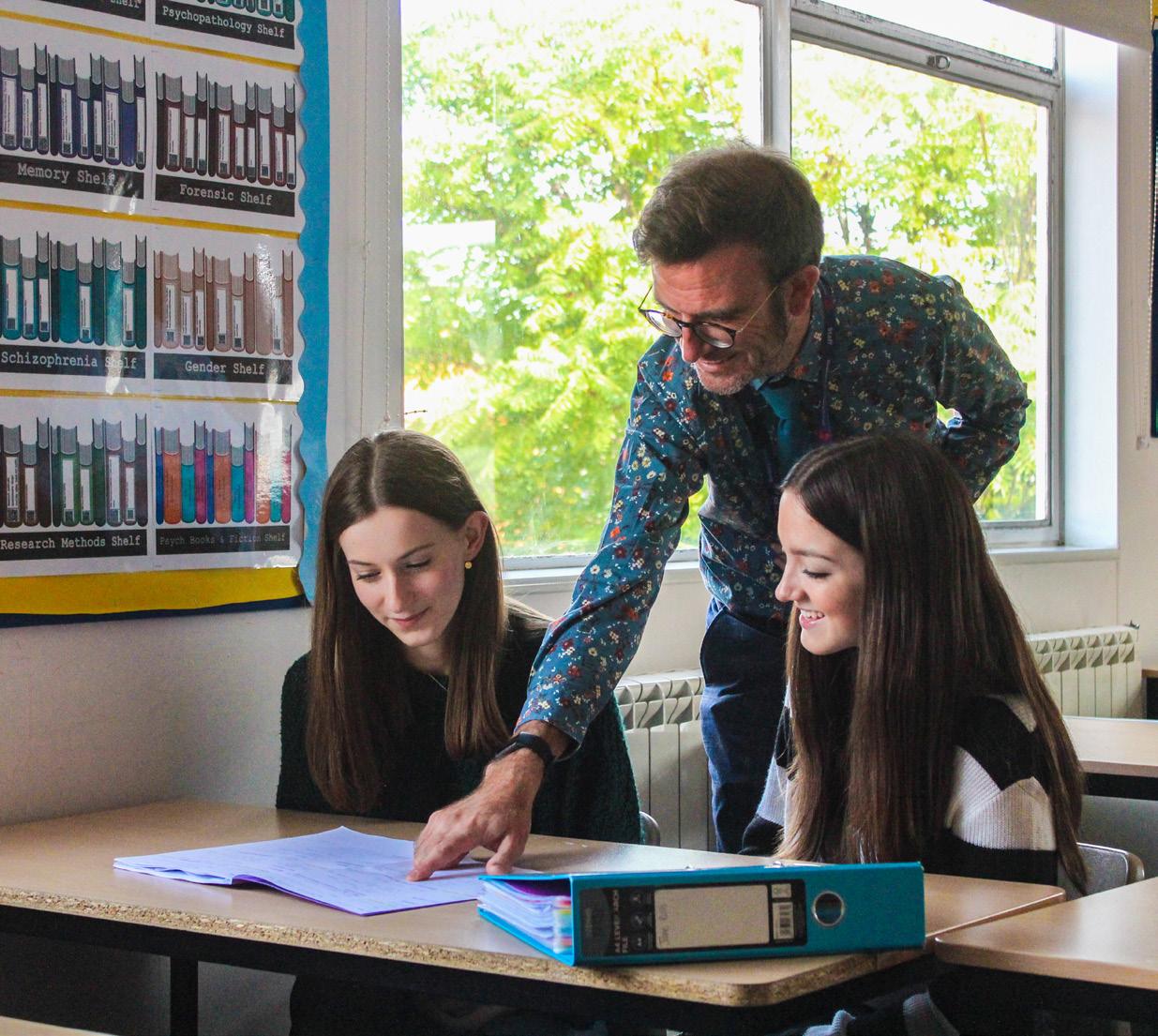
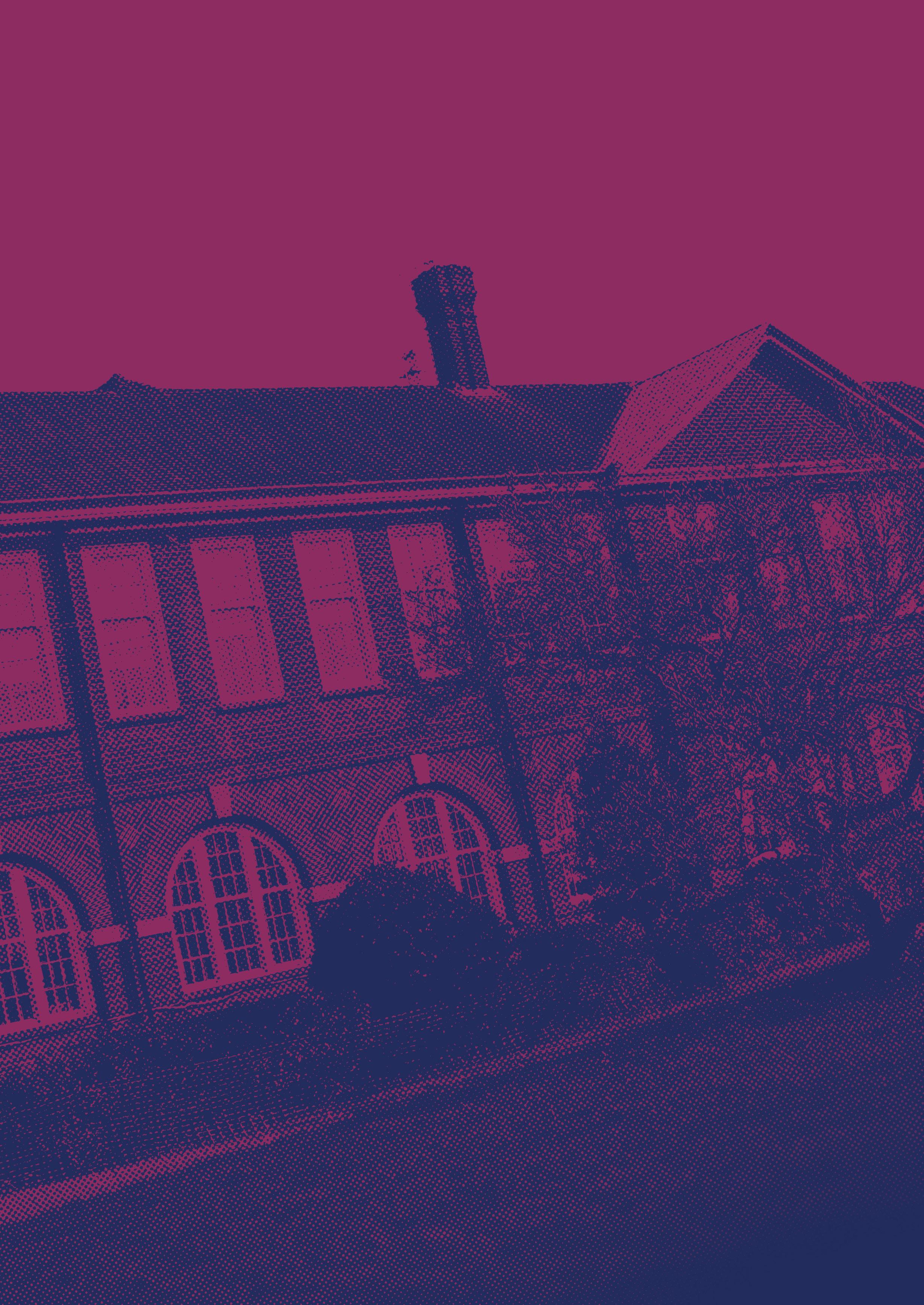
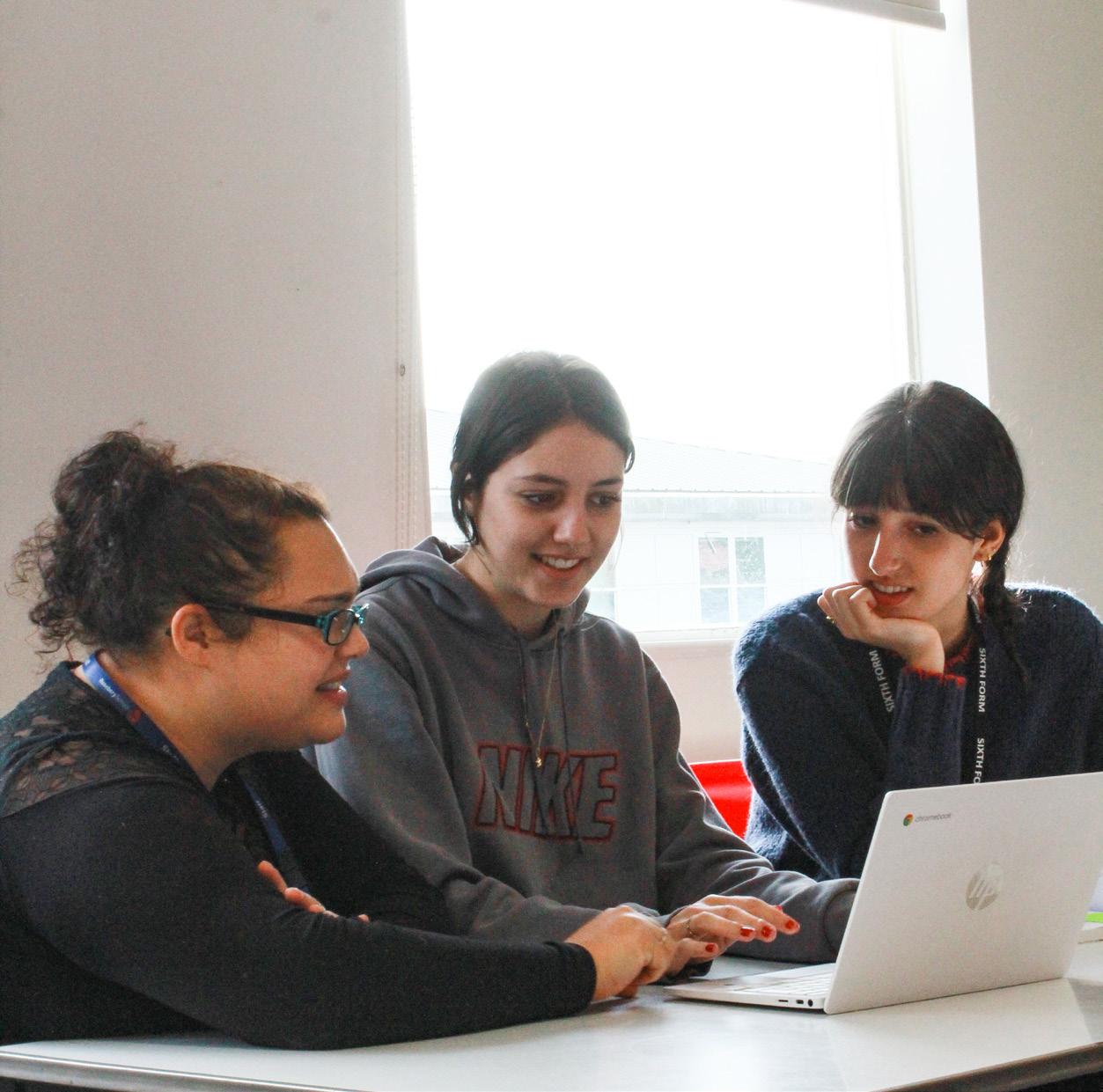
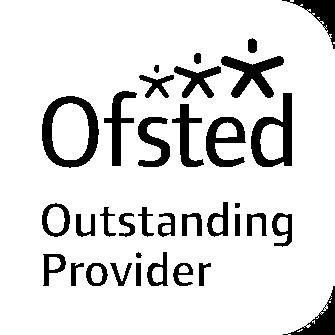
36% graded A*or A
70% graded A*to B
88% graded A*to C
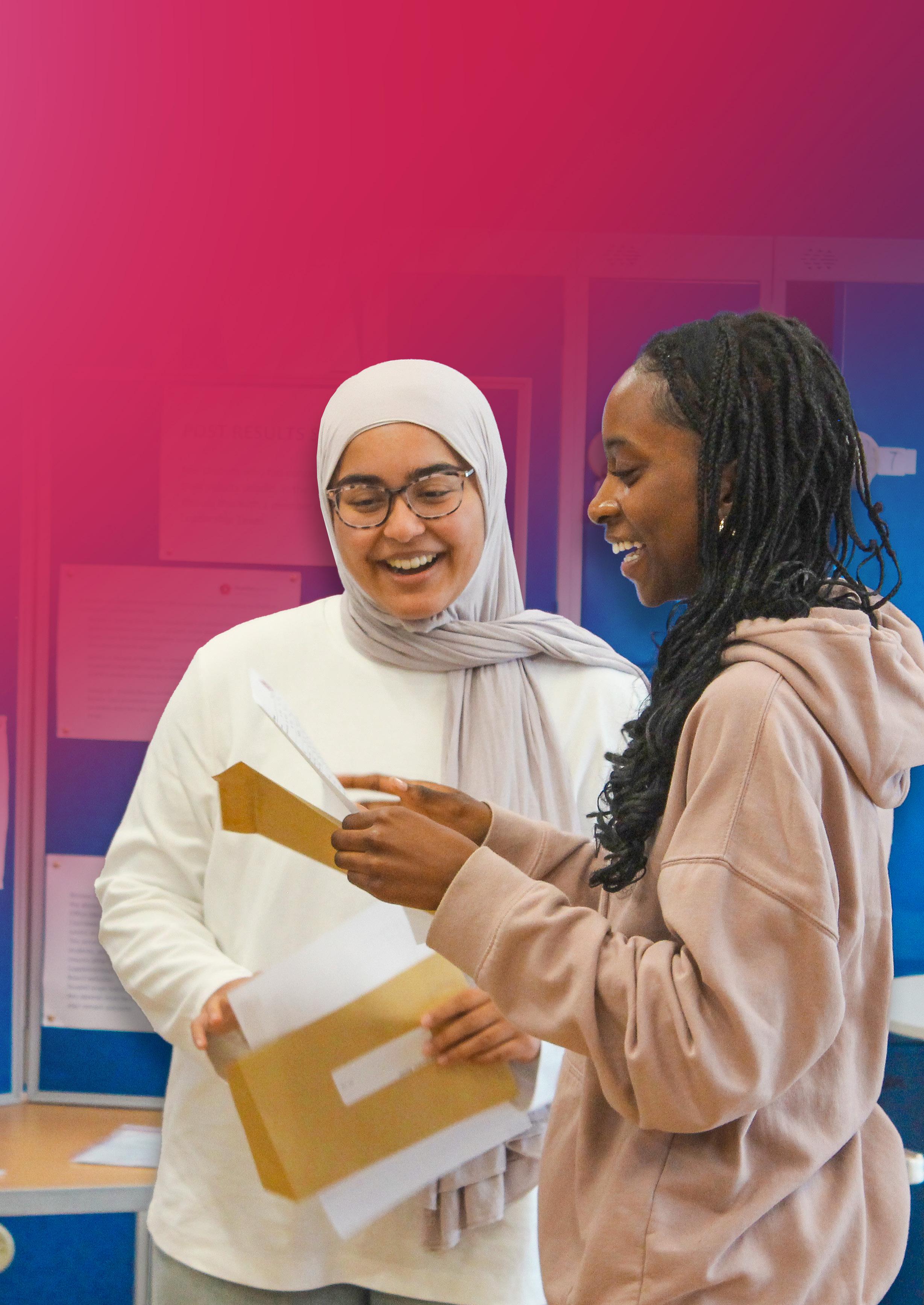
Average grade for vocational subjects was a Distinction A LEVEL RESULTS 2025

“ ”
Post 16 Study is different, as is life in Rosebery School Sixth Form, and whether you are considering Rosebery for the first time, or are already with us in Year 11, I think you’ll find it hard to match what we have to offer.
DAVID LACH, HEADTEACHER
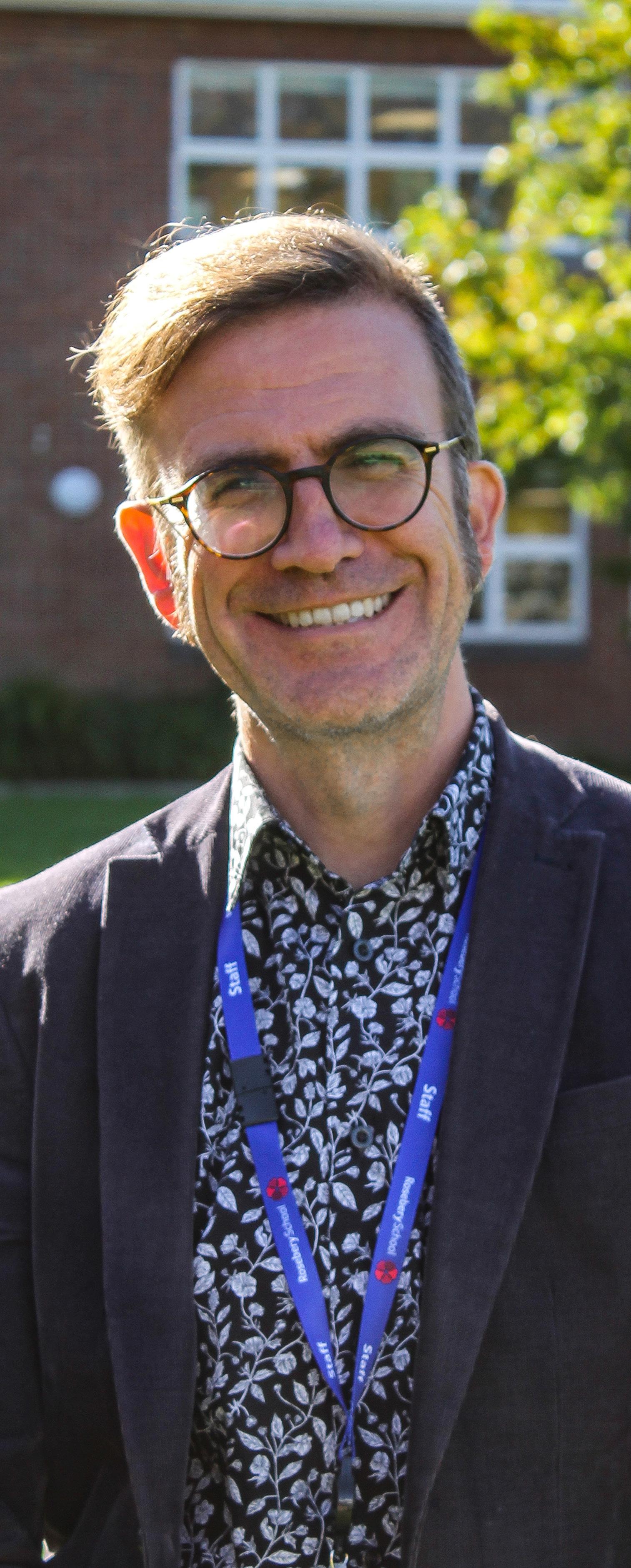
We are delighted that you are considering joining the Sixth Form at Rosebery School, a Sixth Form with an outstanding record of success and a Sixth Form with an inclusive ethos which ensures every one of its students receives highly focused academic challenge, pastoral support and guidance, coupled with exceptional leadership and enrichment opportunities.
Sixth Formers enjoy great freedoms and have the benefit of their own facilities, but they still play a crucial part in the life of the school as a whole; our Sixth Formers lead many of our extra-curricular activities, are exceptional role models to our younger students, and reach out to members of the wider community in need by raising thousands of pounds for worthy causes each year – and have lots of fun in doing so! A Rosebery Sixth Former is therefore a hardworking, compassionate and focused young woman who has the academic profile, personal ambition and record of success ready to meet the challenges of higher education, apprenticeships or employment.
Our universal offer to all will be tracked, improved and supported to ensure that every Sixth Former at Rosebery leaves ready for their next steps and has a springboard for the rest of their lives. For many students the universal offer will leave capacity to take part in more, lead more and to find joy in our enriching programme.
Please use this prospectus to help you to start finding the right path for your next two years.
Stephen Phillips HEAD OF SIXTH FORM
I am delighted that you are considering choosing Rosebery School Sixth Form, which is the pinnacle of our outstanding educational offer. This is reflected in the brilliant results achieved by our students, but more importantly by the exceptional experiences and opportunities we are able to provide for our Sixth Formers, and the way in which they become such an integral part of the Rosebery community.
All teachers at Rosebery are challenged to deliver ‘Ambition and Joy’ for every student, both within and beyond the taught curriculum, and this is no different in the Sixth Form. We want our Sixth Formers to feel they belong to, and are leaders of, the school community. They embody the Rosebery Way, are ambitious, aspirational and caring, and they contribute so much to the life of the school - as I hope you will too. Our inclusive, empathetic, yet challenging culture brings the best out of our young people academically, creatively, culturally and socially. This, therefore, prepares them for the rigours of life beyond Rosebery.
Ofsted recognised how special our school is, in 2017, and again in 2023, grading all aspects of our work, including Rosebery’s Sixth Form, as Outstanding; this confirmed that we have found a unique balance of high, but not burdensome, expectations, which support our students to grow and flourish both academically and personally, and have a lot of fun along the way! Consequently, the outcomes of Rosebery Sixth Formers are second to none, in terms of comparable schools and colleges, which means that all of our students can, and do, move on to the most prestigious courses at university, are successful in applying for competitive apprenticeship programmes and indeed a range of employment opportunities.
Our Sixth Form is large enough to be able to offer a broad curriculum which allows students to specialise appropriately and to study the subjects they need in order to take the next steps; but equally our Sixth Form is of a size which ensures that every student is known to the Sixth Form leadership team, who can then determine the right level of support for each person.
We know you have a great deal of choice about where to spend the last two years of your compulsory education and there are many staff at Rosebery ready to help you decide what is best for you.
As a school we are never complacent and continually strive to improve on our previous best; to provide a Sixth Form where our students can thrive, prosper, where they can enjoy themselves and be themselves and above all become confident, resilient and independent women, able to serve their local and wider communities in the years to come.
We very much hope you will choose to join us!
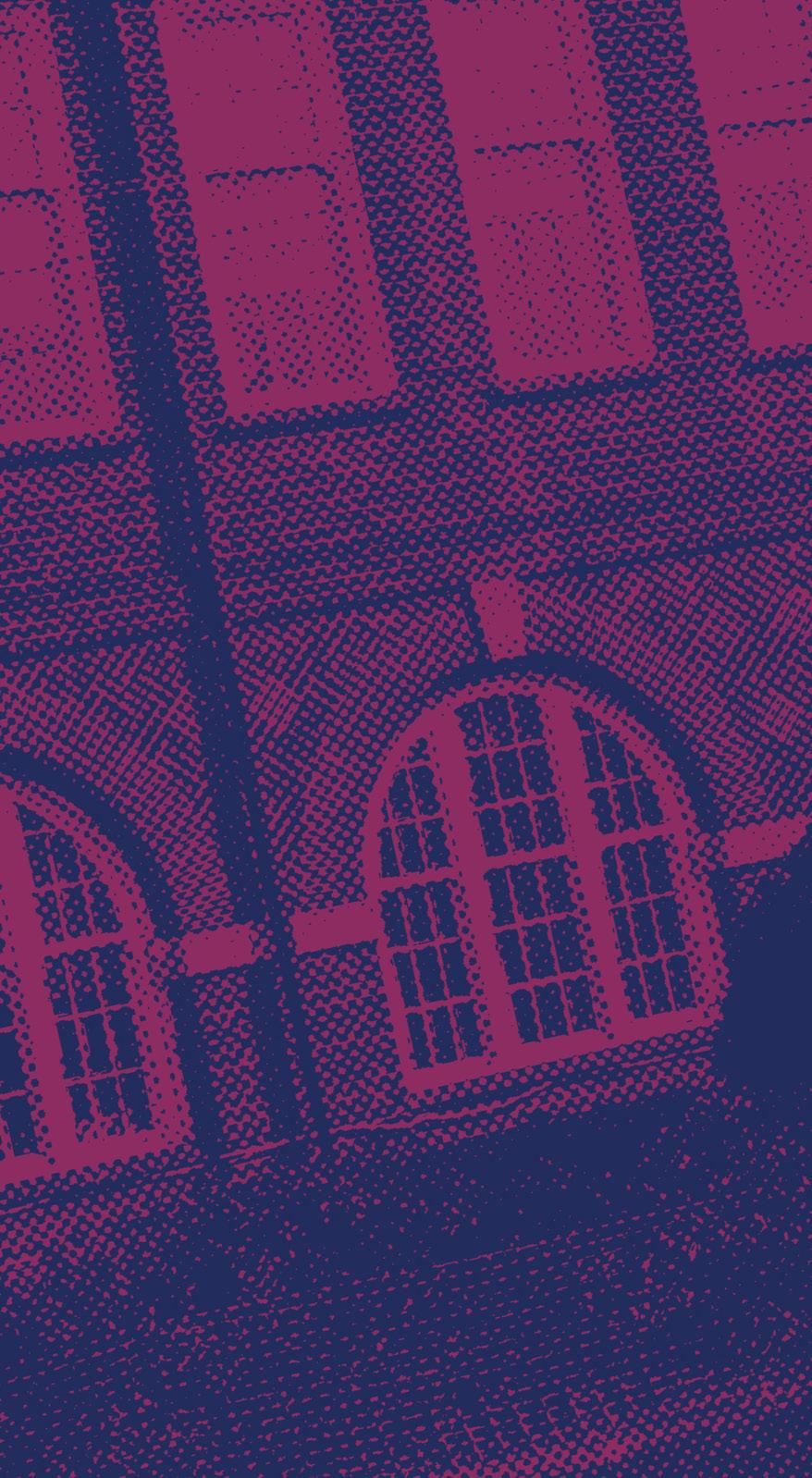

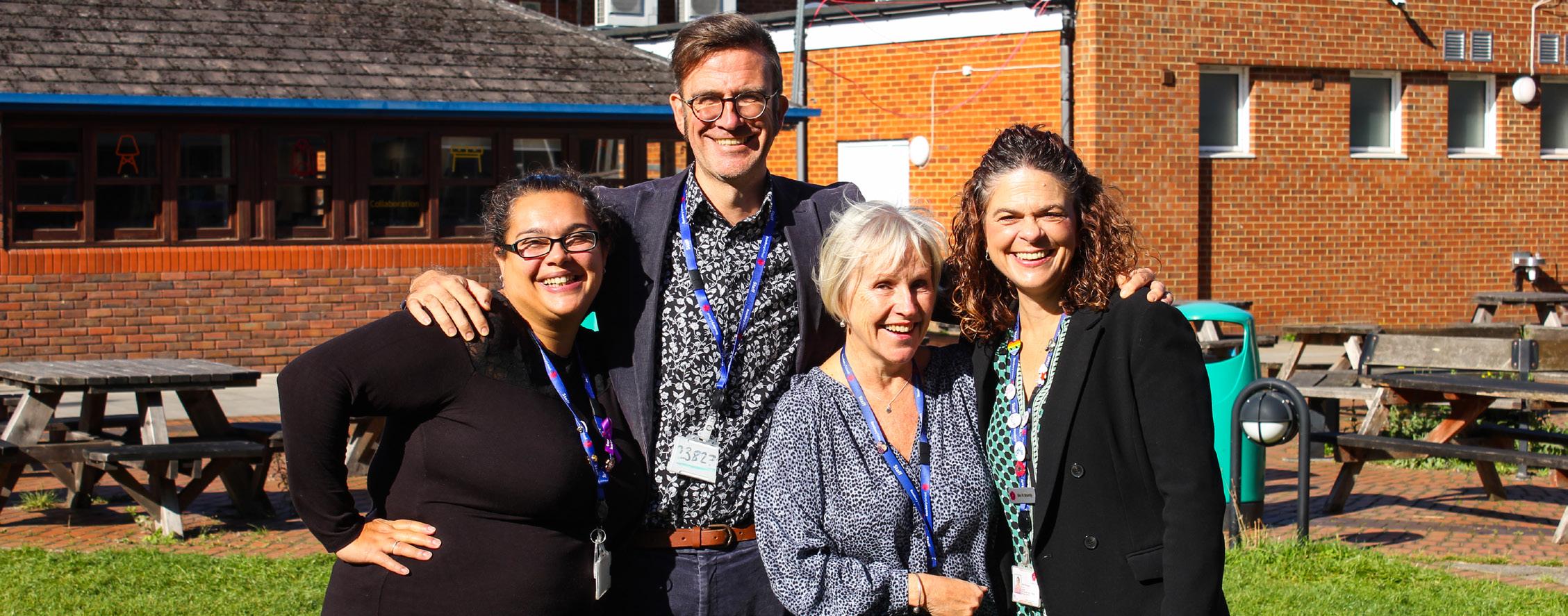

Stephen Phillips HEAD OF SIXTH FORM
Overseeing all Sixth Form activities, you should feel comfortable to approach Mr Phillips about any ideas, concerns, or information you would like to share.
Maria Boundy HEAD OF YEAR 12
Ronnie Nejad HEAD OF YEAR 13
Your HoY is there to provide day to day support with regards to student information, tutor time resources and any wider academic or pastoral issues that we become aware of in your tutor group. Please always feel you can ask them any questions and raise any concerns you may have.
Mrs Cooley is on hand to support with attendance issues or parental contact details. Feel free to ask if you have any attendance concerns.
Miss Allen offers support from start to finish for students in writing personal statements, preparation for aptitude tests and interviews.
Miss Lowe oversees, coordinates, and delivers our Year 12 Student Futures Festival. She is also there to support any ideas staff or students may have about skills for the workplace that we can teach.
Each student has a dedicated member of staff who will be with them throughout their time in the Sixth Form. These tutors offer a programme of regular meetings to develop and support each student. They are also an advocate for their tutees to liaise with the rest of the Sixth Form team.
Although not strictly speaking a ‘member of the team’, our weekly newsletter is definitely a labour of love. We write to students and parents every week to help keep every member of the community informed.
Whether it is the weekly musings of Mr Phillips, the support and information from our Heads of Year, or all the different offers and opportunities about work experience and higher education from Mrs Keaveney, our students have no shortage of support. It is important to us that parents receive it every week and hope that they are able to use the information to benefit their child.

As a student at Rosebery Sixth Form, you will become a compassionate intellectual. This means that we will guide and support you to become an empowered, engaged, curious, kind and honest individual. These scholarly skills, combined with a compassionate outlook, will secure you the greatest progress in your academic studies, whilst also allowing you to feel in control of your future plans. You will also have an enormous amount of fun, bringing to a close what you will be able to look back on as a joyful thirteen years of compulsory education.
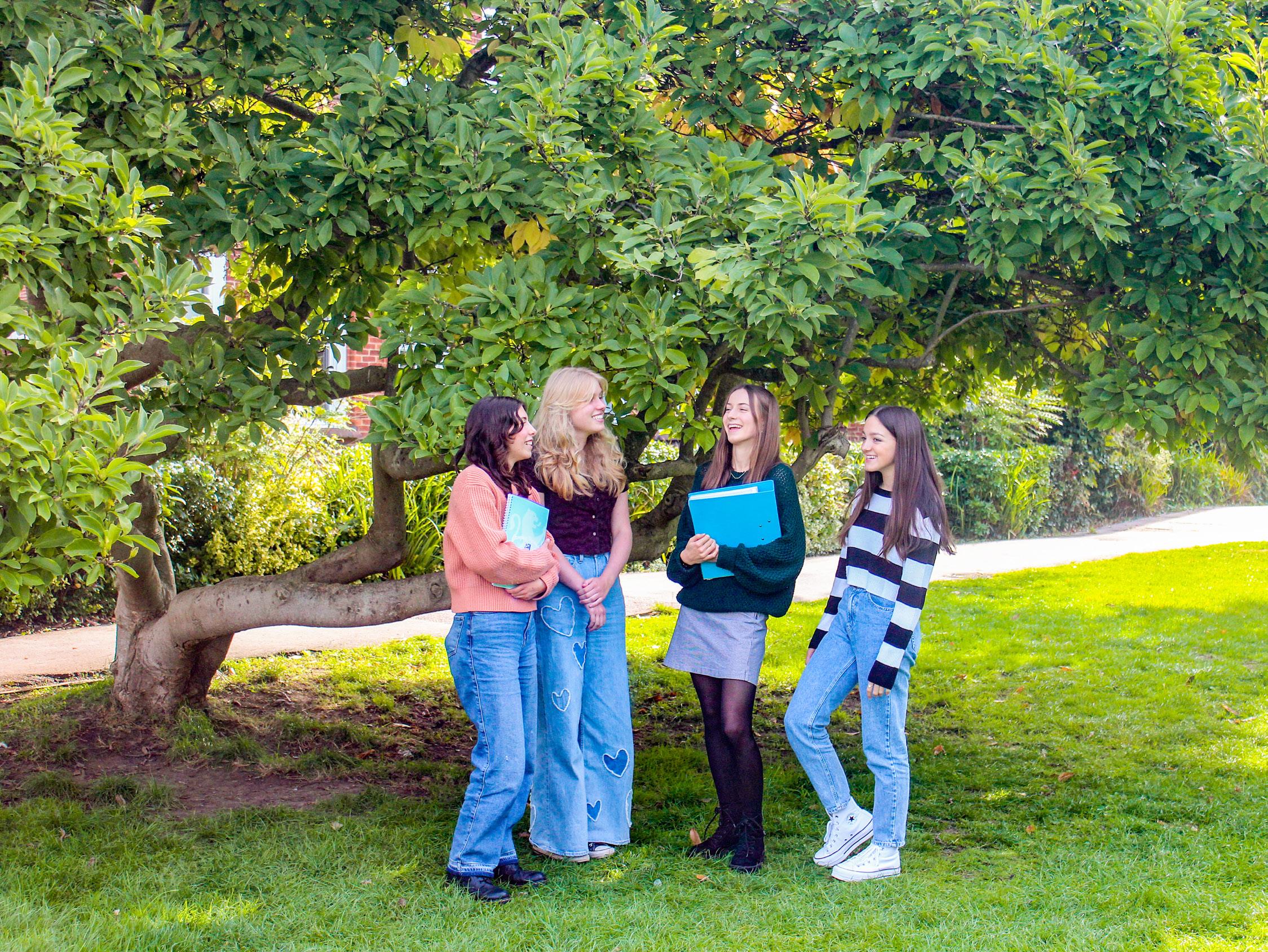
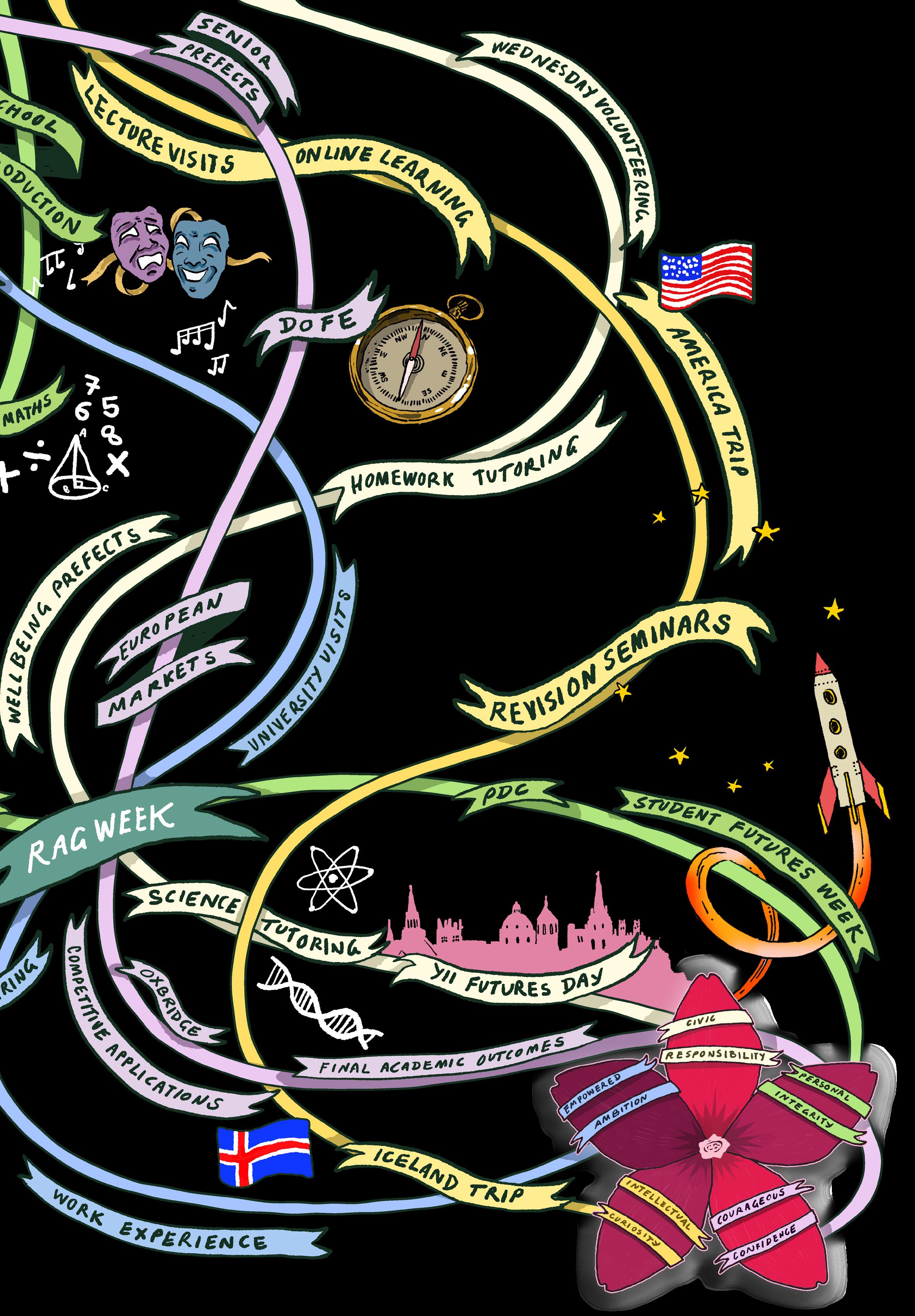
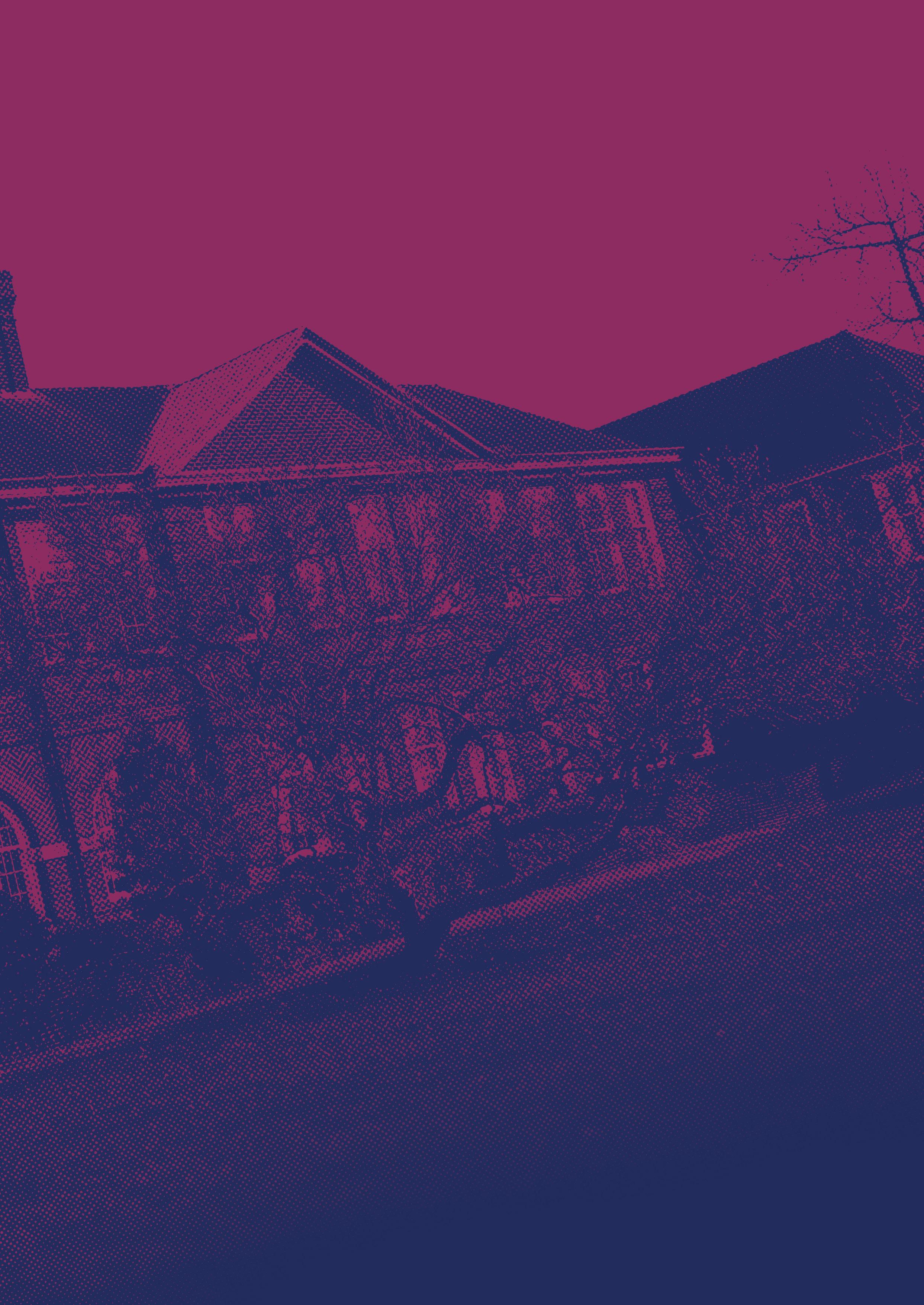

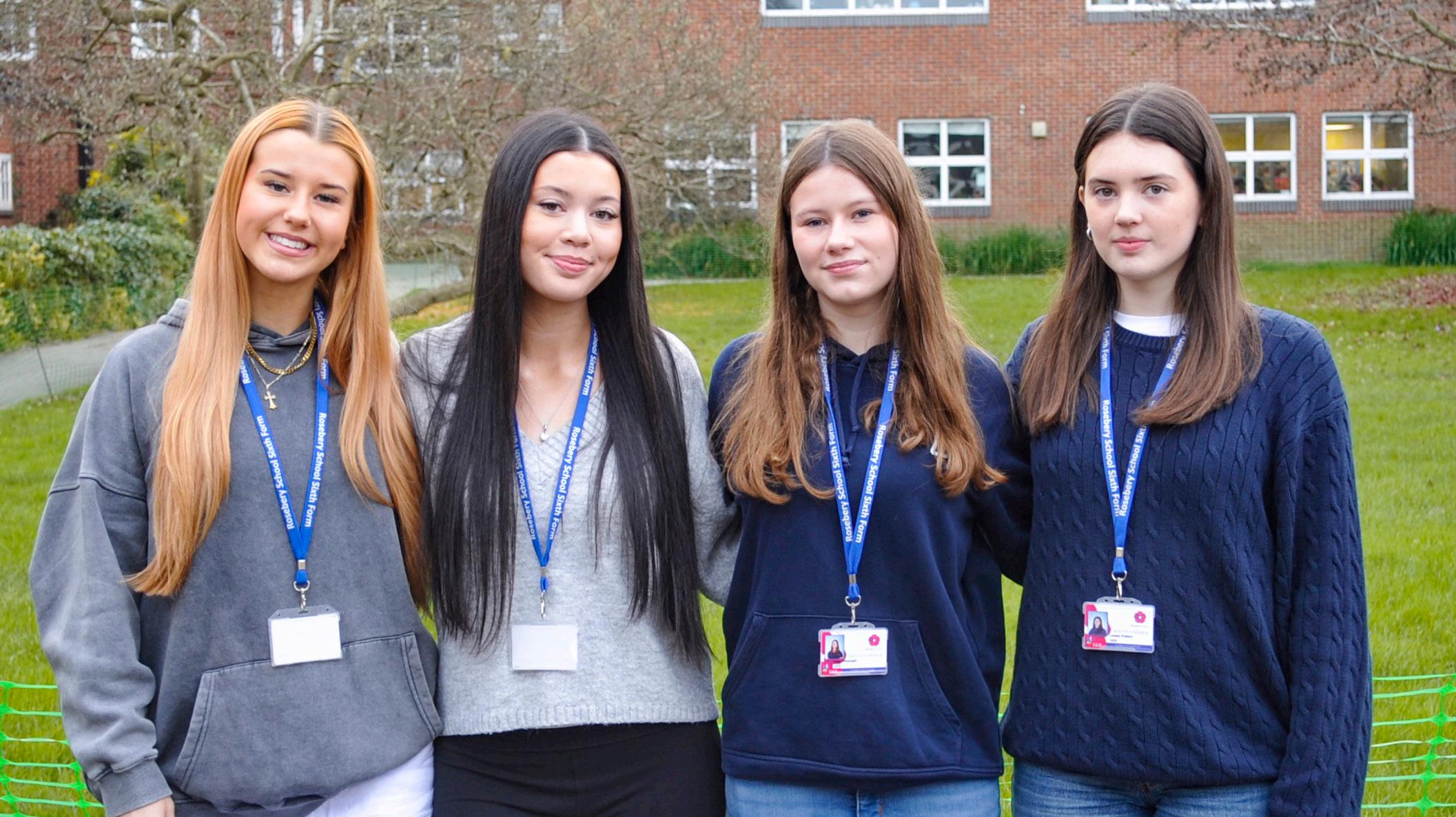
Our prefects are in post from January to January. This means that early on in Year 12 you will be able to apply for a wide range of roles. Our Senior Team is currently made up of six members, two Head Prefects and four Deputy Prefects. In addition to this we have Pastoral Prefects for Year groups and Houses, as well as prefects that help in different subjects.
• Applications for prefects is in October of Year 12.
• Senior Prefect applicants are asked to deliver a presentation in November
• The Senior Team is picked and then interviewed to appoint the Head Prefects in early December ready to take on the role in January.
All prefects are involved in RAG (raising and giving for charity) events, as well as working closely with staff to help support the pillar school.
Although the prefect system enables an overarching structure to leadership, many of the other activities engage the Sixth Form and help them drive themselves and the whole school forwards. Other leadership activities can be seen in the wider enrichment activities. Our Sixth Form students help the whole school to do more, and have more fun while achieving it. We are always extremely proud to have them helping us make Rosebery School feel like such an amazing place.
Throughout your time in Rosebery Sixth Form you will be able to plan and participate in a series of charity events. These usually culminate in a series of activities in a single week. Our Sixth Form regularly make thousands of pounds a year for charity, all of which is achieved by the students themselves. So, whether you want to be in charge of fancy dress, the RAG week video or Teacher’s Top of the Pops (below) there is something for everyone to get stuck into.

The student in the example below studies three A Levels, a student studying four would have 10 fewer non-contact lessons.
During the non-contact lessons a student could:
• Work in the LRH/work area or, if towards the end of the day, may choose to leave the school site and work at home
• Stay in the common room as they have a very busy day and want to have some rest
• Support other students working/in the LRH
• In addition to this timetable, Wednesday afternoon would be blocked out for sports and enrichment
• When not in a meeting during 8:30am – 8:50am you may work, participate in pillar school leadership activities, go to the Sixth Form café, not be in school
• Most students use at least 6 hours of non-contact time for independent study
• Most students only sign out if they have no more lessons that day
• The privileges start straight after induction. Low attendance, or other pastoral issues would lead to the removal of privileges and attending school full time
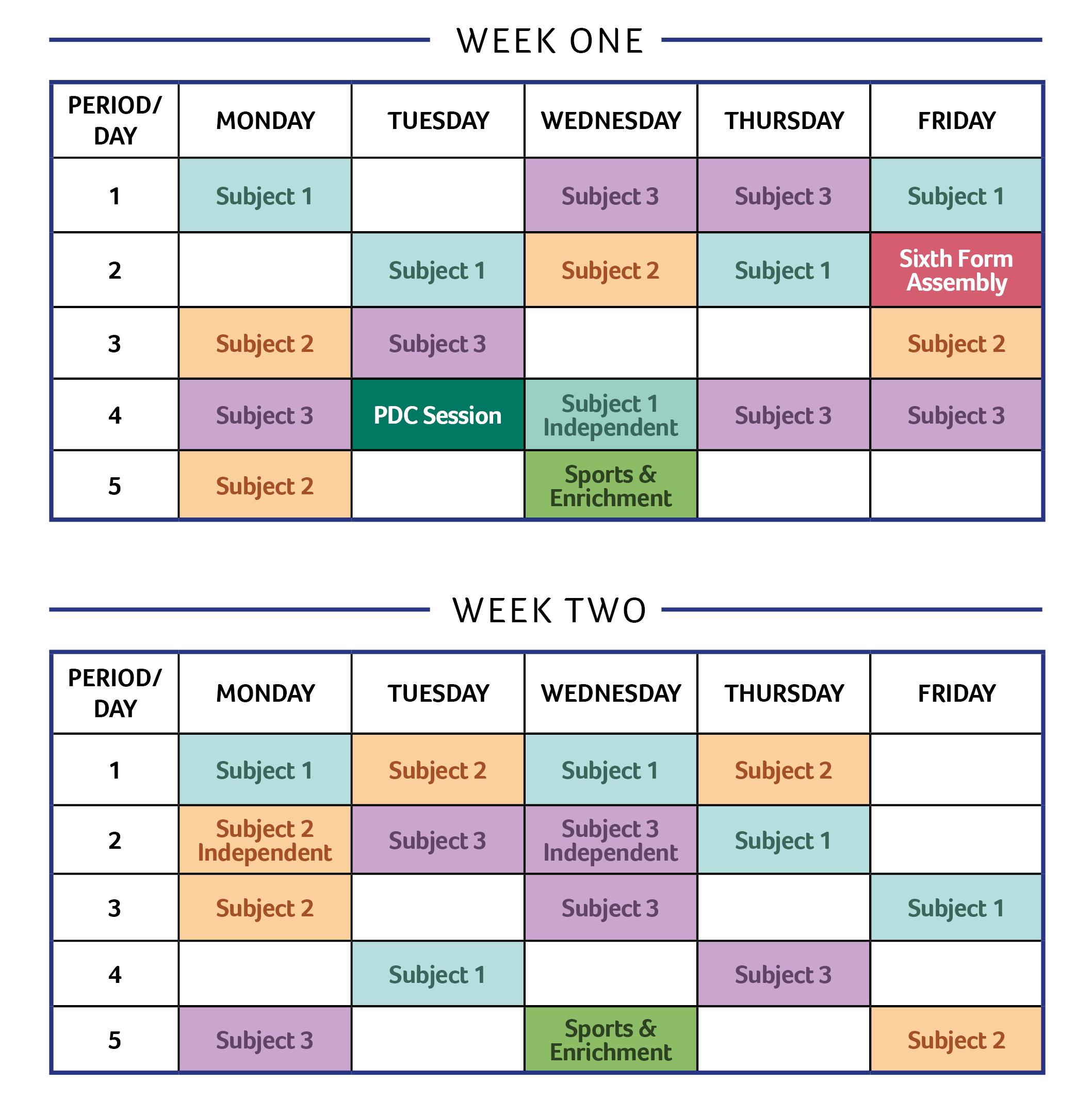
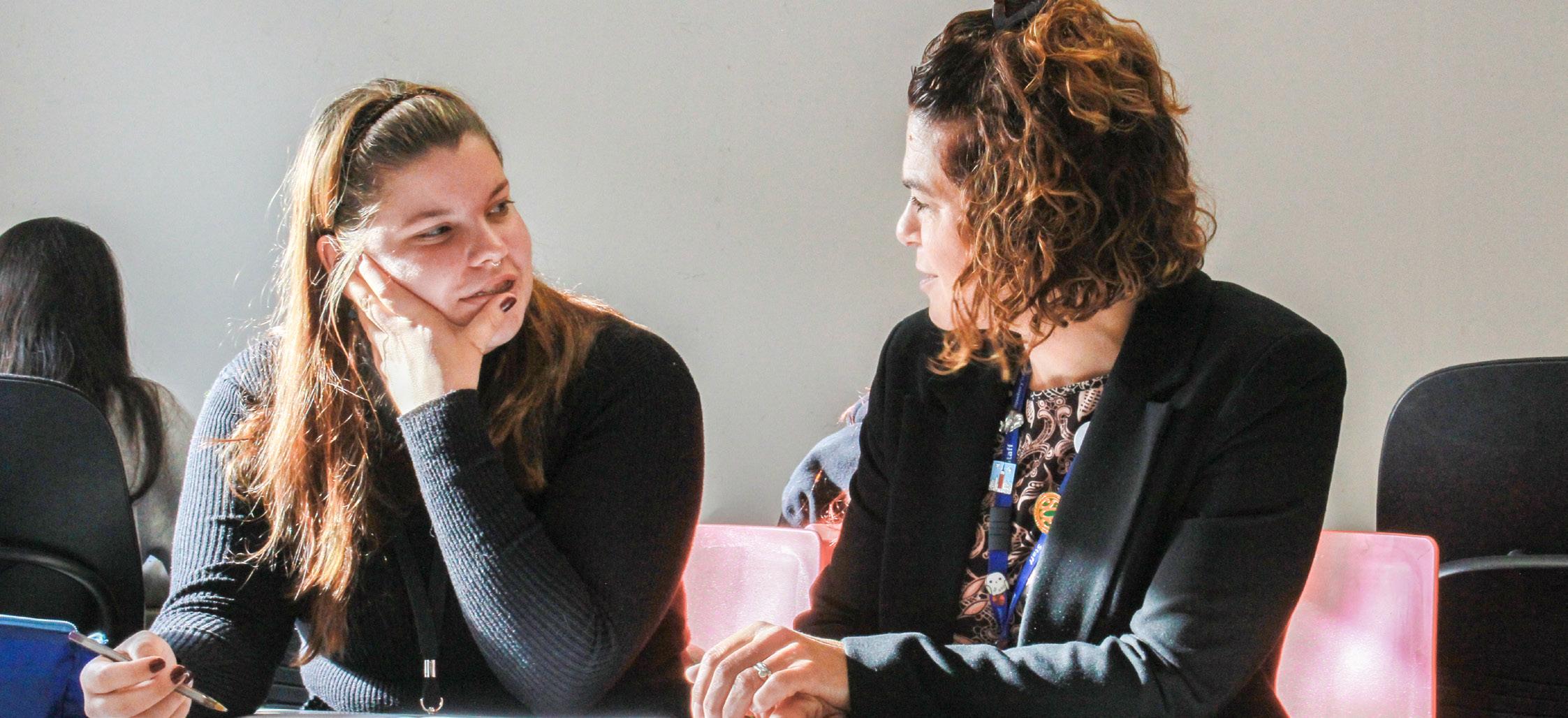
We maintain a compassionate and supportive pastoral system throughout the Sixth Form. This is embedded in maintaining regular contact with all our students in a variety of ways. These include:
• Full Key Stage or Year assemblies – regular meetings to think collectively about the world around us and promote thoughtful engagement with one another
• Drop down days – whether it is for borough wide events, HE visits, HE Day, Student Futures Festival, Relationships and sex education or Year group sports, we carefully distribute several activities during your time with us to ensure you feel part of our community
• Sixth Form Leadership team offices – we are located in the heart of your working area. This means that whenever you need us, you can find us
• Personal Tutor – every student has a named tutor
In Rosebery Sixth Form we replace the class tutor and tutor time with a Personal Tutor programme. This will consist of a named member of staff having a small group of students that they meet one to one or in small focus groups. Your Personal Tutor will get to know you, support your study habits, speak to your parents, ensure that you are on the correct Student Futures pathway, including our competitive courses support.
These meetings will be timetabled at the start of Year 12 but take place between 8:30am – 8:50am. The meetings will have a pre-published focus for each one and will help support our students through every stage of their time with us.


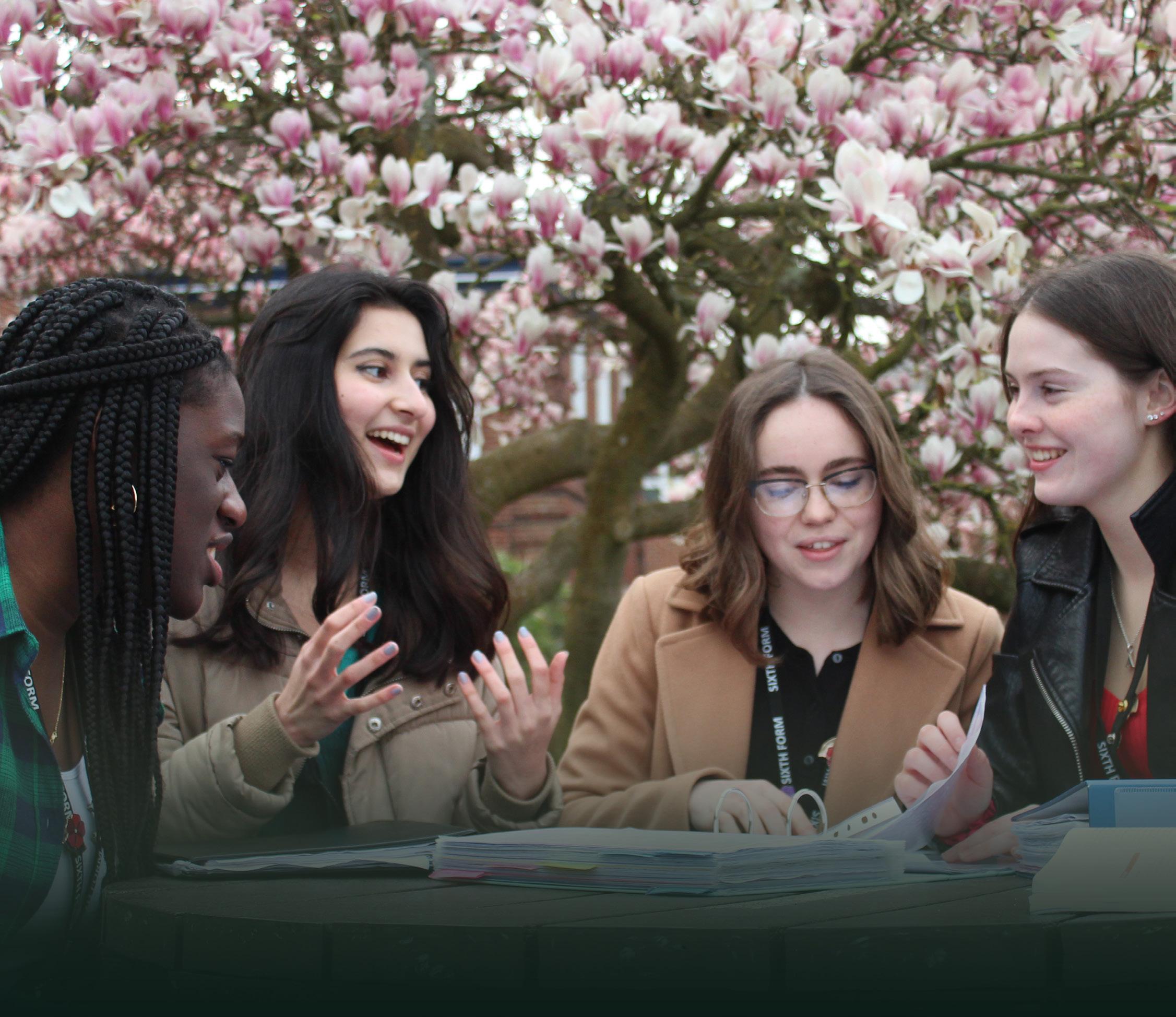
Throughout the September induction days Year 12 students are in school full time. This is to embed good working practice and to help support the transition from GCSE to A Levels.
As soon as your timetable begins you are expected to be in school for all timetabled lessons, study lessons, health and wellbeing activities, and your Personal Tutor meetings. If you do not have a meeting and have nothing on your timetable until lesson 3 you are not required in school.
Most students choose to arrive at the start of the day to get into a good routine and also end up participating in many of the leadership opportunities within the pillar school in their tutor time.
Students are also allowed phones and electronic devices in and around the Sixth Form only areas of the school. Whilst we have a dress code, we appreciate that Sixth Form students want to have the ability to express themselves, so we do not have a Sixth Form uniform.
All of these privileges offer you the chance to demonstrate your maturity. If attendance, participation or any other concerns arise we would remove them and expect you in school full time.
We have an innovative series of programmes putting our Sixth Form students at the heart of their learning, while enabling them to develop the skills needed to be involved in the leadership and teaching of the wider school community on 21st Century issues. These activities range from compulsory and in your timetable, to those which will be done above and beyond the school day.
We follow a programme of study in Year 12 where you are taught different topics in tutor groups. We cover the following:
• Relationships
• Keeping yourself safe
• Keeping your mind healthy
• Preparing for life beyond Rosebery
• Cultural differences in relationships
• Financial awareness
• Cultural diversity and equality
Whilst we know that the main focus is subject based study, during your time with us you will have a number of days off timetable looking at specific ways to grow as a young adult.
Online Diversity Conference – this is an event that is run online with a series of speakers from a variety of backgrounds. The themes over the last two years have been around unconscious bias and then in 2022 it was combating misogyny.
Sex and Relationships Day – this is a range of workshops looking at sexual health, healthy relationships and your rights.
UCAS University Course Event – A trip in Year 12 to a conference run by UCAS and Surrey University where students can meet with universities and undergraduates to ask all about life as a student.
Safe Drive, Stay Alive – A surrey-wide afternoon looking at being a safe driver and passenger.
Higher Education Day – in the summer term of Year 12 you will have a day dedicated to kickstarting your applications to apprenticeships or university.
Student Futures Festival – this is a two-day event looking at a range of skills and careers. You get to pick which workshops to attend and will have the opportunity to speak with a range of guests from a wide variety of industries.
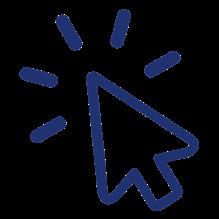
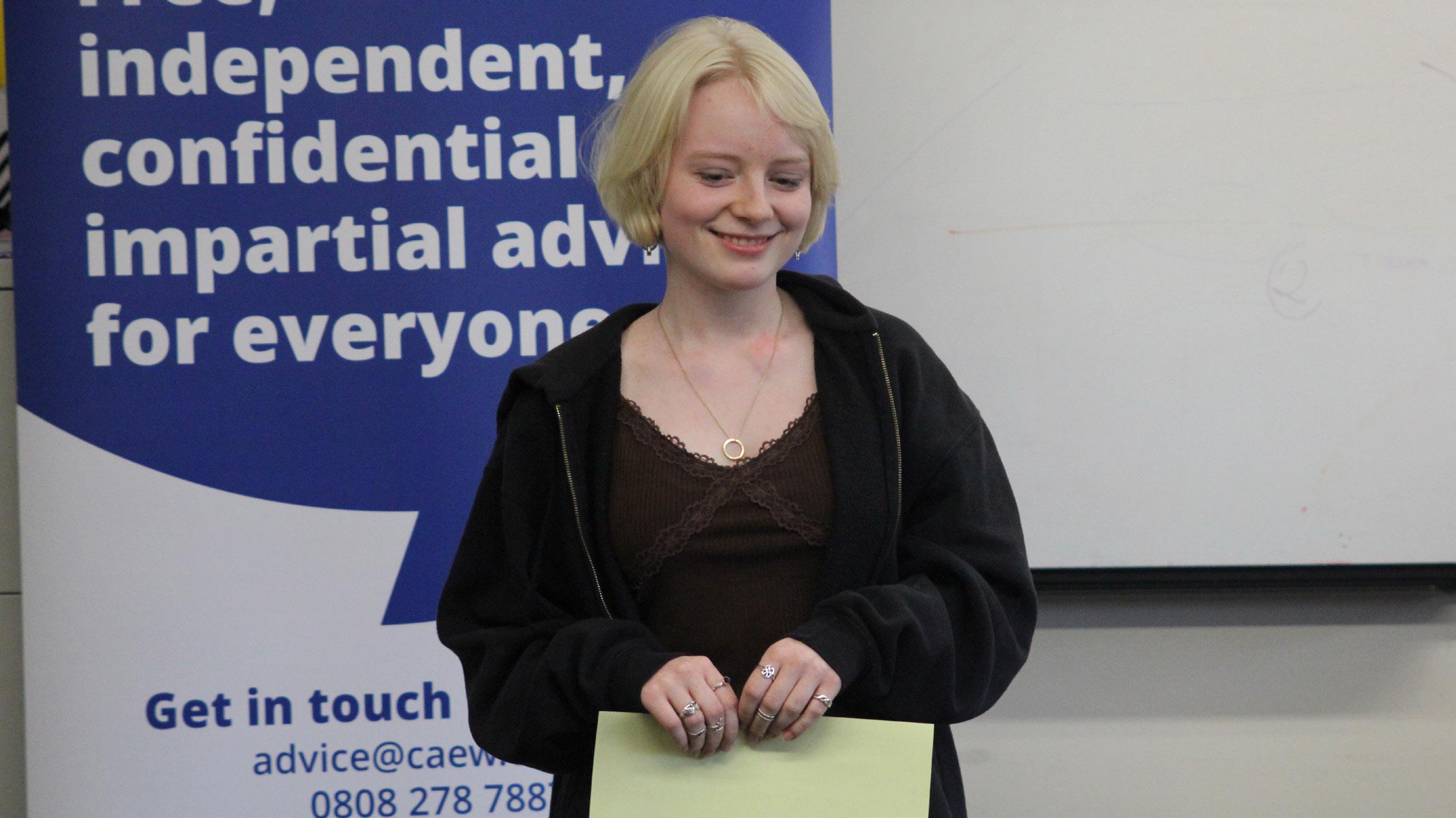
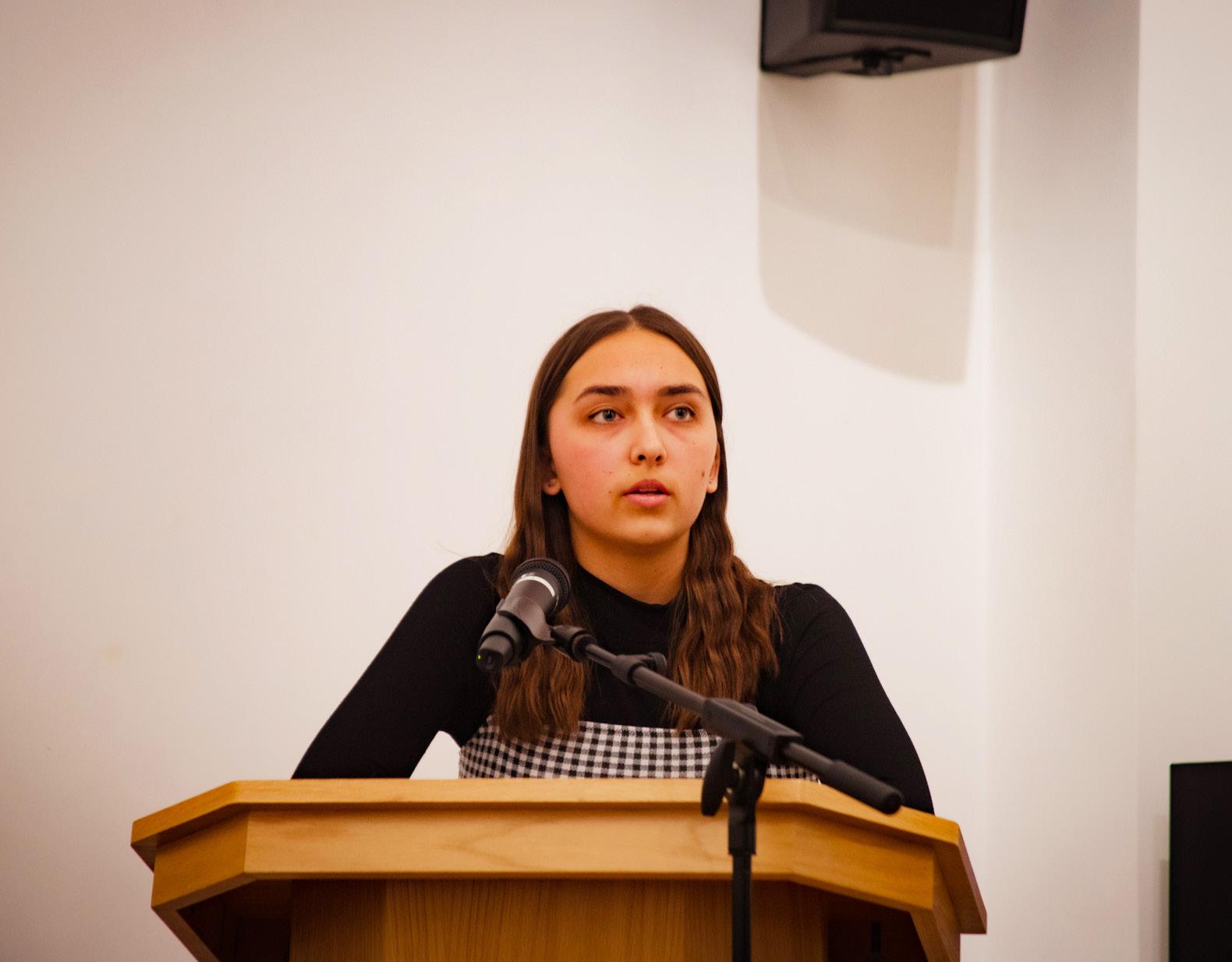
Every Wednesday here at Rosebery, we offer a range of activities and opportunities running from 1.10pm to 3.00pm. This includes running competitive sports coaching for those who wish to have fixtures against other schools and colleges, as well as offering our facilities for recreational sports and our gym for fitness training.
We also know that a number of students have preexisting gym memberships, own or have access to horses/ponies to ride, or are part of tennis, squash or golf clubs. With parental permission, students can opt to go offsite for their activities on Wednesday afternoons.
Alongside this, we encourage students to look into obtaining volunteer work in our local community. These
can be either linked to future pathways or simply to give back to others. For example, those thinking about going into medicine or veterinary practice could volunteer at care homes or animal shelters. Students who are exploring teaching could find time to help primary school students to read.
Examples of volunteering could be:
• Regular charity work
• Working in care homes
• Hospital support work
• Veterinarian support
• Primary school
• Work experience (unpaid) in a business setting of your choice
As enrichment, we offer a wide range of activities through our wider clubs programme that the main school participates in. Beyond this, we have other specific enrichment activities you can see overleaf.

At Rosebery, we aim to offer experiences that every student can enjoy, whatever their chosen subjects. These activities are designed to broaden horizons, build confidence, and create memories that last a lifetime.
Opportunities include:
• Gold Duke of Edinburgh Award, a challenge open to all students and offers them a chance to develop new skills, volunteer in the local community, and take part in an expedition. Each year, participants reflect on the significant personal growth they achieve through the experience, often highlighting it in personal statements or the Yearbook.
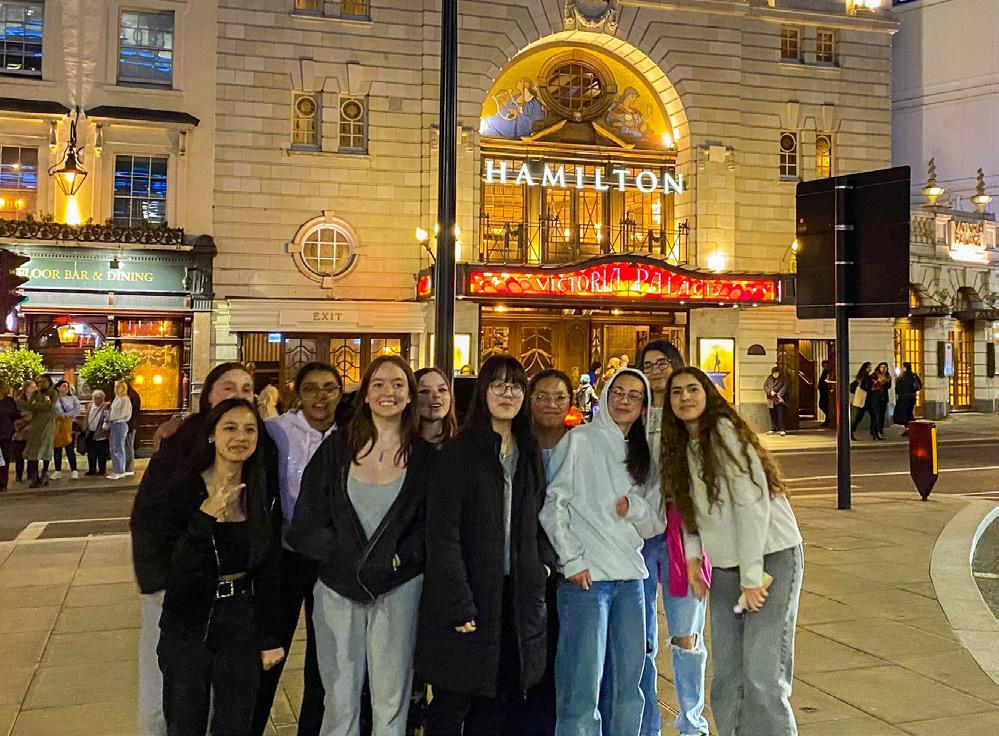

• Students have the chance to help select theatre trips and performances, ensuring the programme reflects their interests. Past trips have included Cabaret, Moulin Rouge, and Just For One Day, and the Sixth Form team are already planning further trips for the summer term.
• The Christmas Market trip, in which students can explore the festive markets of Bruges and Lille, sampling seasonal treats, browsing traditional stalls, and visiting iconic landmarks such as a chocolate factory, Lille Cathedral, and the historic town of Ypres, a key WW1 battlefield.

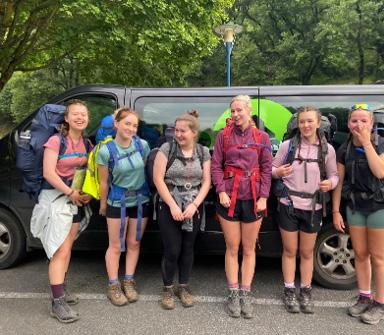
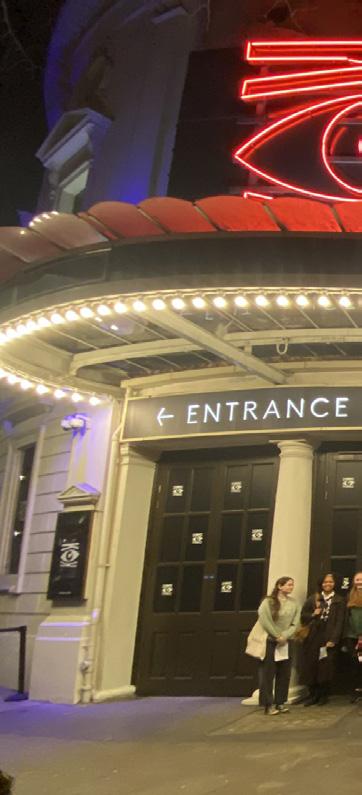
The following opportunities are available at different stages in your time with us. Some do require an application as spaces can be limited.
We are a coaching school for staff, and we offer a programme of training to pass this expertise onto our students. You will be given training to then be able to work with Year 8 and Year 9 students as coaches to support the mental health and academic success of our students. The training takes place initially, before time for the group to reconvene and reflect on how everything is going and request further support.
The Christmas concert remains popular. Students have many opportunities to show their musical prowess individually or collectively leading instrumental and choral groups throughout the year; they form the backbone of the musical offering of the whole school.
Year 12 students apply for this scheme which provides help to our younger Rosebery students with homework in a particular subject. The scheme is run after school at Rosebery and offers paid employment to those who choose to participate. Not only is the feedback from the tutees fantastic but when the younger students join the Sixth Form they cannot wait to give back to the system and are the first to sign up.

Year 12 students are offered a chance to step into classrooms and support student learning. Again, this programme starts with training and expectations. The view is that we give our Sixth Form students the opportunity to discover skills in teaching, listening and coaching, while also building a stronger and more supportive community between students, Sixth Form and staff.
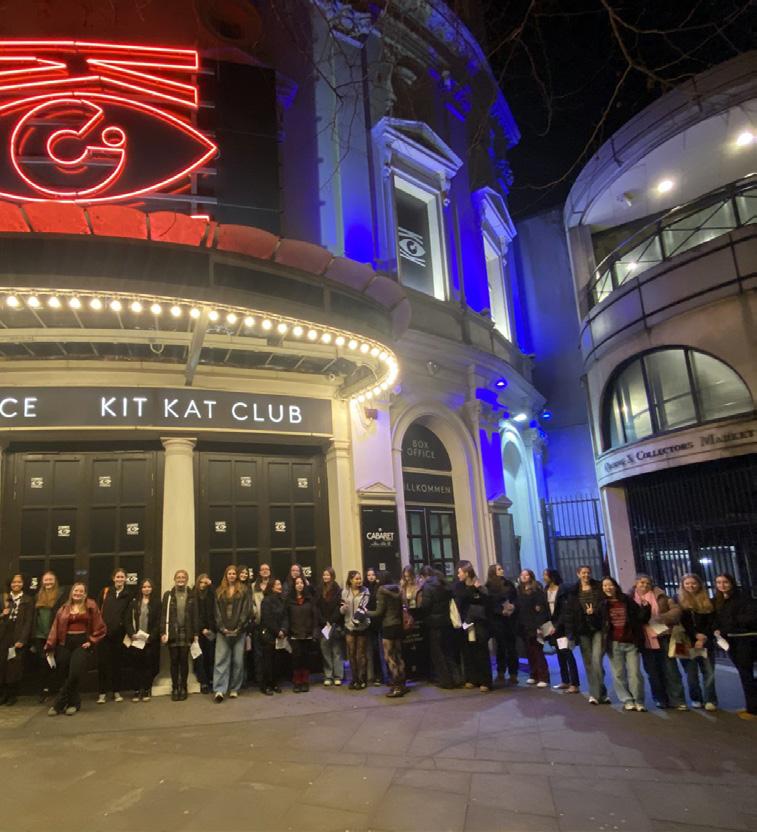
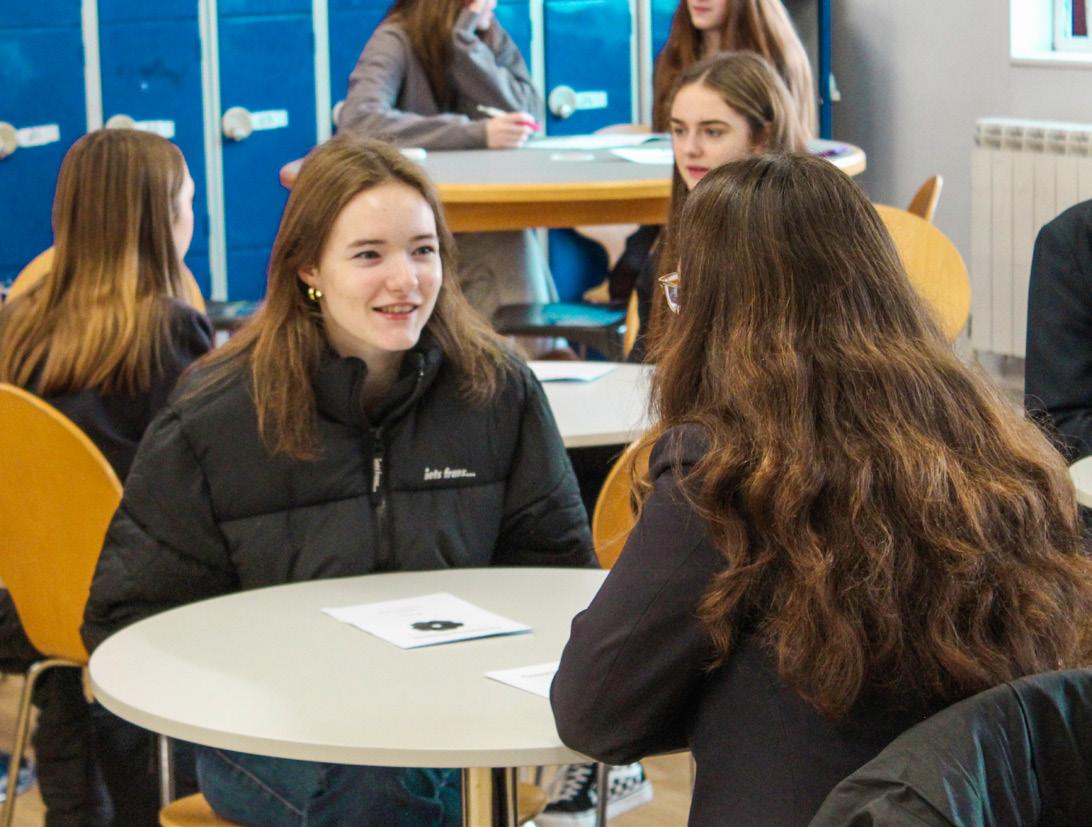
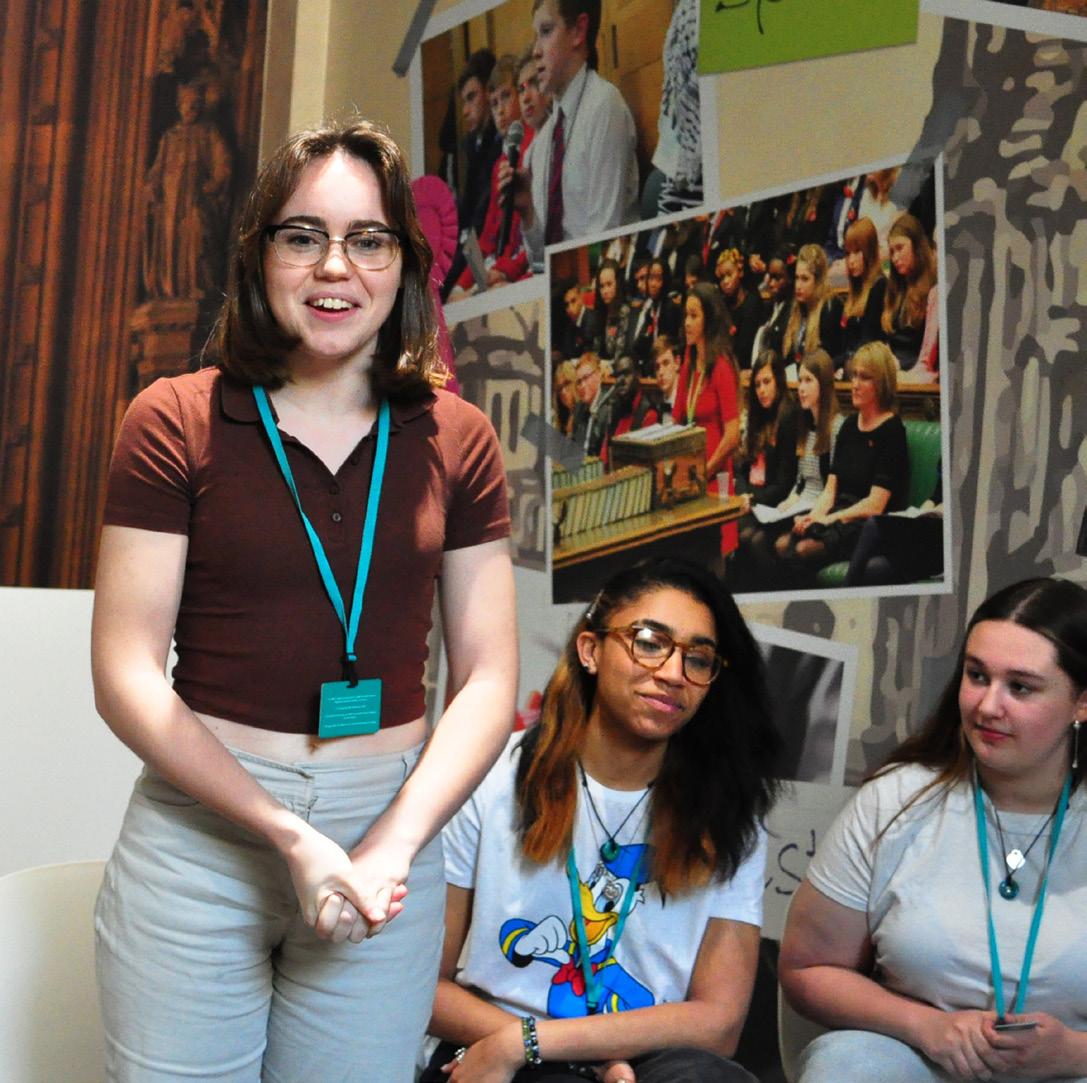
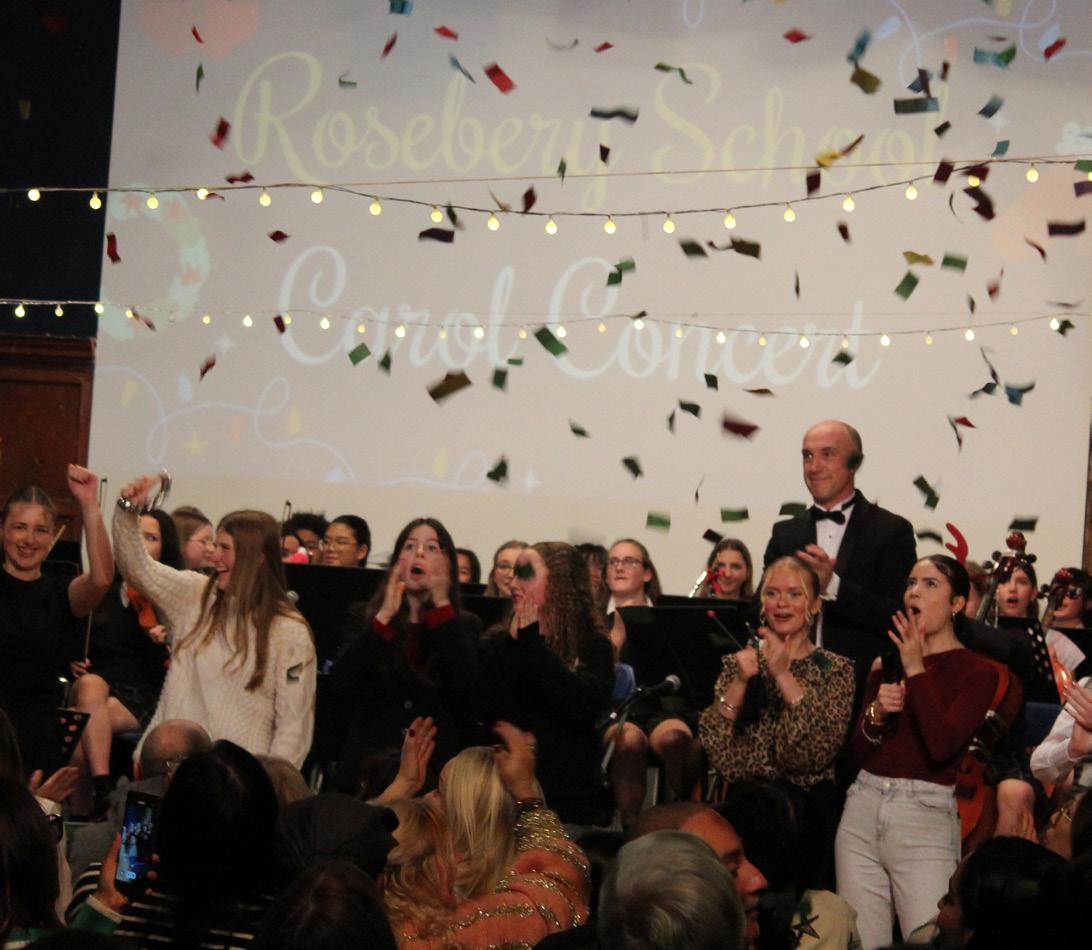


We aim to provide a wide range of opportunities linked to the curriculum. While there are costs associated with these experiences, we hope that with sufficient notice families can plan for trips that may otherwise be difficult to access.
There is no expectation for students to attend all, or any, trips. Our goal is simply to offer experiences that complement learning and provide something of interest for every member of our community.
Opportunities include:
• Geography fieldwork in Year 12, including a trip to Iceland, where students will explore the waterfalls of Skogafoss, the black sand beaches of Reynisfjara, and spend time in Reykjavik.
• English theatre trips linked to texts studied on the chosen course, allowing students to experience performances that enhance their understanding and engagement with the curriculum.
• London-based visits where Year 12 students can select a location in the city to explore in depth, connecting directly to their studies and providing a practical context for classroom learning.
• Washington and New York trips, offering a firsthand experience of politics and history-in-the-making, with visits to Ellis Island, Congress, and Central Park.
• Physics trips with the possibility of visiting CERN in Geneva, giving students a unique insight into cutting-edge scientific research and experiments.
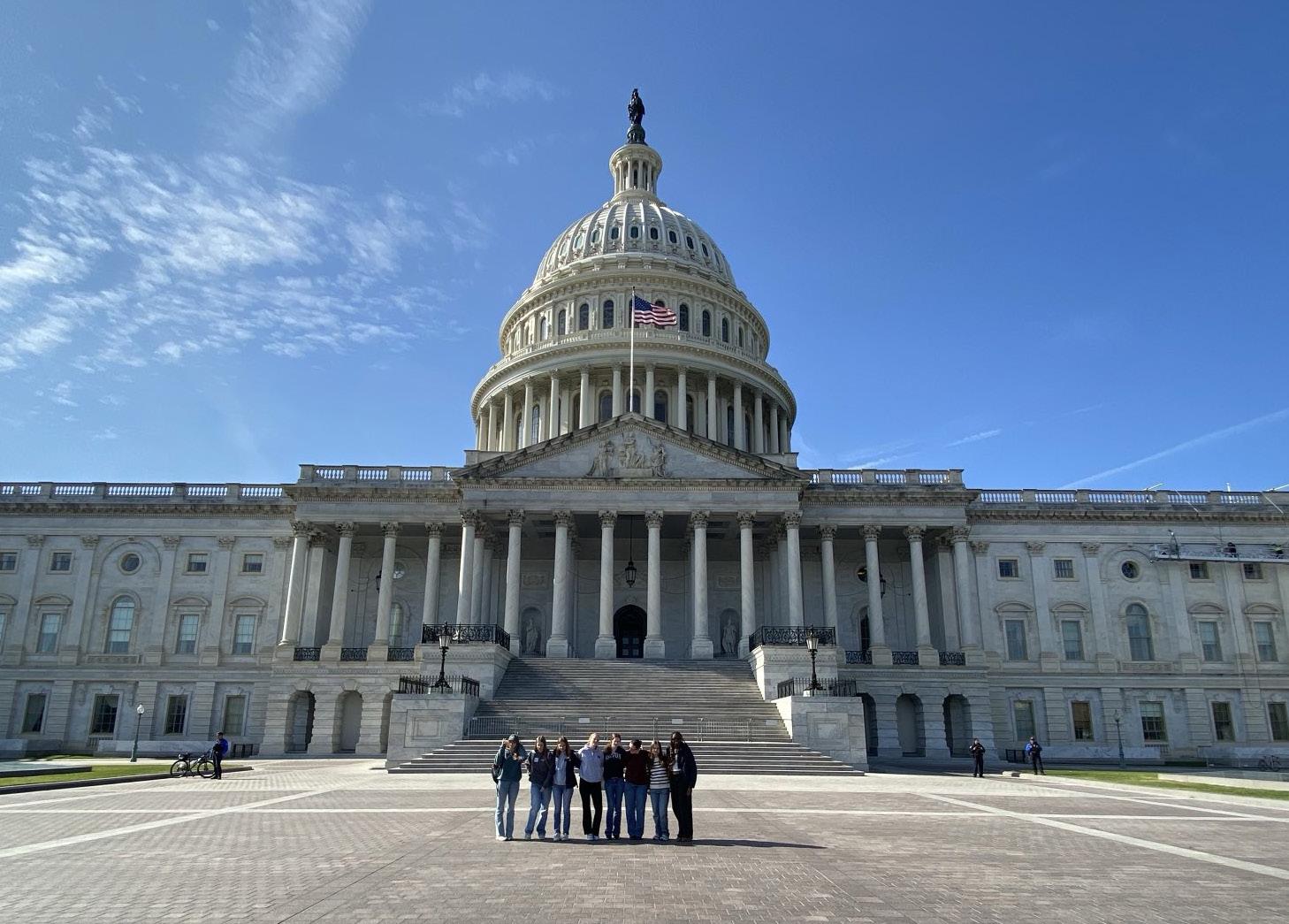
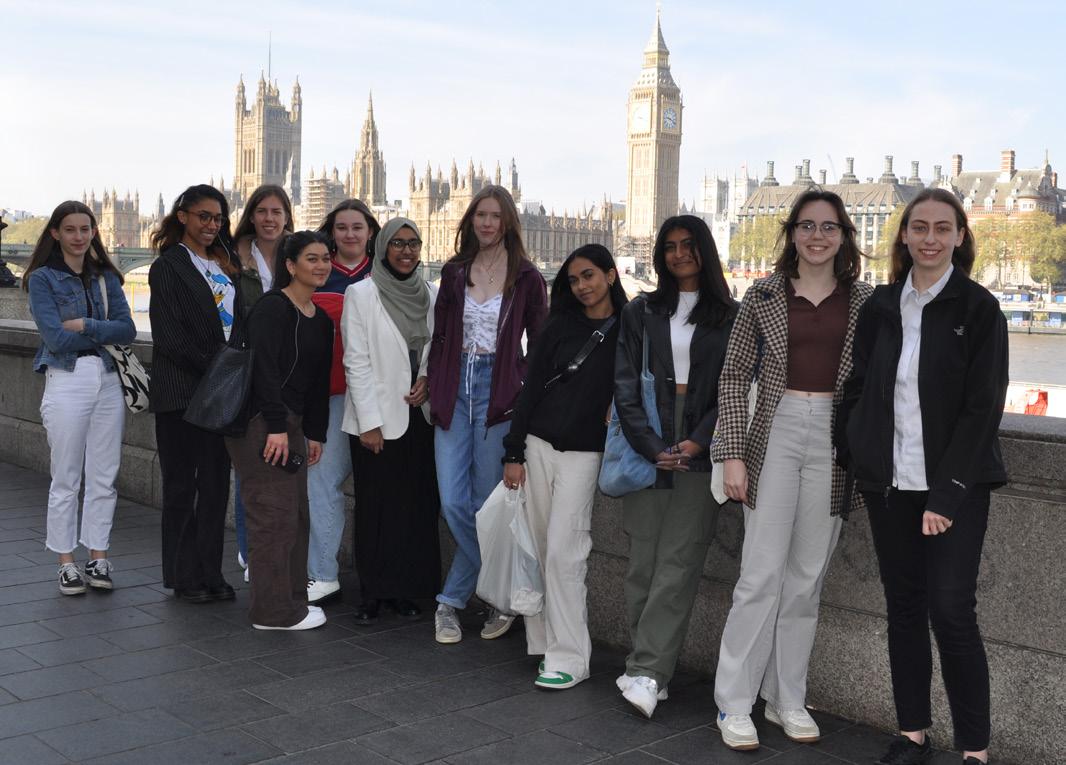
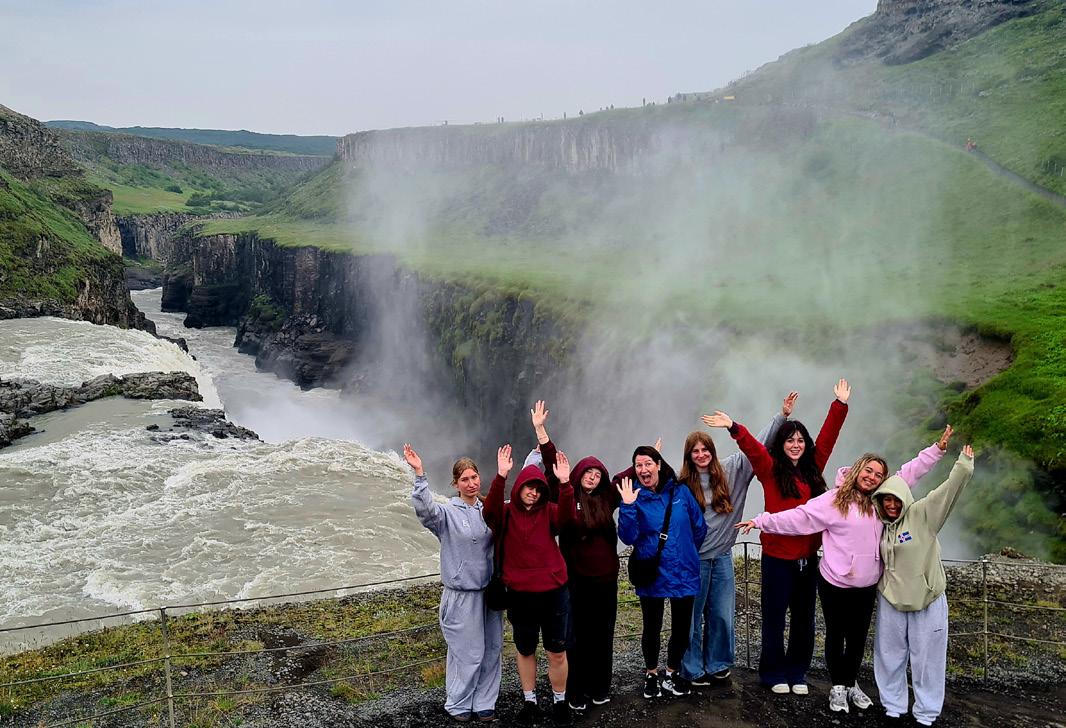
Around 90% of our students make applications to university. This means that we offer everyone advice and guidance on choices, activities to support applications and personal statement support, in accordance with the UCAS process. For most students this support starts formally in January of Year 12 and then continues throughout Years 12 and 13 until all students have completed successful applications.
With 10-15% of students each year making applications to early entry competitive courses we offer a bespoke pathway that supports these applications. Internal students will be identified in Year 11 and then again at the start of Year 12. We have aspirational expectations for all our students, but OxBridge and medicalised applications do require a bespoke approach.
This programme is run by Miss Allen and ensures that students are prepared in good time for wider reading, application assessments, personal statements and interview. The medicalised pathways (MedDenVet) have a student led group that meets every week to discuss wider reading, invite external speakers and support one another with the build up to applications.
Another 10% of students apply for apprenticeships and this group is supported directly by Mrs Keaveney. From finding the right apprenticeship to filling in application forms and interview technique.
In January of Year 12, there will be specific lessons around the types of pathways students can take. This will focus on explaining the EPQ in detail and offering an online learning pathway for those that are interested. They will also outline each pathway that is available to them and the best activities for students to start at this point in Year 12.
We use the Autumn Term of Year 12 to embed good study habits and wellbeing support. Our students then are much more able to engage with the wider need for supra-curricular activites from January onwards.
In June we have a day of lectures and workshops so that every student is able to follow the UCAS process as they see fit. By the next day all students have logged in and will have access to the application process.
We also use the day to offer advice and guidance on writing personal statements, making course choices and thinking about what to look for in a university or apprenticeship.
Following on from HE day, Year 12 have two days of workshops and seminars, that they pick themselves, around professionals talking about their work and how they got there, wellbeing and mindful practices, life skills and gap year activites.
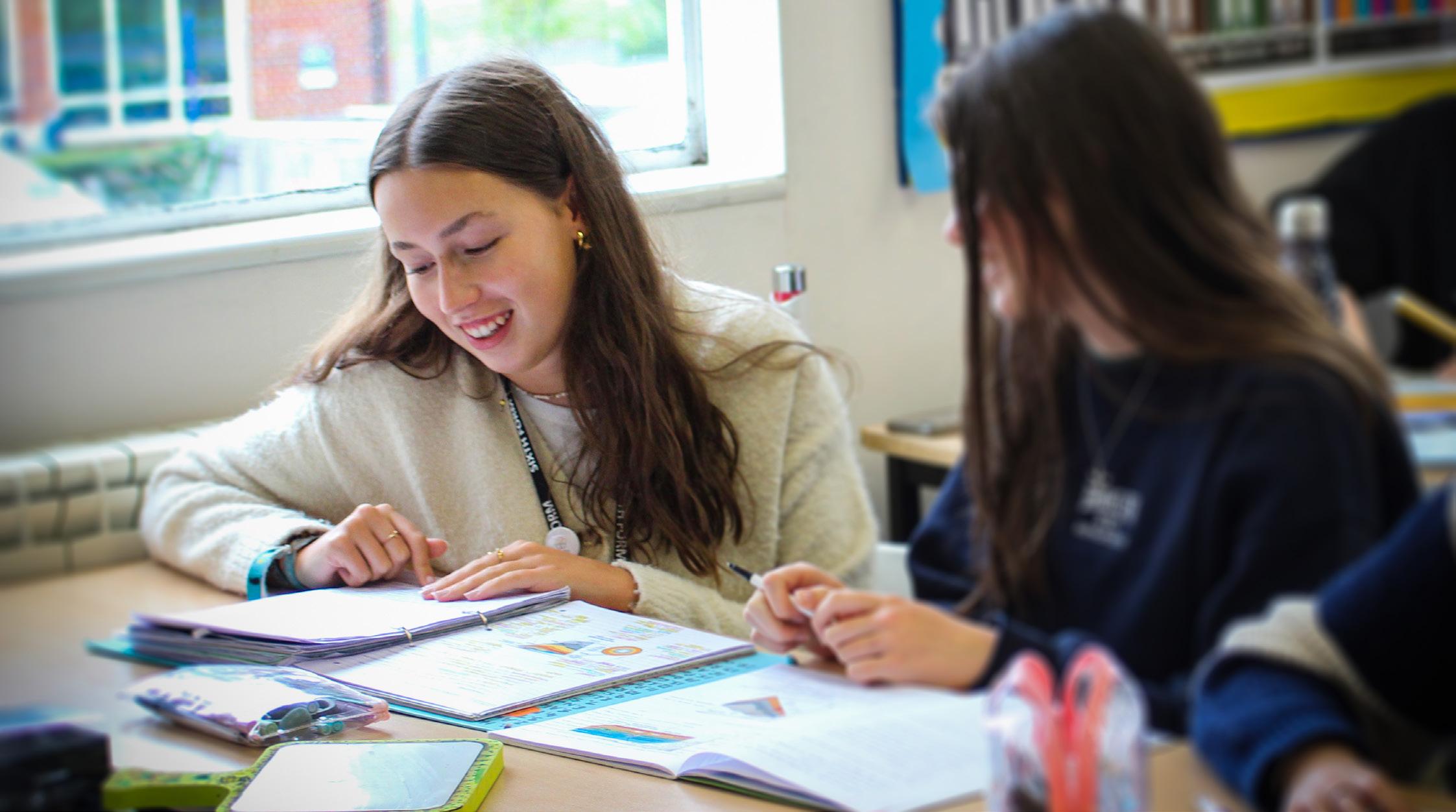
All students follow the following advice and guidance programme around next steps and higher education. We understand that every student is in a different position when it comes to prior knowledge of what is available and the process of applying. Every student has access to the same talks, meetings and support through Year 12. From this provision we then differentiate those applying for apprenticeships, early entry university courses and main deadline university courses.
During the Autumn Term our students recieve their Unifrog log in details and an explanation about the platform. Unifrog is able to offer live searches of university and apprenticeship courses. It is also where we encourage students to record their extra and supracurricular activities so that writing about themselves becomes less daunting in June and upon their return in Year 13.
Early in Year 13, all students mett with a member of the leadership team to discuss their plans and finalise grades for their applications.
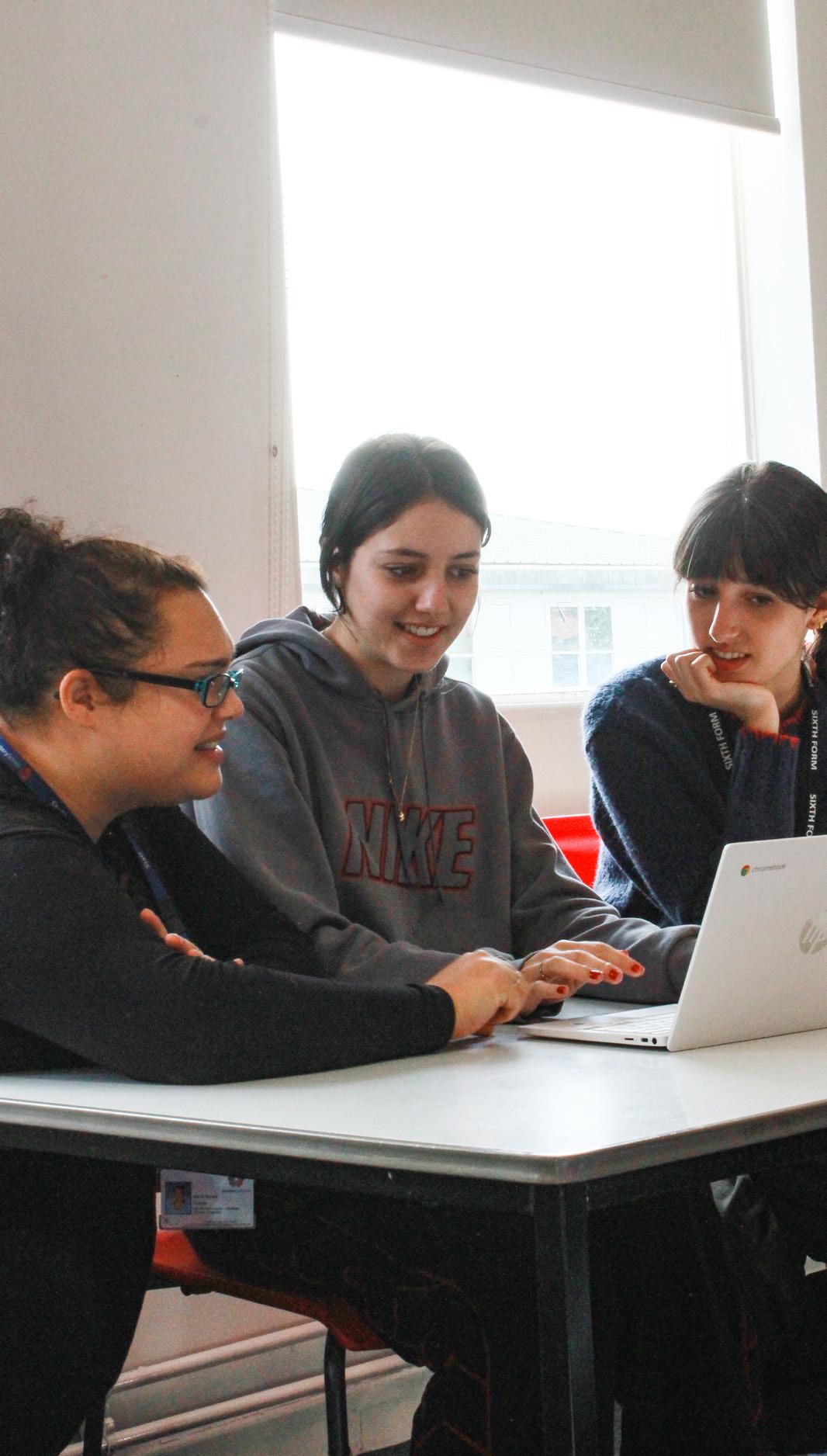

From day one, every student wll have the opportunity to ask and discuss their future plans with their personal tutor. These meetings will focus on study habits, wellbeing and enrichment during the first term.
In line with the calendar events the meetings will turn to discussions around the merits of different routes, whilst flagging to the rest of the team those who will be part of our competitive application programme. The personal tutor will, for morst students, be best placed to use the subject specific references to write the school reference.
We never forget that many apprenticeships are extremely competitive as well. Mrs Keaveney is always on hand to offer resources, advice and guidance for the whole application process.
We pride ourselves on being able to support every student, whatever their chosen university, apprenticeship or career path. We offer a number of opportunities to meet with senior staff to discuss UCAS grades, courses and how to write the best possible personal statement.
Students applying for apprenticeships will be supported throughout the process so that they are confident to perform at their very best at interview stage.

“
I’m hoping to study medicine at uni and have looked at Bristol, Brighton and Sussex Medical school. The
Competitive Applications
Programme has helped me to prepare for my personal statement and has encouraged me to pursue wider reading and engagement around my chosen subject.
At Rosebery, we encourage our students to aim high and make ambitious choices for their futures. The competitive applications pathway at Rosebery is a bespoke programme for students who are targeting competitive courses at prestigious universities, which require early application. Students are provided with targeted support in preparing to apply to Oxbridge and Russell Group Universities and to competitive courses including Law, Medicine, Veterinary Medicine and Dentistry through a dedicated Google Classroom space, weekly seminars conducted by the Head of Competitive Applications and half termly 1:1 meetings.
Seminars are run weekly and support students through the competitive application process from start to finish.
Seminars centre around:
• Wider reading and scholarship
• Course and college selection
• Planning and writing impressive UCAS applications
• Strategies for maintaining a strong test mindset for entrance examinations
• How to conduct an effective interview, including
• mock interview practice
These students meet every week to help support one another and to do the reading and discussion needed to excel. We have a carefully planned support network for interview preparation. Help with UCAT and BMAT. We also offer the opportunity for students to deepen their knowledge through the Extended Project Qualification and wider reading. We have a fledgling student-run group that meets on a regular basis to discuss relevant current affairs based around the four pillars of medical ethics.
We have a planned programme of events and one-toone support, ensuring that all Rosebery students who wish to apply to Oxford or Cambridge Universities are very well prepared. Every year we have a number of students who are selected for interviews.
Alongside the core seminar programme, competitive applicants have access to a dedicated Google Classroom where they can access guidance and resources for:
• Subject specific enrichment opportunities including
• additional courses, essay writing competitions,
• lectures and exhibitions, both virtual and live.
• Broader in school enrichment opportunities
• that encourage well-rounded students, such as TEDxRosebery, Young Citizens Bar Mock Trials, School Newspaper, The Toastmasters Award, the Gresham College public speaking competition and University taster sessions and courses.
Students also receive additional support and guidance through:
• Oxbridge visits
• Our alumni network of successful competitive applicants
• The Rosebery Student Futures Festival
Students are identified from GCSE results and invited to meet with the Head of Competitive Applications to discuss their goals and aspirations for Sixth Form and beyond.
Students join the Google Classroom for guidance on enrichment (both subject specific and general, in schooland beyond) and demonstrating scholarship, which is regularly updated with new opportunities over the academic year.
The weekly seminar programme begins, focusing on how to select courses and colleges and scholarship and wider subject engagement.
Students begin exploring options for courses and colleges and begin logging potential material for personal statements on the UniFrog platform.
Students have 1:1 meetings with the Head of Competitive Applications half termly to monitor their progress and offer personalised guidance and support.
As part of Rosebery’s Higher Education Day, Competitive Applicants attend bespoke sessions with the Head of Competitive Applications for initial guidance on UCAS application content, structure and writing style.
Students return to school and hand in their application first drafts to the Head of Competitive Applications for initial feedback.
By the end of September, students must also have booked any required entrance examinations through the school’s exams officer, or via external test centres for UCAT and LNAT.Seminars focus on final polishing of UCAS applications and interview preparation.
15 October – usual UCAS deadline day for early applications.
Seminars continue with a focus on effective mindset andf interview strategies. Students also engage in at least one full practice interview with a subject specialist teacher.
Interviews take place and students are informed of the outcome of their application.


During the Competitive Application Programme, I have particularly found it helpful that we were given advance notices and deadlines for the possible entrance exams we might need to take, right now I am preparing for my LNAT (Law National Aptitude Test).
CHEWON C - STUDENT
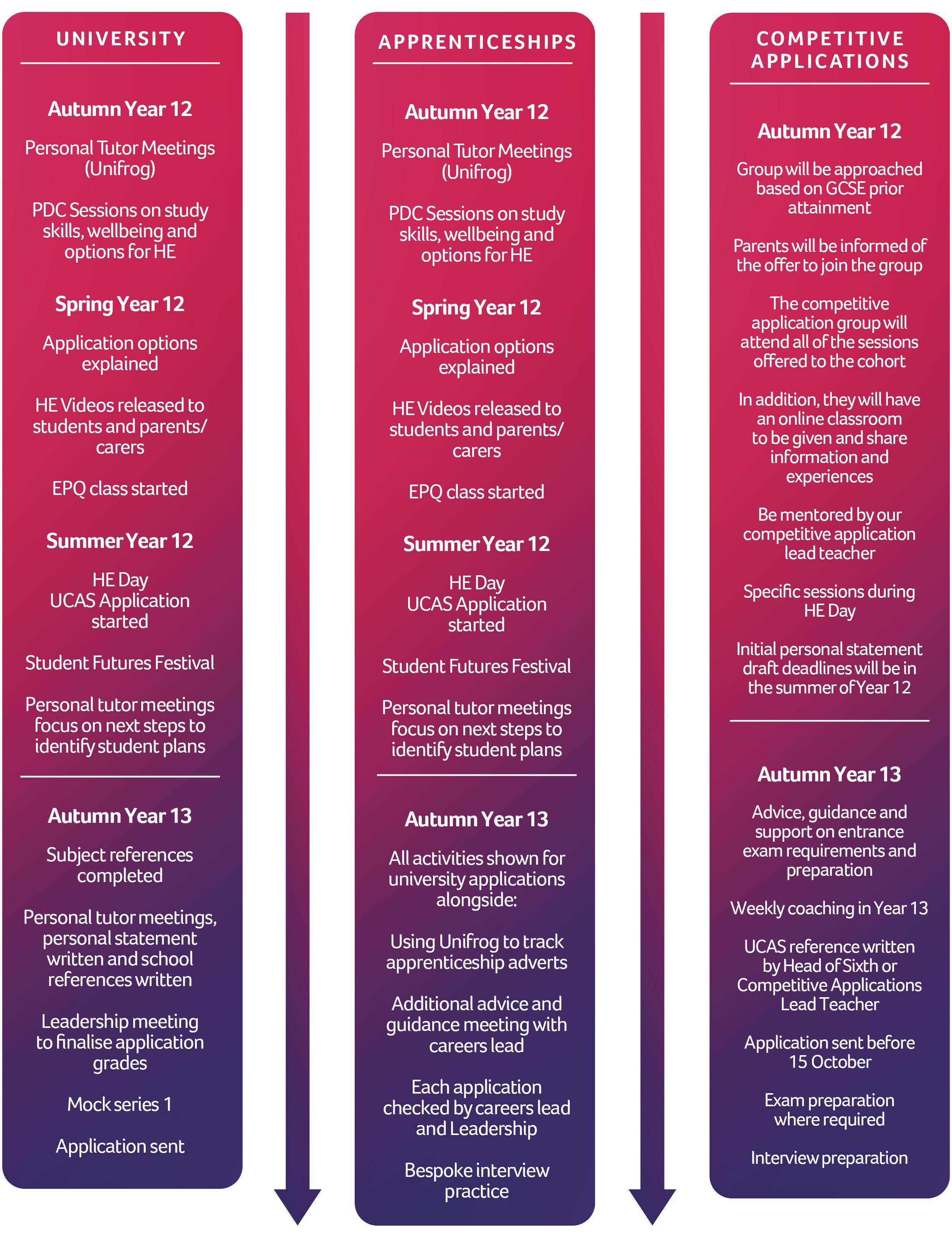
As part of our curriculum we have a very clear pathway for assessing where our students are and preparing them for the final examinations. In class there will be a wide range of assessment and feedback strategies. These inform teachers of how best to support their individual classes.
We have four formal assessment periods in the sixth form. Two in Year 12 and two in Year 13. The Year 12 assessments are called “Matriculation Assessments” and take place in January and the end of May. They help staff see if a student is coping with the course and if they are ready for the next steps. These assessments also allow students to practice timing and the formality of public exams.
In Year 13 there are two series of mock examinations to guide progress and feedback for all our students.
January - formal reports to parents with Target grades and teacher projected grades.
February – Parents’ Evening
June - formal report to parents with Target grades and teacher projected grades.
September/October - formal report with previous target and projected grades with planned grades for higher education applications after a meeting to discuss plans with a Senior member of staff
January - formal report to parents with Target grades and teacher projected grades. Parents’ Evening 1 also takes place.
March - formal report to parents with Target grades and teacher projected grades. Parents’ Evening 2 also takes place.

Used for quiet and silent study. In view of the Sixth Form Leadership offices, all students have the option to work away from the main school. The work area is open from 8:00am to 5:00pm every weekday. During the school day it is usually well used but is a quiet and spacious place to work.
We have over twenty desktop computers as well as another 30 chrome books that can be used to support online resources and complete work. On hand are your Head of Year and the Head of Sixth if you have any questions or need support.
A place for silent study and more computers during lesson time. Not only can you use this space exclusively during lessons for your own work, there is a fabulous and ever increasing range of books to read.
Your lessons take place in the same main school areas as the pillar school, helping you to stay part of the wider community and see your teachers for help and support. You are also very welcome to use the main school canteen for a wider range of lunch options.
Sixth Form students are allowed to use the gym equipment (after a suitable induction) in their non-contact time and after school. The other facilities can also be made available to them if there is availability.
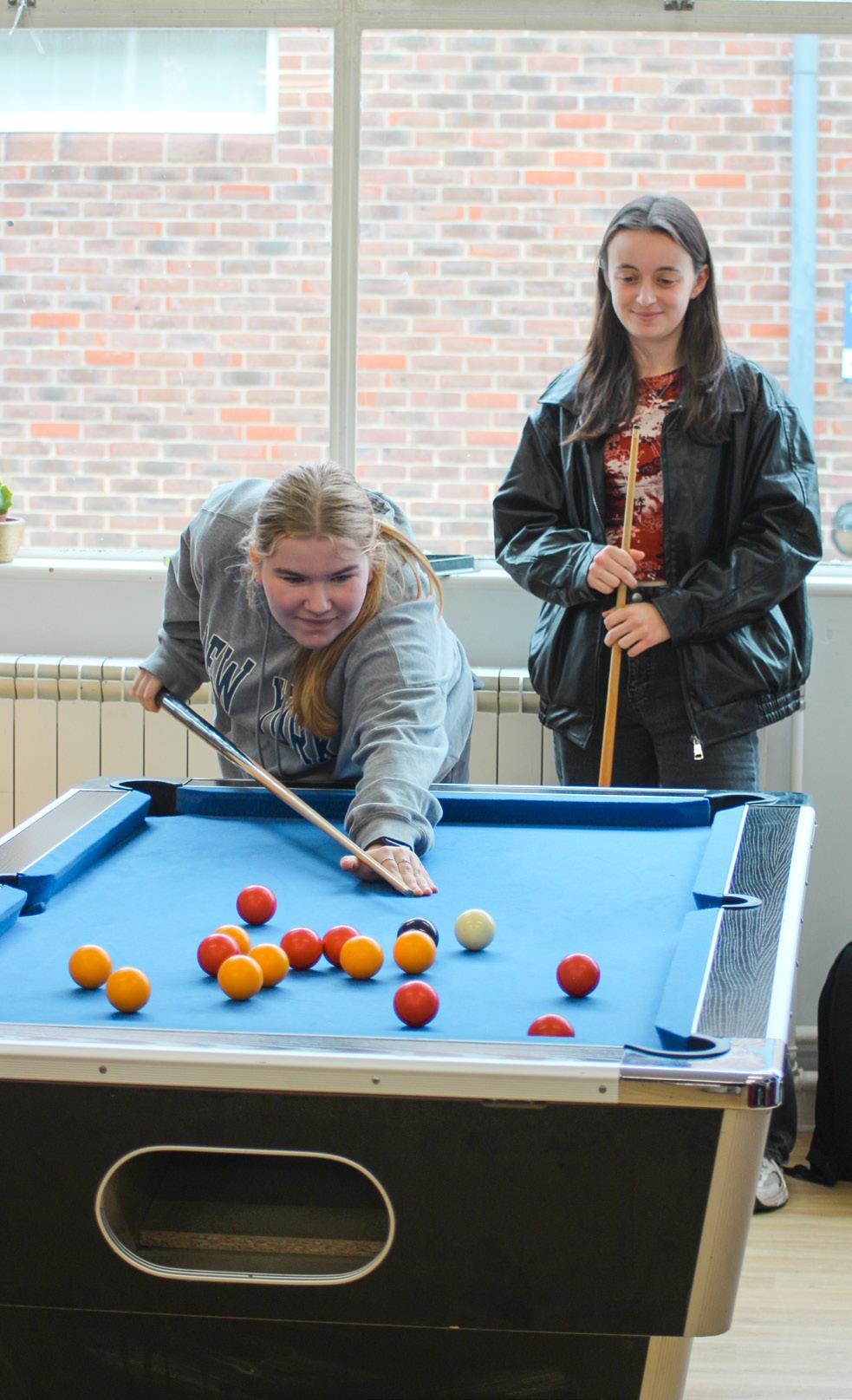
We also have our Sixth Form café and lounge area for you to relax and enjoy the company of friends. This is also where you can choose to have a locker or a cupboard to leave folders and books in the daytime.
We have a range of board and card games to keep you entertained alongside the café itself that you can use to purchase hot drinks, snacks and your lunch. As well as this we also have toilet facilities for Sixth Form only.


Here at Rosebery, we pride ourselves on continuing to maintain a strong and purposeful link with parents and carers throughout our students’ life at Sixth Form. Alongside Rosebery News every Friday, you will receive a copy of the weekly Sixth Form-only Newsletter, containing key dates, year group-specific tasks to complete, pastoral events and hugely-valued career opportunities.
As well as this we use ePraise, where all homework is logged so that you can keep an eye on specificallyrequired tasks and deadlines, as well as monitoring points, demerits, accolades and awards.
We will use ePraise as a school record of achievements that, not only can come in handy when thinking about applying for future courses, but more importantly as a demonstration of being fully involved with the life of the school and our students own interests.
Our aim is for every student to have an ePraise report page (right) filled with achievements that show that they have made the best use of their time with us at Sixth Form.
Student absence can only be authorised by parents and carers. If a student has an appointment with an accompanying letter or email, they can forward this to Mrs Cooley, who would then ensure the absence is known and authorised. Ensuring that parents/carers are responsible for attendance is a crucial part of maintaining our average attendance in Sixth Form of above 95%.
Whilst the students are sent their reports, we regularly communicate with parents/carers about academic progress. Alongside these official school communications, the Personal Tutor will be a point of contact between you and the school. Whether it is pastoral or academic, building this relationship will help support our students to achieve their best. As well as tracking achievements and accolades on ePraise, you will be able to track engagement in the STEM subjects via UpLearn. You will also be very welcome to communicate with the Head of Year. All these channels help us to keep you informed and engaged, which is so valuable in supporting the academic and pastoral success of our students.
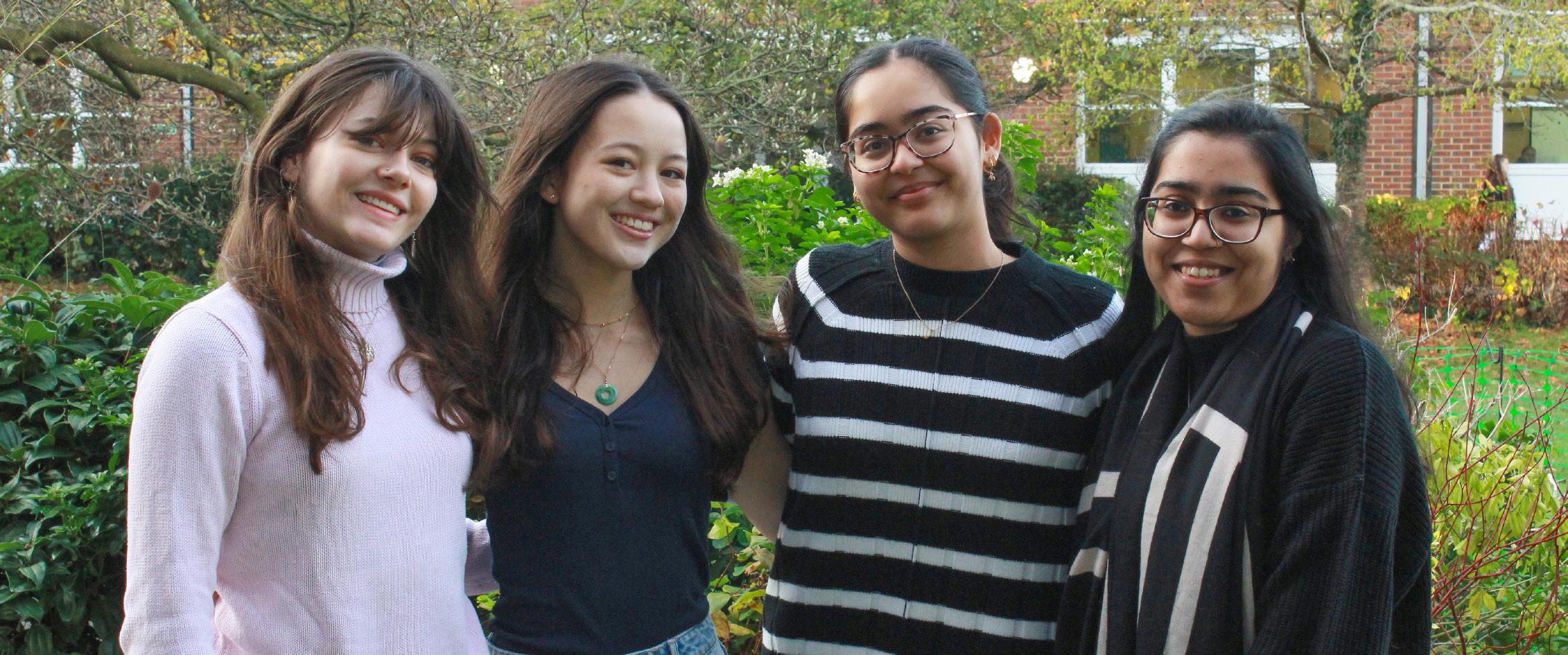

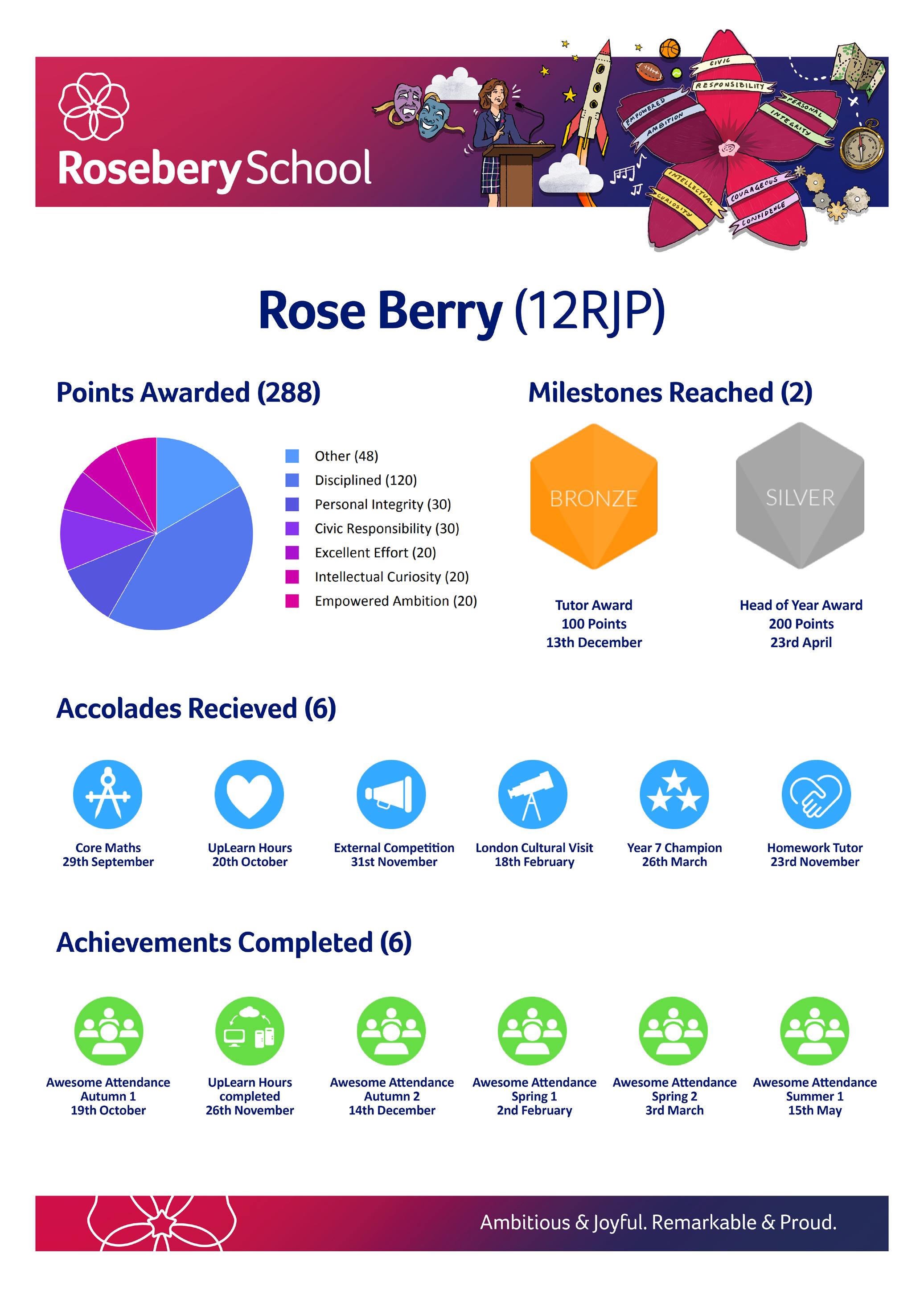
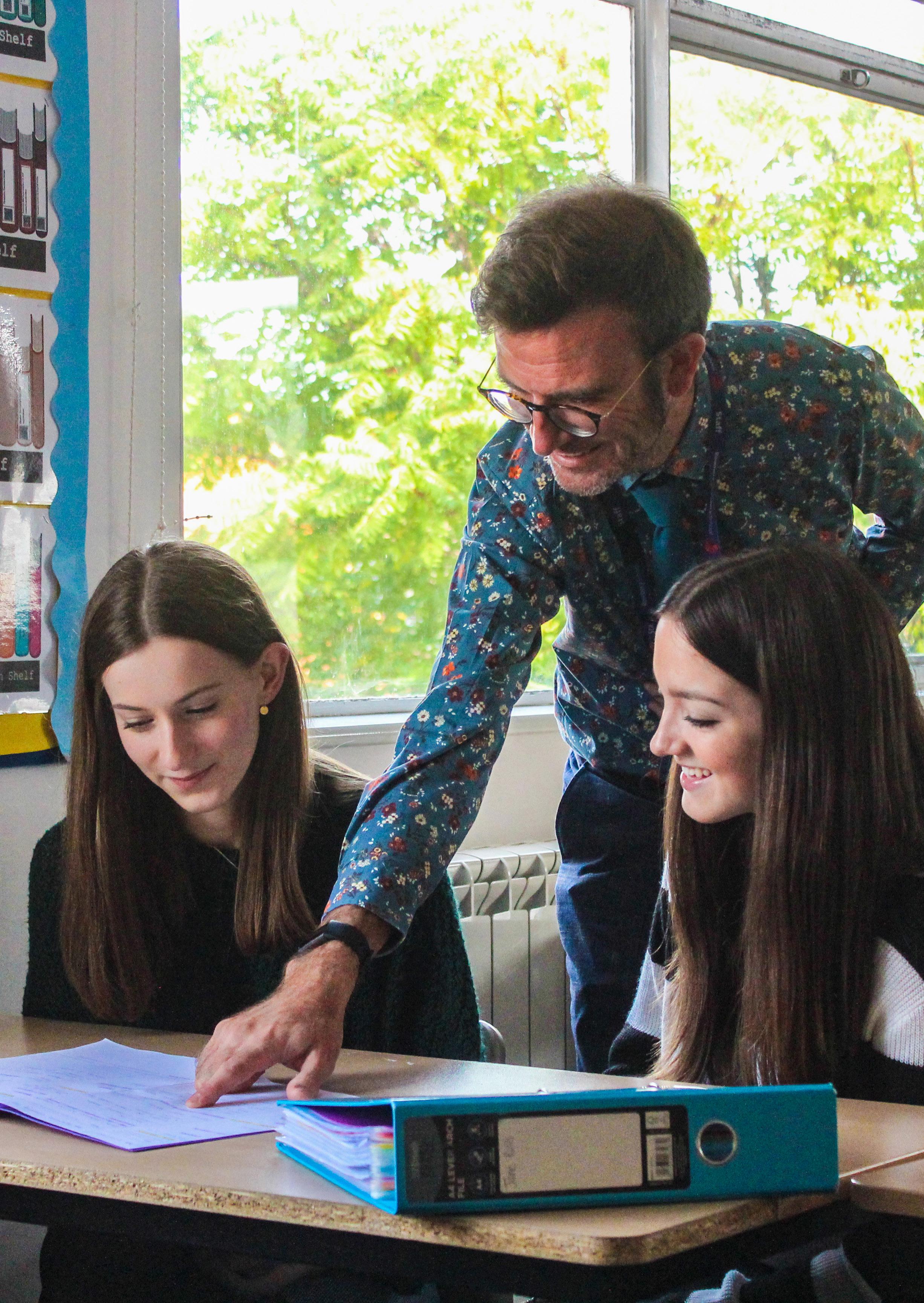
In order to ensure the greatest likelihood of success at advanced level, we want applicants to Rosebery Sixth Form to feel supported and involved in agreeing their proposed individual programme of study from the outset and we are committed to ensuring that each application to study at Rosebery Sixth Form is considered on its individual merit.
For all students studying at Rosebery, that programme of study will typically consist of three advanced level qualifications and will be supplemented by additional study periods, enrichment activities and the Extended Project Qualification.
Applicants will need to have demonstrated an ability to be successful at advanced level during Years 10 and 11 and references will be sought from their current school to ascertain the suitability for their initial subject requests. Attendance, attitude and behaviour will be considered alongside academic ability, with applicants needing to demonstrate that they are on track to achieve a standard or strong pass in the majority of their GCSE subjects.
Following this process successful applicants will be invited to an interview with a senior member of staff to discuss their proposed programme of study, after which conditional offers will be made.
All offers made will be subject to students meeting both the overall Sixth Form entry requirements and the minimum subject specific entry requirements listed overleaf, unless exceptional circumstances have been agreed.

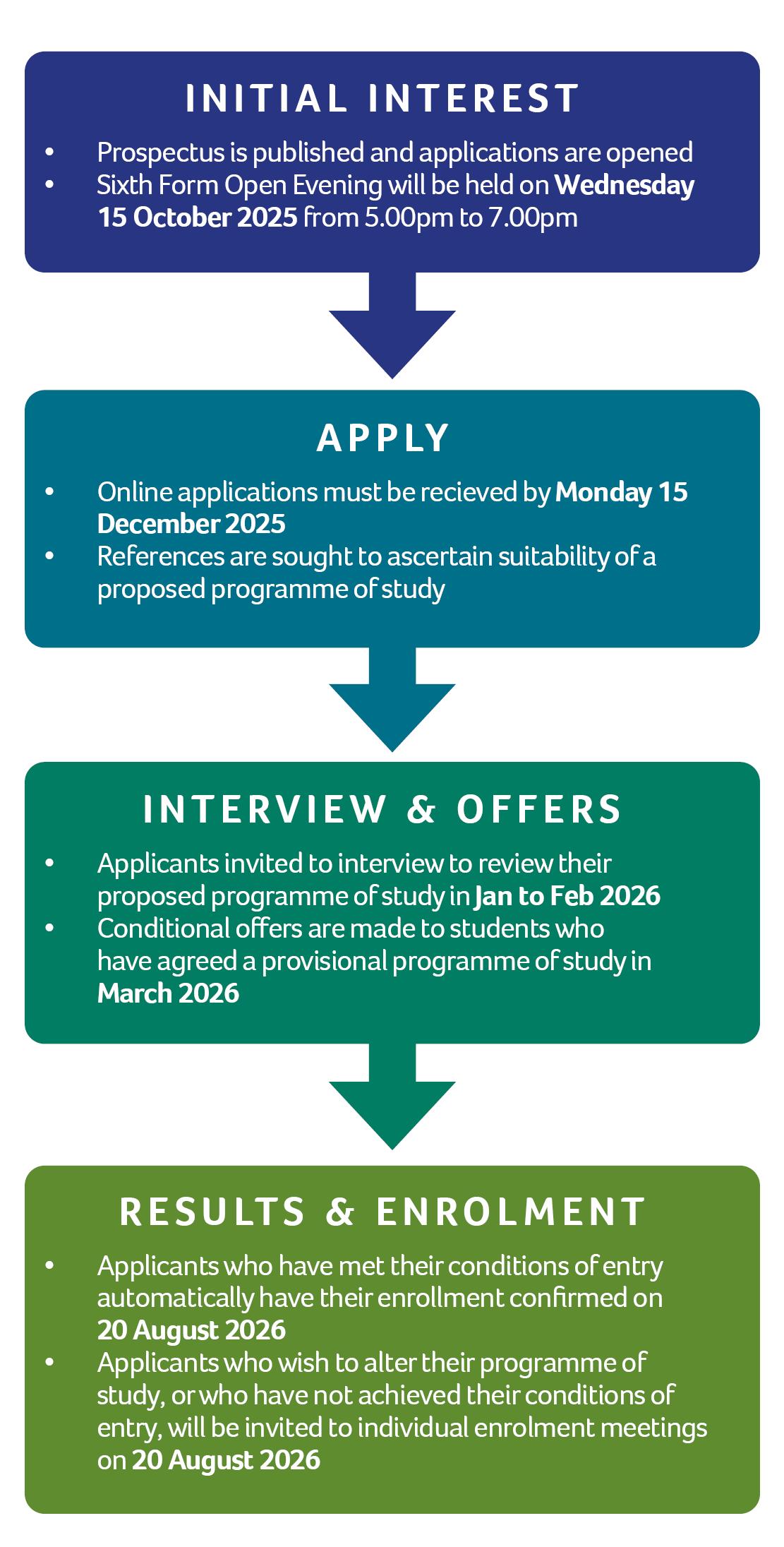
Please note that all qualifications are offered in good faith, however, the school reserves the right to withdraw a course should the number of students opting for that subject be too small to make the subject viable.
We have outstanding academic success in the Sixth Form supporting students every year to their first-choice next step. This includes Cambridge and Oxford, competitive apprenticeships, and medical courses. The advice below is given to support the best final outcomes in terms of grades and destinations.
You should start with which 3 courses you enjoy the most and will achieve well in. Once you have your subjects, you can then decide to choose another elective course to go with it. In Year 12, this would be Core Mathematics – an AS equivalent. Then, again during Year 12, you can choose to start studying an EPQ (Extended Project Qualification). The EPQ comes into your timetable in Year 13.
Because 4 A Levels put such a high demand on students, we only offer this as an option if the subject is Further Mathematics or Music. Students will have the choice with these to only study them for a year and sit the AS examination. You can, of course, continue them to the full A Level (you may do Further Mathematics or Music as part of your 3 subjects as well).
It is rare that studying 4 subjects is to the student’s advantage. Rather than “start on four and drop one”, we aim to offer enough advice and guidance so that you start on the most appropriate 3 subjects from September.
This advice comes from the fact that University offers are based on 3 grades, meaning that the highest 3 grades count towards university and doing everything you can to get the best selection is the priority.
Please note that this means every Rosebery student can achieve 5 qualifications with us over the 2 years. This is more than enough for all opportunities available following Sixth Form.

We offer the greatest range of facilitating subjects possible. Whilst there are other A Level subjects that have a vocational or high specificity which may sound interesting, they may also limit future choices. We try to offer subjects that keep as many options open as possible. For example, a suitable alternative to studying Law would be any subject from either English, History or Politics. After studying one of these subjects, a student could still go on to university to study Law.
Another example of this is Criminology. A broader alternative would be either to take Psychology or Sociology. Both of which have some of the roots of Criminology without narrowing the options available following leaving Sixth Form.
The scary truth is that your GCSE results are the most important part of any future application. Which is why we try and support the main school team in helping our students achieve their best outcomes in Year 11.
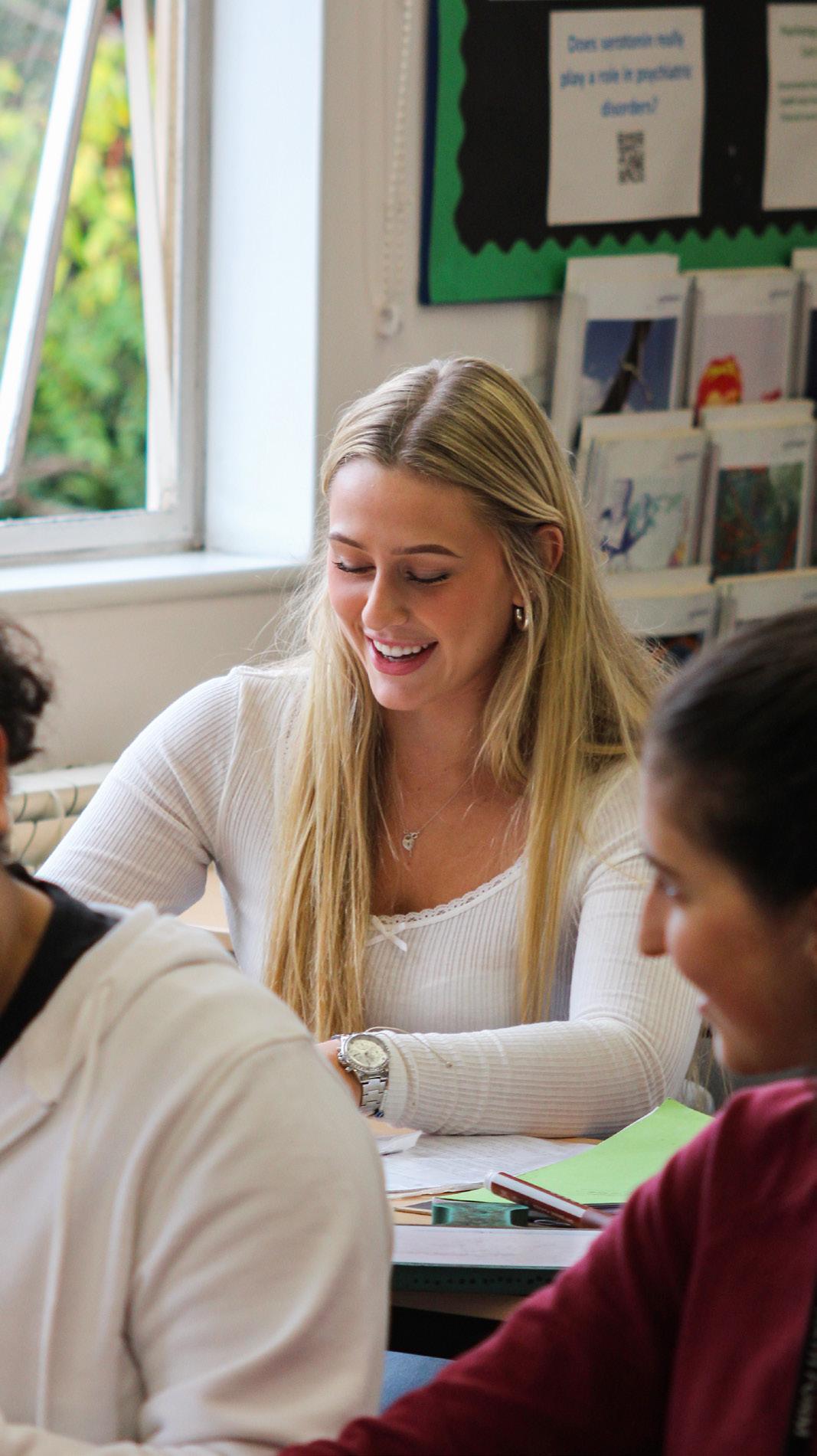
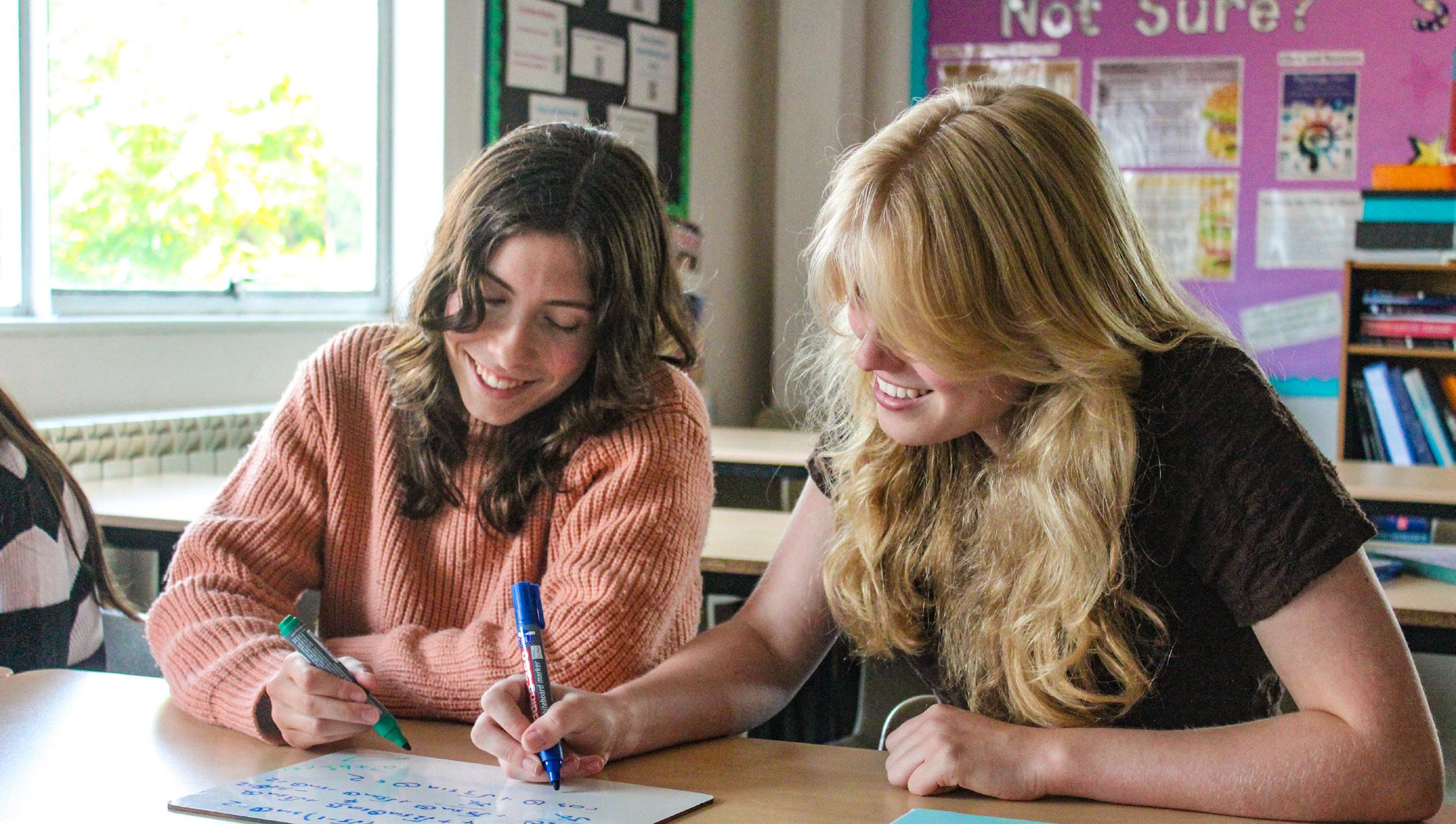
It is very rare for there to be three subjects needed for a particular university course. There are though, a number where a good pair are helpful.
• Medicine, Dentistry and Veterinary Science (Biology and Chemistry, plus one other)
The third subject here can be almost anything that you have a good possibility of achieving an A or A* grade in. Please do consider a language or creative arts subject, as this offers a very broad set of skills. You should also be aware that the two most important parts of your application for medicine are the strength of your GCSE grades and the subsequent score in the UCAT or BMAT exams. If you did not choose A Level maths, you could study Core Maths to demonstrate a continued mathematical ability. An EPQ alongside this would also demonstrate mature research learning skills and would be seen favourably in any medicalised application.
• Engineering Mechanical Engineering – Maths and Physics, then any other third subject for most universities. For the most competitive universities, Further Maths or Chemistry would help to support applications. Chemical Engineering – Maths and Chemistry with any other third subject.
• Architecture Maths and Physics, with Art being a good third subject.
• Nursing (any) and Paramedic Science A Level Biology or Medical Science, plus any other two subjects.
• Sports Science Biology or A Level PE, plus any other two subjects.
• Law
Any three A Levels, however, given the heavy reading and essay-style of the courses, studying History or an English course would be good preparation.
Almost any other University course probably only needs one related A Level, and the key focus is on achieving the highest grades possible.
Cambridge and Oxford follow the same outlook but will be expecting a minimum of 2 A* grades and 1 A grade at A Level. This is not an exhaustive nor definitive list as there some other very specific courses with clear expectations. It is good to take home the message that you are able to choose more freely for more courses than you think. So, think first about what you are good at and what you enjoy.
Overall requirements needed as well as subject specific entry requirements outlined below: we require all students to have at least 6 GCSE qualifications at grade 4 and above.
SUBJECT LEVEL MINIMUM GCSE GRADE REQUIREMENTS
ART & DESIGN (FINE ART) A Level 5 in Art if previously studied* 4 in English Language
ART & DESIGN (PHOTOGRAPHY) A Level 5 in Art if previously studied* 4 in English Language
BIOLOGY A Level 6 in Biology or 6-6 in Combined Science 5 in Maths 5 in either English GCSE
BUSINESS A Level 5 in Business Studies if previously studied 4 in Maths 4 in either English GCSE
CHEMISTRY A Level 6 in Chemistry or 6-6 in Combined Science 6 in Maths
CRIMINOLOGY Level 3 Certificate 4 in either English GCSE 4 in Sociology if previously studied
DT: FASHION AND TEXTILES A Level 5 in Textiles or Art if previously studied* 4 in English Language
DRAMA AND THEATRE A Level 5 in Drama if previously studied* 5 in either English GCSE
ECONOMICS A Level 6 in Maths 5 in either English GCSE
ENGLISH LANGUAGE AND LITERATURE A Level 6 in English Language 5 in English Literature
ENGLISH LITERATURE A Level 6 in English Literature 5 in English Language
FRENCH A Level 6 in French 5 in either English GCSE
GEOGRAPHY A Level 6 in Geography 5 in Maths 5 in either English GCSE
SUBJECT LEVEL MINIMUM GCSE GRADE REQUIREMENTS
HEALTH AND SOCIAL CARE BTEC Level 3 4 in Maths 4 in either English GCSE
HISTORY A Level 6 in History 5 in either English GCSE
MATHS A Level 6 in Maths
FURTHER MATHS A Level 8 in Maths
MEDIA A Level 5 in Media if previously studied, 5 in either English GCSE
MEDICAL SCIENCE AAQ BTEC Level 3 4 in Maths 4-4 in Combined Science or equivalent in Triple Science
MUSIC A Level 6 in Music and ABRSM Grade 5+ or equivalent
PE A Level 5-5 Combined Science or a 5 in Biology 5 in PE if previously studied*
PHYSICS A Level 6 in Physics or 6-6 in Combined Science 6 in Maths
POLITICS A Level 5 in either GCSE English, 5 in either Geography, History if studied
PSYCHOLOGY A Level 5 in Maths 5 in either English GCSE 5 in Biology or 5-5 in Combined Science
PHILOSOPHY, ETHICS & THEOLOGY A Level 5 in either English GCSE 5 in RS if previously studied
SOCIOLOGY A Level 5 in either English GCSE 5 in Sociology if previously studied
SPANISH A Level 6 in Spanish 5 in either English GCSE
*If Art, Drama, Music, PE or Textiles have not previously been studied, evidence of work and/or performance at an equivalent of higherlevel will be considered.
This table illustrates the proposed blocking for the subjects we offer, we believe that this will help you to make informed decisions about which subjects work well together. When you apply you will be asked which subject you would like to study from these blocks.
Students will opt for a programme of study which will consist of three A Level or Level 3 subjects, and each subject will need to be listed in a different block in this table for the timetable to work and to ensure we can timetable your universal offer, private study and elective choices.
You will be able to select music, further maths or core maths as a fourth subject. EPQ does not need to be
chosen now as it is a timetabled Year 13 course. You can see however that it is accommodated across all the blocks. Any other requests for four subjects can be discussed with Mr Phillips or Mr Sheffield before applying or at your pathway interview later this academic year. Any subject combination must fit the blocks.
If these blocks do not facilitate the combination of subjects that you wish to study, you will be able to make us aware at the time of application. The school will respond to you individually and we are open to making changes so that they may be accommodated, if possible, much like we did when you made your GCSE subject choices.
These are our proposed blocks for 2026 – you will make your initial choices from these, but we reserve the right to amend these blocks, you may only pick ONE subject from each block. We offer all subjects in good faith and intend , but we reserve the right to remove a subject from the offer if it does not have a viable number of students.
The three courses marked with * are vocational which means that they are not A Levels but they are equivalent in size and ‘value’.
Art and Design: Fine Art
Art and Design: Photography
Biology
Business
Chemistry
Criminology (Vocational)
DT: Fashion and Textiles
Drama and Theatre
Economics
English Literature
English Language and Literature
French and/or Spanish
Geography
Health and Social Care (Vocational)
History
Mathematics
Further Mathematics
Media Studies
Medical Science AAQ (Vocational)
Music
Physical Education
Physics
Politics
Psychology
Philosophy, Ethics and Theology
Sociology
Core Mathematics
Extended Project Qualification (EPQ)
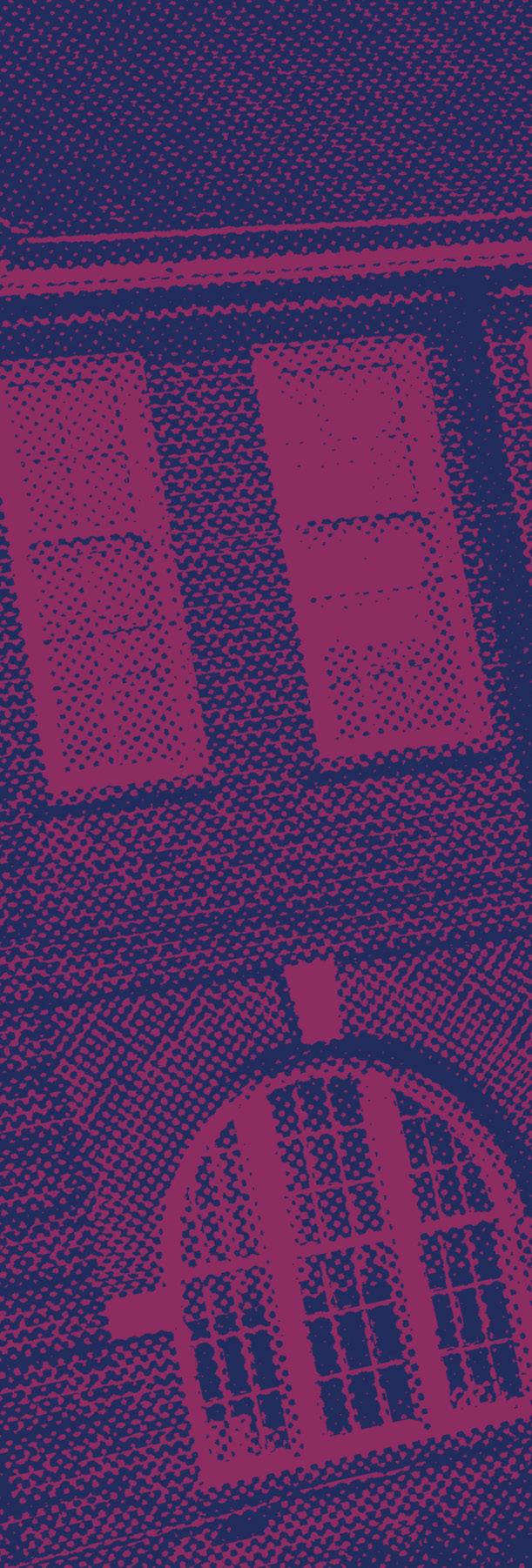

“Art is a subject in which you can explore and experiment with your creative ability. During the time I have spent doing A Level Art, I have enjoyed the wide range of media and materials we have to express our ideas. The Art Department is so supportive of all our work and always gives you a helping hand when needed. In Art I feel free to think outside the box and reach new boundaries.”
Exam Board: Edexel
Key supporting GCSE subjects: Art, Media, English
Complementary subjects at A Level: Textiles, English Language and Literature
Course content:
Fine Art enables students to explore a broad range of 2D and 3D approaches.
Initial emphasis is on developing a working knowledge of materials, practices and technology in disciplines, including drawing, painting, sculpture and new media.
The course also develops an understanding of the place of art, craft and design in history and contemporary society. In the latter stages, there is an open, creative approach and students are encouraged to develop individual skills as fully as possible.
Assessment:
The course is divided into two units of work:
Component 1, Personal Study accounts for 60% of the final grade.Component 2, Exam Unit accounts for 40% of the final grade. All units are internally marked and externally moderated at the end of year exhibition.
Teaching methods:
Practical sessions, discussion groups, tutorials, presentations, with opportunities to develop skills through additional classes, such as oil painting, life drawing and a residential study weekend.
Progression:
Fine Art at A Level is a well-respected course at most universities. If you are in any doubt, contact the institution you are interested in. The usual progression to Art and Design courses at university is via an Art Foundation course. In recent years, we have had successful applications to a variety of local and London colleges.
Careers in design, advertising, publishing, events organisation, architecture, museums, theatre or gallery work, marketing, photography and the media. The study of art and design will also help you develop transferable skills in visual communication, which you can take into any career.
to contact - Mrs Rundle

“Your first 10,000 photographs are your worst”
- Henri Cartier-Bresson
How many photographs did you take last week, last month, last year? This subject will teach you how to see the world and know how the decisions, the eye and heart of a photographer records it. We navigate hundreds of photographs in our daily lives and studying them gives us the power to understand and use them.
Exam Board: Edexcel
Key supporting GCSE subjects: Art, DT, Drama, English
Complementary subjects at A Level: Fine Art, DT Textiles, English Language and Literature
Course content:
A Level Photography develops technical and creative skill, alongside a conceptual understanding of lens-based image production. Initial emphasis is on developing a working knowledge of the practices and technology in Photography, including the camera, core formal elements of light, composition, editing and presenting work.
The course also develops an understanding of Photography as an art form and cultural practice hinging on the rise of technology in recent history and contemporary society.
In the latter stages, there is an open, creative approach and students are encouraged to develop individual skills as fully as possible. This aligns with the Fine Art course and offers students an incredible opportunity to apply their understanding to a self-selected area of study offering an authentically open creative journey to complete their studies.
Assessment:
The course is divided into two units of work: hComponent 1, Personal Study accounts for 60% of the final grade. Component 2, Exam Unit accounts for 40% of the final grade. All units are internally marked and externally moderated at the end of year exhibition.
Teaching methods:
Practical sessions and workshops, discussion groups, group and individual tutorials, presentations, and opportunities to develop skills through gallery visits and workshops.
Progression:
Photography A Level is a well-respected course at most universities for evidence of discipline, creativity, and independence. If you are in any doubt, contact the institution you are interested in. In recent years, we have had successful applications to a variety of local and London colleges.
“Biology is fun, dynamic and really interesting. The department is incredibly helpful and is always up to going that extra mile to make sure you are confident about a topic. The relaxed, secure environment makes learning really easy and comfortable. A Level Biology, though challenging, is completely worth the time and effort. I would definitely recommend studying Biology at Rosebery.”
Exam Board: AQA
Key supporting GCSE subjects: Biology, Chemistry, Physics or Combined Science, Maths and English.
Complementary subjects at A Level: Chemistry, Physics, Maths, Geography
Course content:
Year 1:
• Biological molecules
• Cells
• Exchange and transport
• Genetics
Year 2:
• Energy
• Response to the environment
• Evolution, populations and ecosystems
• The control of genetics
Assessment:
Questions involving the use of mathematical skills within Biology will contribute to 10% of the assessment. Practical work will also be assessed through questions in written examination papers at A Level. A separate assessment of ‘practical competency’ will assess the ability of learners in practical skills at A Level.
Three written examinations are taken in June. They may include multiple-choice, short open, openresponse, calculations and extended writing questions. Paper 3 also includes a synoptic essay question worth 25 marks.
Teaching methods:
Formal teaching, group work, discussion, practical work, microscopy, modelling, ICT, videos, films and presentations.
Progression:
Biotechnology and genetics, medicine, nursing and paramedical careers. Veterinary science, food science, forensic science, sports science and environmental science.
Teacher to contact - Mrs Rundle
Teacher to contact - Mrs Macgregor
“You may not have studied any business-related subjects before but that does not matter. This is a dynamic course designed to engage students through topics and issues that are relevant in today’s society. Students will develop the knowledge and skills needed to analyse data, think critically about issues and make informed decisions. These are skills that are needed for further study and employment.”
‘’I chose to study business because I really enjoyed it at GCSE; it is really applicable to real life and has been useful in helping me set up and run my own enterprises. I am confident knowledge gained from the course will help me throughout my degree and career.’’
Exam Board: Edexcel
Key supporting GCSE subjects: Business, Maths, English
Complementary subjects at A Level: Sociology, Psychology, Economics
Course content:
Theme 1: Meeting customer needs,●the market,●marketing mix and strategy, managing people and entrepreneurs and leaders.
Theme 2: Raising finance, financial planning, managing finance, resource management and external influences.
Theme 3: Business objectives and strategy, business growth, decision making techniques, influences on business decisions, assessing competitiveness and managing change.
Theme 4: Globalisation, global markets and business expansion, global marketing and global industries and companies (multinational corporations).
Assessment:
Paper 1:
Marketing, People and Global Business (Theme 1 & 4) - 35% of total qualification, 100 marks, 2 hrs.
Section A and B each comprise one data response question broken down into a number of parts, including one extended open response question.
Paper 2:
Business activities, decision and strategy (Themes 2 & 3)35% of total qualification, 100 marks, 2 hrs.
Section A and B each comprise one data response question broken down into a number of parts, including one extended open response question.
Paper 3:
Investigating business in a competitive environment (Themes 1, 2, 3, 4) - Content drawn from local, national and global contexts. There is a pre release context document. Eg car industry, fitness industry, hospitality industry on which questions will be based. 30% of total qualification, 100 marks, 2 hrs.
Section A and B each comprise one data response question broken down into a number of parts, including one extended open response question. Quantitative and qualitative evidence will be provided.
Teaching methods:
Range of class discussion, individual study and group tasks.
Progression:
Business Studies will be invaluable for business and finance courses at university or as a springboard to a business-related apprenticeship.

“Students with a passion for chemistry are those that succeed beyond GCSE. If you enjoyed Chemistry at GCSE and are able to apply chemical principles to everyday situations then A Level Chemistry is for you. It makes a great combination with Biology, Physics and Maths, but due to the range of skills that are refined in the 2 years, many see it as an excellent choice at A Level.”
Exam Board: OCR
Key supporting GCSE subjects Chemistry, Maths, Physics, Biology (or Combined Science)
Complementary subjects at A Level: Maths, Physics, Biology
Course Content:
The course is split into six modules:
Module 1 Development of Practical Skills
Module 2 Foundation Chemistry
Module 3 Periodic Table and Energy
Module 4 Core Organic Chemistry
Module 5 Physical Chemistry and Transition Elements
Module 6 Organic Chemistry and Analysis.
Assessment:
There are three written papers. Paper 1 and 2 are two hours 15 minutes long with the final Synoptic paper one hour 30 minutes long. Students will also complete a series of Practical Endorsement activities which are non-examined but compulsory parts of the course.
Teaching methods:
Class discussion, practical and group work. For more able students there is an opportunity to attend stretch and challenge sessions, outside lectures and seminars, and competitions. For all students, support and guidance is provided through Chemistry Clinic after school and mentoring programmes.
Progression:
Chemistry A Level is a vital requirement for biological sciences, medicine and related courses. Chemistry is accepted by a great many university courses, some of which require a high level of numeracy, such as law and engineering.
Level 3 Vocational
Exam Board: WJEC
Key supporting GCSE subjects: Sociology and English
Complementary subjects at A Level: Sociology, Psychology, Government and Politics
Course content:
Year 1
Unit 1: Changing Awareness of Crime
Unit 2: Criminological Theories
Year 2
Unit 3: Crime Scene to Courtroom
Unit 4: Crime and Punishment
Assessment: 50% internal controlled assessment and 50% external exam. Each unit is worth 25%.
Unit’s 1 and 3 are controlled assessments. Both are 8 hours long and are spread across two days. Students are required to submit a learning portfolio, which they will use to help them complete tasks outlined in the non-examined assessment. A lot of independent research is required to experience success in Unit’s 1 and 3.
Unit’s 2 and 4 are external exams. Both exams are 90 minutes long and are completed during the Summer Term of each academic year. Unit 2 is synoptic and will draw upon students’ knowledge of Unit 1 and 2. Unit 4 in synoptic and will draw upon students’ knowledge of Unit 3 and 4.
Teaching methods: To foster critical thinking, discussions and debates are frequently employed and real-life case studies are used to improve students’ analytical skills. For Unit’s 1 and 3, the delivery of the specification will help to provide a framework for students to conduct their own independent research.
The teaching of Unit’s 2 and 4 will embed and develop exam skills so students can master exam technique. Other methods used by the department include: individual study, essay and structured question discussion, presentation and the analysis of documentary programmes. Criminology students are actively encouraged to keep up to date with current affairs, so they develop a greater understanding of crime and its representation in the media.
Progression: After studying criminology, there are several degree subjects that can complement a range of career prospects in criminal justice, law enforcement and related fields, such as: Law, Psychology, Sociology, Education, Cyber Security, Forensic Science, Social Work and Political Science.
“Textiles allows you to use your imagination and inspiration around you to be as free and creative as possible” “Textiles is my favourite subject and it equips me with great skills for the future”
Exam Board: AQA
Key supporting GCSE subjects: Design and Technology, Textiles, Art
Complementary subjects at A Level: Fine Art, Drama and Theatre, Business Studies
Course content & assessment:
Component 1: NEA (50%) This component is a substantial design and make project that allows students to demonstrate their understanding of technical principles, designing and making principles and show additional specialist knowledge. A final prototype will be produced based on a context and design brief developed by the student.
Component 2: Written Assessment
Paper 1: Technical Principles 2.5 hour exam (30%) A mixture of short answers and extended response. Paper 2: Designing and Making Principles 1.5 hour exam (20%) A mixture of short answers and extended response based on two topics: product analysis (using a visual stimulus) and commercial manufacture.
Teaching methods:
Students will move towards producing a portfolio of work that encompasses various design methods and practical skills. Different design theories will be covered, as well as methods for designing. This will link with design movements and different construction and decorative techniques. Small projects will be completed ahead of the NEA so that students feel fully prepared for developing their own brief and taking an independent approach to the project. Plan for trips to be organised to see fashion and textiles in use and see professionals in the industry. A cross-curricular project with the Drama and Theatre A Level course is also planned for students in Year 12, to give a clear focus on working for a client.
Progression:
To a wide range of Textiles, Fashion and Costume degree courses (Textile Design, Material Engineering, Fashion Design, Fashion Journalism, Costume Design/Construction, Costume Supervision, Theatre Design), joint courses with Business, Marketing, Retailing, Pattern Cutting courses, Art & Design Foundation courses, Museum Curation and Conservation and more.
“Drama and Theatre is as much an experience as a course. It allows us to deepen our appreciation of the subject and study a range of texts, genres, and styles of acting. It increases and expands on skills from the GCSE course, improves interpretation and is the only subject where our individuality and personal ideas are given the chance to shine through. Led by talented and motivating teachers, we are able to meet our full potential in all our lessons.”
Exam Board: Edexcel
Key supporting GCSE subjects: Drama, English
Complementary subjects at A Level: English Language and Literature, History, Fine Art
Course content & assessment:
Component 1: Devising 40%
Exploration of a Performance Text in light of a practitioner. Devising a piece of Theatre as a performer or designer.
Recording the process in a portfolio.
Component 2: Text in Performance 20%
Group Performance from a Performance Text as a performer or designer.
Perform or design a monologue / duologue from a different text.
Component 3: Theatre makers in practice 40%
Written examination comprising of a Live Theatre Review and exploration of a set text, as well as a director’s interpretation of a different text.
Teaching methods:
Practical lessons are integrated with theory throughout. Extra-curricular rehearsals, backstage support for school productions and theatre visits will be required. Time must be spent on background reading and developing the skills required to answer written examinations and complete a portfolio.
Progression:
Drama & Theatre is a good basis for Teacher training, dramarelated courses and careers in theatre, design, administrators, educational theatre, drama therapy, social work, teaching and working in local and regional arts provisions, arts administration, TV and radio.
The Russell Group Chief Executive, Tim Bradshaw: “Universities, like many employers, value a rounded education. If, for example, a budding young scientist has met their course requirements, why shouldn’t they vary their experience with an arts subject?”
Drama is a doorway to many careers and shows employers you are responsible, have initiative and can work with other people.
Teacher to contact - Miss Shillito, Miss Haggis and Miss Lovett

“I feel empowered, I finally understand how this mad world works – I don’t like it, but I now know how I’m going to change it!”
“I wasn’t certain what to expect and at times it seemed very challenging, but Economics is now my favourite subject – I can’t wait to get started at University.”
Exam Board: AQA
Key supporting GCSE subjects: Maths, English Literature, Geography
Complementary subjects at A Level: Maths, Politics, Geography, History
Course content:
Unit 1: Markets and Market Failure 7136/01
Unit 2: National and International Economy 7136/02
Unit 3: Economic Principles and Issues 7136/03
Assessment:
Paper 1: Markets and Market Failure - two hours
Paper 2: National and International Economy - two hours
Paper 3: Economic Principles and Issues - two hours
Teaching methods: Seminars, discussion in small groups, student presentations as well as individual study.
Progression:
An A Level in Economics will be very well received by universities as you will have benefited from a broad intellectual training which inherently teaches you to think critically when faced with challenging and complex questions. Economics graduates are amongst the highest paid after graduation and are employed in a range of posts which may, or may not, be related to the discipline they studied. However, many will pursue careers in finance, investment banking, stock broking, accountancy or as actuaries with others pursuing economic research, politics or work for charitable organisations focused on economic development.
In all these settings, employers value Economics graduates’ understanding of decision-making, their research and analytical skills, and their experience of viewing problems in their local, national and international context. If you are considering Economics as a possible degree course, particularly a BSc; you may benefit from also studying Mathematics at A Level.
Students must have a genuine love of reading a wide range of challenging texts for pleasure and study. “Reading the books on the literature course has really challenged me. I love the diverse range of the texts, the themes are much more complex and the discussions that we have on the characters and language are much more mature.”
Exam Board: Edexcel
Key Supporting GCSE Subjects:
English Literature, Media Studies, Sociology, History
Complementary A Level choices: History, Sociology, Law and Psychology
Course content:
Component 1 – Drama
Two hours and fifteen minutes written examination, 30% of the qualification
Section A: Shakespeare play
Current text Othello
Section B: one other play
Current text A Streetcar Named Desire
Component 2 – Prose
One hour written examination, 20% of the qualification
Comparative essay on two thematically linked texts
Current texts: Never Let Me Go and Frankenstein
Component 3 - Poetry
Two hours fifteen minutes written examination, 30% of the qualification
Section A: an essay comparing a studied poem from an anthology and unseen poem
Section B: essay analysing poetry from a literary era; currently The Romantic era
Component 4 – Wider reading
Coursework unit: 20% of the qualification
Comparative essay on two texts. Students will be guided in their choices but will be expected to read widely in order to choose from a range of suitable texts.
Teaching methods:
Seminars, discussion in small groups, student presentations, library and electronic research, use of OneDrive, individual and group reading, tutorials on coursework. Theatre and study trips, where available.
Progression:
Single and Joint Honours English, Humanities, Law and many other degree courses.
Teacher to contact - Mrs White
Teacher to contact - Mr Lines
Students must have a genuine love of reading a wide range of challenging fiction and texts for pleasure and study as well as an interest in the detailed examination of language.
“My favourite part of the Lang/Lit course is the creative writing because it allows me to apply what I have learnt about writing. I also thoroughly enjoy the literature texts that we are studying.”
Exam Board: Edexcel
Key Supporting GCSE Subjects:
English Language, English Literature, History
Complementary A Level choices:
Drama and Theatre, Media Studies, History, Law, Sociology, Psychology
Course content:
Component 1 – Voices in Speech and Writing
Two hours and thirty minutes written examination, 40% of the qualification.
Section A: Voices in the 20th & 21st century (anthology)
One comparative essay question on one unseen extract selected from 20th or 21st century sources and one text from the exam anthology
Section B: Drama text (open book)
One extract-based essay question on the chosen drama text. Current text: The History Boys
Component 2 - Varieties in Language and Literature
Two hours and thirty minutes written examination 40% of the qualification.
Section A: Unseen prose (non-fiction)
One essay question on an unseen prose non-fiction extract. The unseen extract is linked to the studied theme. Current theme: the individual and society
Section B: Prose fiction and other genres
One comparative essay question on one prose fiction anchor text and one other text from a theme. Current text: The Great Gatsby
Component 3 - Investigating and Creating Texts
Coursework unit 20% of the qualification
Section A: Creative Writing
Two pieces of original writing: one piece of fiction writing and one piece of creative non-fiction writing
Section B: Commentary
One analytical commentary reflecting on their studied texts and the pieces of writing they have produced.
Teaching methods:
Seminars, discussion in small groups, student presentations, library and electronic research, use of OneDrive, individual and group reading, tutorials on coursework. Theatre and study trips, where available.
Progression:
Single and Joint Honours English, Humanities, Law and many other degree courses.
Teacher to contact - Mr Lines
“I look forward to my French lessons every week as they are so different from the other subjects I study.”
“Spanish is a great language to study; the teachers are so supportive and make lessons great fun.”
Exam Board: Edexcel
Key supporting GCSE subjects: Spanish, French, English Literature, English Language, History.
Complemetary subjects at A Level: Another language, History, English Literature and English Language, Politics, Media Studies and Law.
Course Content:
Students will cover a number of topics taken from the following themes:
1. Social issues and trends anchored in the target language communities/countries.
2. Political and/or intellectual and/or artistic culture anchored in the target language communities/countries.
Works:
Students will study one film and one literary work over the course of the two years.
Independent research task: Students identify a subject or key question based on a country/community where the target language is spoken. They must select information from sources including the internet. Students present and discuss their findings in the end-of-year speaking assessment.
AO1
The objective is to understand and respond:
• in speech to spoken language including face-to-face interaction;
• in writing to spoken language drawn from a variety of sources
• This will be worth 20% of the A Level grade
AO2
The objective is to understand and respond:
• in speech to written language drawn from a variety of sources
• in writing to written language drawn from a variety of sources
• This will be worth 30% of the A Level grade.
The objective is to manipulate the language accurately, in spoken and written forms, using a range of lexis and structure.
This will be worth 30 % of the A Level grade.

AO4
To show knowledge and understanding of, and respond critically and analytically to, different aspects of the culture and society of countries/communities where the language is studied. This will be worth 20% of the A Level grade.
Teaching methods:
Formal teaching linked with discussions, presentations and debates. An opportunity to participate in European work experience is offered in February half term.
Progression:
Links with other languages, English, Law and Business Studies. Leading on to studies in higher education as a pure study of the language/linguistics, language with Law or Business Studies.
The study of French and/or Spanish at A Level is highly regarded by Russell Group universities and is considered to be one of the more academic “facilitating” subjects. As part of a languages degree, you will study a range of modules based in history, culture, film and literature. Some degree courses also focus heavily on translation and linguistic areas.
Students achieve well above the national average. In 2022 70% of students achieved the very highest grades A*-A while 100% of our students passed the course. Studying Geography gives students the opportunity to travel the world via the classroom, learning about both natural and social sciences along the way. It includes case studies of recent, real-life events to inspire those of all abilities. The course develops a set of essential research and enquiry skills within each student; skills that are highly transferable into university study and the workplace.
Exam Board: AQA
Key supporting GCSE subjects: Geography, English, Maths, Biology, Combined Science
Complementary subjects at A Level: Economics, Biology, Maths, Politics, History
Course content:
Component 1 (Physical Geography)
Core topic: Water and Carbon Cycles
Coastal Systems Hazards
Component 2 (Human Geography)
Core topic: Global systems & Governance
Changing Places
Contemporary Urban Environments
Assessment:
Component 1 (Physical Geography) will be assessed in a two-hour 30 minute exam worth 40% of the A Level grade. Component 2 (Human Geography) will be assessed in a twohour 30 minute exam worth 40% of the A Level grade. Component 3 (Non-Examined Assessment) 3,0004,000 words, worth 20% of the A Level grade. Preparation for this coursework element will be through four days of compulsory fieldwork after which students will be expected to produce an independent investigation project.
Teaching methods:
Formal teaching and theory work, discussion, research, presentation and group work. Geography A Level at Rosebery presently includes one residential field trip to Dorset and two one-day field trips to local sites. There is also the opportunity to visit Iceland as an enrichment field trip, which runs every two years.
Progression:
Owing to the diverse nature of the subject and the many transferable skills that are developed in Geography, it can be combined with other A Level subjects for courses, including both BA and BSc degrees. Potential pathways include development, Geography, environmental studies, earth science, town planning, surveying, hazard management to name but a few.
Teacher to contact - Mrs Goatham
Teacher to contact - Mrs Burge
“Doing Health and Social Care as a subject has been great. The different areas we cover have been really interesting and helped me to decide on what I want to study in the future.”
Exam Board: Edexcel
Key supporting GCSE subjects: Health & Social Care L2, Biology or Combined Science
Complementary subjects at A Level: Biology, Psychology, English and Religious Studies
Course content:
Students will study the following 4 areas:
• Human Lifespan and Development
• Human Biology and Health
• Health and Social Care Practice
• Promoting Health Education
Human Lifespan and Development:
Students examine physical, intellectual, emotional and social development across the human lifespan, the interaction between biological and social factors in health and well-being and how health care professionals provide effective care.
Human Biology and Health:
Students explore the organisation, structure and normal physiological functioning of the human body, and the effect on health of common disorders of the body systems.
Health and Social Care Practice:
Students focus on the principles that underpin meeting the care and support needs of individuals, which are the foundation of all services within health and social care.
Promoting Health Education:
Students explore the purpose of health education, models and approaches to educating the public and encouraging behaviour change in the population.
Assessment:
• 50% Written Exam
• Two 90-minute exams that will contain a mixture of both short and long-style questions that explore and relate to case studies provided
• 50% Written Assessment
Teaching methods:
Formal lessons, practical lessons, discussion, group work, videos, student led seminars, visiting speakers. Internet, videos and where possible work experience placements.
Progression:
The analytical and evaluative approach to this subject provides an excellent grounding for a wide variety of university courses enabling the student to improve their skills of independent learning, active research, and methodology. This course also provides great foundation knowledge to enter the world of work, giving valuable insight into cognitive and problem-solving skills (critical thinking), intrapersonal skills (communication) and interpersonal skills (selfmanagement).
Teacher to contact - Mrs Watson

Universities and employers are always particularly impressed to see students who have studied History as it teaches them the skills of comprehension, analysis and evaluation, all routed in real life examples. History allows the student to orientate themselves in space and time, and empowers them to be analytical, reflective, and tolerant and to value their place in society.
“So far History A Level has been a really insightful course. I like that we’re able to go into important historic events in a lot more depth than at GCSE. We also get the chance to explore new topics, such as the Tudor dynasty, in a lot more detail than ever before!”
Exam Board: AQA
Key supporting GCSE subjects: History, English, Sociology
Complementary subjects at A Level: Economics, English Literature, Politics, Sociology
Course content:
1 - The Tudors: England 1485-1603
2 - Democracy and Nazism: Germany 1918-1945
3 - Historical Investigation – Experiences of Black Americans 1865-1965
Assessment:
Unit 1 – two-hour and 30 minute written exam (essays and interpretations)
Unit 2 – two-hour and 30 minute written exam (essays and primary sources)
Unit 3 – independently researched and written essay of between 3,000 - 4,000 words, using primary and secondary sources.
Teaching methods:
Use of various sources, such as videos, films, lectures, research, analysis of sources, written work, visits, etc. We also use debate, discussion and research activities to ensure knowledge is up to date and considers the interpretations of historians.
Progression:
History is useful for careers including archaeology, archive work, broadcasting, the Civil Service, law, local planning, public relations, teaching, business and management… the list is endless! History is a really highly regarded course to study as it teaches you the key skills of analysis and evaluation, as well as how to formulate an argument.
“Studying maths is rewarding because of its challenging nature. In comparison to GCSE, you encounter far more structured work which helps you further understand the subject.”
Exam Board: Edexcel
Key Supporting GCSE Subjects: Mathematics, Statistics (if studied)
Complimentary Subjects at A Level: Physics, Chemistry, Economics, Psychology
Course content:
You will study Pure Mathematics (67%) alongside Statistics and Mechanics (33%). This leads to an A Level Mathematics qualification. All the content is compulsory.
Pure Mathematics: At least grade 6 in GCSE Mathematics (but grade 7 + recommended). You will sit an assessment on basic Higher GCSE algebra skills in the first week. You will extend your knowledge of GCSE topics further, by studying algebra and functions, proof, co-ordinate geometry, sequences and series, trigonometry, exponentials and logarithms, differentiation and integration, vectors and numerical methods.
Mechanics: You will study kinematics (the motion of objects), including displacement, velocity, acceleration and constant acceleration formulae, forces, Newton’s Laws and moments.
Statistics: You will study statistical sampling, data presentation and interpretation (statistical diagrams, such as histograms and scatter diagrams, and calculations such as mean, standard deviation and inter-percentile range), statistical distributions (such as the binomial and normal distributions) and hypothesis testing.
Assessment:
The above content will be assessed by three 2-hour papers, each 100 marks, at the end of the course. All three exams must be taken during May/June of the same year. Papers 1 and 2 cover all the core content, which could appear in either paper. Paper 3 is the Statistics and Mechanics paper and is split into two sections. All questions on all papers are compulsory. Each paper carries equal weighting. The use of a calculator is allowed in all papers.
Progression:
Mathematics is not only an intellectual and enjoyable experience but is also the gateway to a wide range of exciting and well rewarding careers. In particular, engineering and medicine.
“Mathematics, rightly viewed, possesses not only truth, but supreme beauty”
Exam Board: Edexcel
Complimentary Subjects at A Level: Physics, Chemistry, Economics, Psychology, Mathematics
Course content:
You will study all the content for A Level Mathematics and take all the A Level Mathematics exams at the end of Year 13. In addition to this, in separate lessons, you will study A Level Further Mathematics. There is some choice about what you study.
The compulsory papers are Further Pure 1 and 2 (50%). These consist of proof, complex numbers, matrices, further algebra and functions, further calculus, further vectors, polar coordinates, hyperbolic functions and differential equation.
The other 50% of the course gives some choice. Students must choose one of Further Pure 3, Further Statistics 1, Further Mechanics 1 or Decision Mathematics 1 (which includes algorithms and graph theory, critical path analysis and linear programming). They then have a choice of 7 options for their final paper.
Assessment:
You will sit four examinations, each worth 25%. Two papers are compulsory, and there is a choice for the other two. Each paper is assessed with a 90 minute examination, worth 75 marks. All four papers must be sat during the same year, so will all be assessed in the summer of Year 13.
It is possible to take A Level Mathematics and AS Further Mathematics. If you take an AS in Further Mathematics, you sit Further Pure 1 and one of the optional papers, which could include Further Pure 2.
Progression:
If you decide to continue with Further Mathematics, perhaps even to university, then you could have a career in teaching, business, computing, finance, banking, insurance, stockbroking, statistics, accountancy, management, Civil Service and research.
Level 3 Vocational
“Knowledge and understanding of Medical Sciences provides the foundation for working in the health and health science sectors. The course involves research, problem solving and learning practical skills based on key ideas in Human Biology. This is a Level 3 BTEC and is equivalent to an A Level and if taken alongside other qualifications it can fulfil the entry requirements for several science-related higher education courses, including forensic and sports science, as well as nursing, midwifery, occupational health, teaching, and paramedic science.”
Exam Board: Pearson Edexcel
Key supporting GCSE subjects: Combined Science, Maths and English
Complementary subjects at A level: PE, Psychology, Health and Social Care, Sociology, Food Science & Nutrition
Assessment:
The course consists of 4 units taken across year 12 and year 13. Two of these are external exams and the other two are coursework.
Unit 1 - Principles of Human Anatomy, Physiology and Pathology – External Exam, 90 minutes.
Unit 2 – Human Biology and Health Issues – External Exam – 2 hours.
Unit 3 – Practical Microbiology and Infectious disease. Internally assessed coursework. Students will investigate the effect of antimicrobial agents on the growth of microorganisms.
Unit 4 – Biomedical Science. Internally assessed coursework. Students will investigate the role of biomedical scientists in identifying the causes of disease and in helping medical personnel to offer suitable treatments.
Progression:
Science-related university courses and/or professions including paramedic science, radiography, nursing, midwifery, social care, child development, teaching.
Teacher to contact - Mrs Packham

“Taking music A Level has not only enabled me to continue to play but shown me the history and context of many different styles. This has enriched my performances and helped me find even more music that I want to play.”
Exam Board: Eduqas
Key supporting GCSE subjects: Music
Complementary subjects at A Level: Art, Drama, English, Maths, Physics, History
Other requirements:
ABRSM Grade 5 + or equivalent.
Course content:
At A Level, students experience all three main musical disciplines of performing, composing and listening and appraising. We will study three areas to appraise; The Western Classical Tradition covering The Development of the Symphony, 1750-1900 (including two set works, analysis, and the social, cultural and historical context of the symphonic genre), Musical Theatre and 20th Century classical music (including two set works and study of Impressionism, Neoclassicism, Expressionism and Serialism). Students will develop their performing skills and composition skills.
Assessment:
Students can choose whether they take Option A: 25% performing and 35% composing, or Option B: 35% performing and 25% composing. Students who choose Option A will perform a recital of 10-12 minutes in the final year of the course and will write 2 compositions. Students who choose Option B will perform a recital of 6-8 minutes in the final year of the course and will write 3 compositions. Your performances will be assessed by a visiting examiner. Appraising (40%) is assessed through an exam where students listen to and write about their set works and other related works.
Teaching methods:
As well as class based activities the Music Department offers a wide variety of extra-curricular activities and A Level students are encouraged to take part in as many as possible.
Progression:
A Level Music teaches students about a wide range of musical styles and genres and how pieces fit into their historical context. Students learn how to compose their own music in styles related to their set works and how to be confident performers. The course is good preparation for those wanting to study Music Performance, Composition, Musicology or Musical Theatre at University or Music College.
“I’ve loved studying sport and physical education in much greater detail and linking it to biology. I enjoyed learning about its cultural importance. I have gained a lot from getting involved in coaching and performing”.
Exam Board: OCR
Key supporting GCSE subjects: PE, Biology or Combined Science
Complementary subjects at A Level: Applied Science, Biology, Psychology
Course content:
Students will study the anatomical and physiological aspects of Physical Education and sport as well as the historical, social and cultural aspects of physical activity. Psychological aspects of sport and Physical Education will also be studied. One practical sport will be assessed alongside an oral assessment. It is to be emphasised that 70% of this course is theoretically based and will require rigorous academic study.
Component 1: Physiological factors affecting performance
• Applied Anatomy and Physiology
• Exercise Physiology
• Biomechanics
Component 2: Psychological factors affecting performance
• Skill Acquisition
• Sports Psychology
Component 3: Socio-cultural issues in physical activity and sport
• Sport and Society
• Contemporary issues
Component 4: Physical performance in physical education
• Performance or coaching of an activity
• Evaluation and analysis of performance for improvement
Assessment:
Component 1: Two-hour written paper 30% of total A Level
Component 2: One- hour written paper 20% of total A Level
Component 3: One-hour written paper 20% of total A Level
Component 4: Practical and verbal assessment 30% of total A Level
Teaching methods: 1 hour of coursework support every 2 weeks from the summer term of Year 12. Practical teaching to be embedded to cement theoretical understanding.
Progression: The range of topics as well as the ability to perform well both practically and theoretically in this subjects lends itself to a variety of university courses and careers including sports science, sports Studies, physical education, sport and leisure, sports nutrition, physiotherapy, management, police, military and sports media.
“Physics has been great fun to study as it really opened my eyes to the complexity of the universe. It has also given me the ability to link engineering that has already been solved by nature to how humans have found ways to manipulate the world around them.”
Exam Board: OCR
Key supporting GCSE subjects: Maths, Chemistry, Biology
Complementary subjects at A Level: Maths, Further Maths, Chemistry, Biology
Course content:
Core content:
Year 1
1. Development of practical skills
2. Foundations of physics
3. Forces, motion, energy and materials.
4. Electricity, waves and quantum physics
Year 2
5. Thermal, oscillations, astrophysics and cosmology
6. Electromagnetism, fields, nuclear and particle physics and medical physics.
Assessment:
Three written exam papers totalling 6 hours, which include multiple choice, short and long-answers sections. At least 40% of the exam papers comprise of maths based questions. Students gain many practical skills throughout the course. These are assessed in the written examinations and teacher assessed for the practical endorsement (pass/fail).
Teaching methods:
Formal theory and engaging practical work in which students are encouraged to develop their independent learning skills. There is also opportunity for students to attend outside lectures and seminars.
Progression:
Engineering, medicine, pilot, forensic science, physiotherapy, medical research, architecture, business and finance professionals, IT professionals, computer programming, geophysics, research.
What is Politics? A fair question? Most of you have studied History or Geography to GCSE and many of the same basic problems occur in those subjects – how do you share out scarce resources? How do you decide who will govern? Subjects like English and RE all have a ‘political element’. You will be surprised how much you will already have covered. Politics is a valued subject by the Russell Group of universities as well as by employers. Studying Politics gives you an excellent opportunity to learn about the world around you and why decisions are made.
Exam Board: Edexcel
Key supporting GCSE subjects: English, History, RE, Geography
Complementary subjects at A Level: Economics, History, Geography
Course content:
Component 1 (UK Politics)
1. Political Participation, students will study: democracy and participation, political parties, electoral systems, voting behaviour and the media.
2. Core Political Ideas, students will study: conservatism, liberalism, socialism.
Component 2 (UK Government)
1. UK Government, students will study:
The constitution, parliament, Prime Minister and executive, relationships between the branches.
2. Non-core political ideas, students will study: One idea from the following: anarchism, ecologism, feminism, multiculturalism, nationalism.
Component 3 (Comparative Politics)
1. USA, students will study:
The US Constitution and federalism, US Congress, US presidency, US Supreme Court and civil rights, democracy and participation, comparative theories.
Assessment:
Component 1 (UK Politics) will be assessed in a two-hour exam worth 33.3% of the A Level grade.
Component 2 (UK Government) will be assessed in a twohour exam worth 33.3% of the A Level grade.
Component 3 (Comparative Politics) will be assessed in a two-hour exam worth 33.3% of the A Level grade.
Teaching methods:
Formal teaching and theory work, discussion, research, presentation and group work. To help the students to remain up to date with key case studies the Department will run a Twitter account, retweeting the latest articles.
Progression:
Politics shows universities that you have an inquisitive nature, demonstrating key analytical skills. This means that the subject can be used to support any application to study courses for any of the humanities.
Teacher to contact - Mr Chamberlain

The Psychology A Level specification is designed to offer students an engaging and informative insight into the world of Psychology. Over the two-year course, students will develop a strong understanding of Psychology as a scientific discipline and will develop their knowledge of human behaviour and the many theories which seek to explain it.
Exam Board: AQA
Key supporting GCSE subjects: Biology, English and Maths
Complementary subjects at A Level: Biology, Sociology, either English course
Course content:
The A Level course will be split into the following three units: Unit One: Introductory Topics in Psychology Within this unit students will study four modules – Social Influence, Attachment, Memory and Psychopathology. Unit Two: Psychology in Context
In Unit Two, students will cover Approaches in Psychology, Biopsychology and Research Methods. Unit Three: Issues and Options in Psychology Students will study Issues and Debates in Psychology alongside the three additional modules of Gender, Schizophrenia and Forensic Psychology.
Assessment:
Three exams will be sat at the end of the second academic year (June 2020 for entrants into the 2018 academic year). Each exam is two hours long and carries the same weighting of 33.3%, or a total of 96 marks each. Assessment techniques include short answer and extended writing essay questions and students should prepare themselves for writing up to four lengthy essays in each two-hour examination period.
Teaching methods:
The Psychology Department prides itself on using a range of teaching methods including lecture style, group work, discussion groups, student-led learning and media-based lessons.
Progression:
Many students who study Psychology at Rosebery choose to follow this subject on to degree level. Those who wish to do so receive an accreditation from the British Psychological Society (BPS) and may go on to achieve Chartered Psychologist status, which enables them to work in a number of fields including criminology, clinical psychology, occupational psychology and counselling. Students also often go on to study within the health, teaching or biomedical fields.
“Studying RS has shown me how everything in society is linked. It has given me the skill and desire to question the world around me”.
Exam Board: Edexcel
Key supporting GCSE subjects: Religious Studies, English
Complementary subjects at A Level: English, Sociology and Politics
Course content:
Students will study the following 3 areas:
• Philosophy of Religions
• Religion and Ethics
• A study of Religions
The Philosophy of Religions: Students explore the key arguments for the existence of God such as the Teleological argument, the Cosmological argument and the Ontological argument. Students also study the nature of Religious experience and the problem of evil and suffering.Religion and Ethics: Ethical theories such as utilitarianism and situation ethics will be studied as well as applied ethics where the topic of equality, environmental ethics and medical ethics will be explored. The study of religions: Students will embark on an in depth study of Christianity. During this module, students will be able to explore key beliefs, sources of authority, key practices of Christians and the work of scholars.
Assessment:
Students will sit three two hour exams at the end of the A level course. Each paper carries 80 marks and assessment will be from a mixture of shorter and essay style questions. On each paper, there will be an unseen extract for investigations.
Teaching methods:
Formal lessons, discussion, group work, videos, student led seminars, outside speakers. Internet and CDs. There may be an opportunity to attend outside lectures.
Progression:
The analytical and evaluative approach to this subject provides an excellent grounding for a wide variety of university courses and careers including journalism, law, publishing, retailing, social work, police, medicine, Civil Service.
Teacher to contact - Mrs Fogarty
“Sociology helps me to understand the complicated world we live in and to question some of the reasons behind our actions as a society”
Exam Board: AQA
Key supporting GCSE subjects: Sociology, either English course, History or Geography
Complementary subjects at A Level: Psychology, Law, Politics, RS
Course content:
Compulsory units
Education plus Sociological methods
Crime and Deviance plus Sociological methods
Topics in Sociology
Culture and Identity
Stratification
Assessment:
100 % written exam
Three two hour exams covering the compulsory and optional units. Each paper is worth 80 marks and 33.3% of the A Level. Questions range from short answer responses worth 4 marks which focus on knowledge, to a 30 mark extended essay which assesses knowledge and evaluation. Each exam will feature questions with items for students to demonstrate their analysis skills.
Teaching methods:
The experience of learning sociology at A level is unique. Students will be encouraged to take part in class discussions and debates. Group work is also an essential method of learning used in sociology to ensure students share and analyse their ideas and opinions with their peers. Other methods used by the department include: Individual study, essay and structured question discussion, presentation and the analysis of documentary programmes. It is also expected that students will use a range of sources in their research such as the Internet and sociology journals. Students should take a keen interest in the world around them, watching news programmes and documentaries to develop their understanding of wider society.
Progression:
Particularly good base for degrees such as Sociology, Criminology, Law, Social Policy, Anthropology. Careers involving: Policing, research posts in the field, education, journalism, media, management, the caring professions and many others due to the variety of areas covered during the course.


Core Mathematics is a versatile qualification equivalent to an AS Level. It has been designed specifically to prepare students for their future, including the quantitative skills needed for many degree courses, as well as real world finances which is useful for any student to study. It gives the students the opportunity to develop key skills in numeracy, statistics and problem-solving, looking at real world applications needed for any future career. Advanced maths qualifications are highly regarded by employers and Universities and may lead to reduced offers of entry to both university and degree apprenticeship programmes, even for subjects that do not have a large amount of mathematical content.
Exam Board: AQA
Key supporting GCSE subjects: For any student with at least a GCSE Mathematics grade 4
Complementary subjects at A Level: Geography, Economics, Biology, Business, Psychology, PE and Sociology.
Course content:
Students will study the following areas:
• Analysis of Data
• Maths for Personal Finance
• Estimation
• Critical Analysis
• The Normal Distribution
• Probability and Estimation
• Correlation and Regression
Core Maths primarily focuses on GCSE skills with only a few new concepts introduced. Where it differs from GCSE is that the majority of time is spent on developing problem-solving skills, students will apply their knowledge to real world case studies and problems which they may encounter in their future study, work, and life.
Assessment:
Students will sit two ninety-minute exams at the end of the AS level course (Year 12), as well as a mock paper during the spring term. These exams are both worth 60 marks and involve the use of a scientific calculator or graphics calculator. Paper 1 will assess content based on Analysis of Data, Maths for Personal Finance and Estimation. Paper 2 will assess
content based on Critical Analysis, the Normal Distribution, Probabilities and Estimation, and Correlation and Regression. The assessment is not solely based on previously learnt concepts; part of the paper is formed around the preliminary material which students are given a few months before the exam.
Students will then analyse the material within their lessons and use it as a catalyst for their knowledge. Throughout both papers students will be expected to demonstrate confidence and competence in the understanding and application of mathematical modelling. Students will be provided a clean copy of the preliminary material, the formula sheet and statistic tables in their exams.
Teaching methods:
Formal lessons, discussion, group work, and exam techniques. Computer lessons introduce students to excel, teaching them how to use formula to analyse and manipulate information.
Progression:
Mathematics is not only an intellectual and enjoyable experience but is also the gateway to a wide range of exciting and well rewarding careers. The analytical and evaluative approach to this subject provides an excellent grounding for a wide variety of university courses or careers, enabling students to improve their skills of numeracy, independent learning and methodology.
Teacher to contact - Ms Bailey & Miss Reilly
The EPQ is an AS Level equivalent qualification. It offers two opportunities for Rosebery students. The first is that it gives them the opportunity to study in detail a topic that particularly interests them without the constraints of a specification. The second is that by completing the qualification it demonstrates to universities and employers a wide range of research and independent study skills offered by no other qualification.
We plan to offer all students in Year 12 a series of taught research, analysis and evaluation lessons in the spring term which will provide the skills required to research their own particular field of interest.
For the spring and summer of Year 12 all students will have the opportunity to complete the necessary reading and literature review in order to start the essay and logbook in Year 13. The written part of the EPQ is an evaluative essay that looks at a particular area of interest to the student. The supervisor helps fine tune the question that is to be evaluated and gives advice and guidance on subject specific knowledge.
Once the essay and the production log are completed the student gives a short presentation about the area of study and the process of research and drafting. These are then marked and moderated ready for submission. Universities are particularly keen on the EPQ as it helps to demonstrate vital skills needed for future success. All students are coached and given the opportunity to take an EPQ to completion.
Autumn term Year 12
Students embed good study habits in their central qualifications.
Spring term Year 12
EPQ introduced to cohort – those who wish to start work on the project will start their wider reading, complete the referencing and literature review work and develop a possible question to follow into Year 13.
Summer term Year 12
Students continue to read and develop their literature review for the chosen field.
Autumn Term Year 13
Students have timetabled lessons with EPQ mentor and start to complete their logbook and drafting their product.
Spring Term Year 13
Students continue to have timetabled lessons with EPQ mentor. They will complete their final piece, logbook and give a presentation on their chosen subject.

